OUR UNITY AS A PEOPLE IS OUR SALVATION
An Address at the Revised Ejagham Language Orthography Conference
Presented By EjT President
Engr. Chris Anom
02-Aug-2024
I have a lot to say about Ejagham Tradition Centre (EjT) and, indeed, Ejagham heritage. Ejagham heritage is not just about singing and dancing although that appears to be the rallying point, but there is a lot more. But as time is of the essence today, I am limited by how much I can say. Hence, I would like us to watch a short rendition captioned, Jigi Jigi Nne Ajigha Ejeh. Even if you do not remember anything I said today, please remember this rendition; it is, in my opinion, a grand summary of pretty much most of what I have to say and what we will be doing today, tomorrow and beyond. Jigi Jigi Nne Ajigha Ejeh may well be Ejagham, but the content is absolutely good for all heritage enthusiasts. Please enjoy.
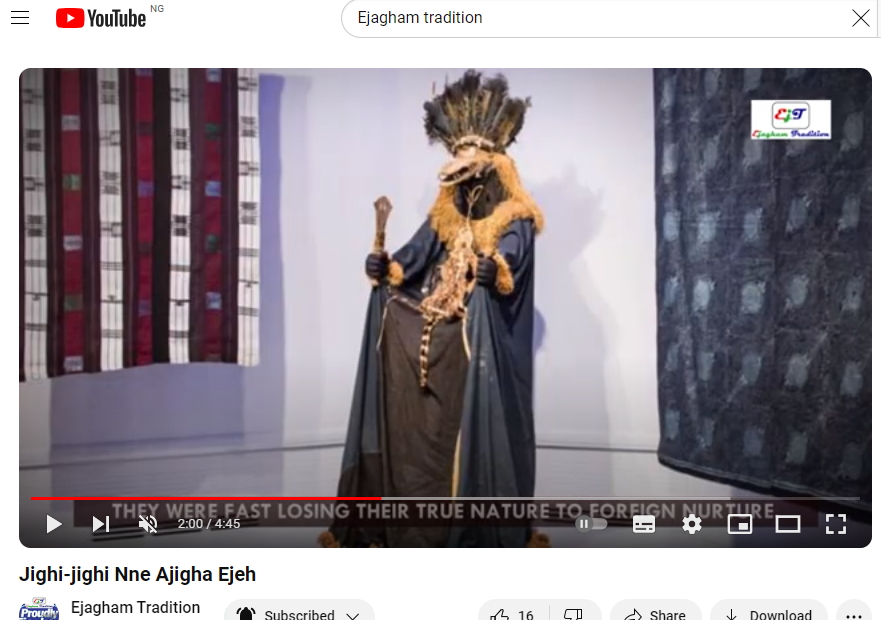
Having watched that short rendition, the first question for you today is: What does it mean to you to be Ejagham?
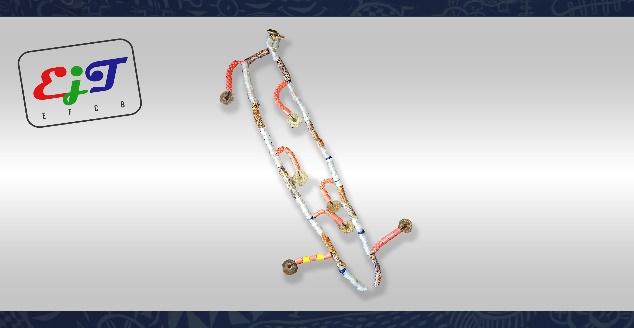
Ejagham Tradition Centre (EjT) is a heritage organisation whose mission is to Host, Promote, Harness and Update Ejagham Traditional Practices and Cultural Expressions in order to Safeguard and Preserve Ejagham Tradition as a true Legacy of Ejagham People. Our Vision is to be a one-stop-shop for information and data about, relating to and concerning Ejagham heritage. The strategy we have adopted to achieve our mission, vision and objectives is to Document, Digitalise and Disseminate (Triple-D) Ejagham Traditional Practices and Cultural Expressions to Ejaham People and Local Communities and, of course, the global audience at large. This is EjT’s Triple-D Strategy. The scope of our mission, vision and objectives include, but are not limited to: Oral tradition & Literature, Performing Arts, Knowledge and Skills to Produce Traditional Crafts, Ejagham sights & sounds, Social Practices & Festive Events, Knowledge and Practices concerning Nature and the Universe.
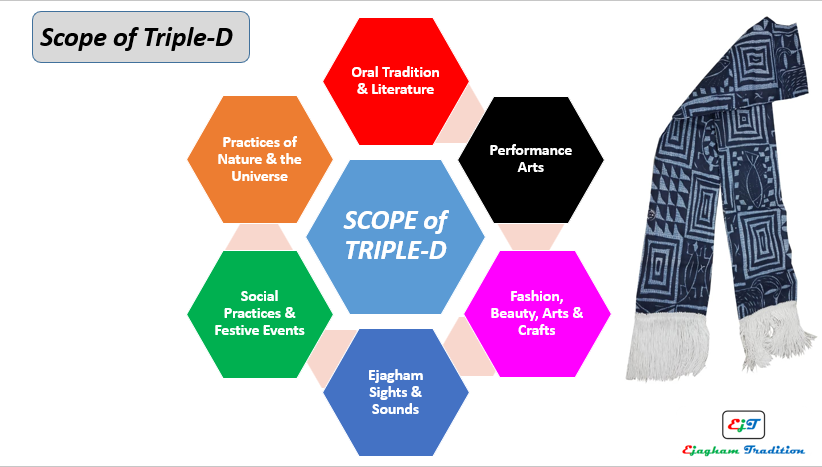
It is obvious from the above that there is no lack of heritage topics to choose from, but we did not just choose a topic as our kick-off project; we took the heritage temperature of the Ejagham people to determine what heritage topic was of immediate concern to most. Hence, it would be a legitimate question if you asked – how did we determine that Ejagham Language Codification (ELC) – whose product is the Revised Ejagham Language Orthography (RELO) – was the topic and hence the project? Ladies and Gentlemen, permit me to briefly tell the story of how we got here.
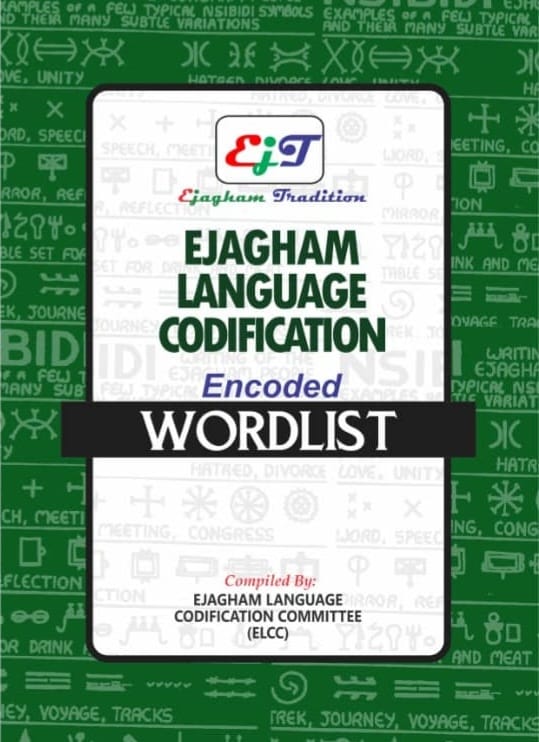
As of December 2017, I had not spent Christmas at home (Nigeria) in a long time, so I was really missing home. During discussions with my wife and son, somehow, the discussion centred around tradition and how most tribes were generally losing grip of their traditions. To compensate for this homesickness, I said I would surf the internet for Ejagham traditional entertainment so that we could enjoy Ejagham culture even though we were far away from home. It is common knowledge that ‘there is very little you cannot find on the internet nowadays’. Of course, young people – being young people – my son, Njieno, went ahead of me in search of Ejagham traditional entertainment on the internet. Unfortunately, the feedback from my son was negative, that it was not just traditional entertainment but information about Ejagham was very sketchy on the internet. Sadly, Ladies and Gentlemen, it turned out that Ejagham tradition was among the ‘very little you could not find on the internet nowadays’.
Later that day, while in the parking lot after grocery shopping, Njieno asked me, “Daddy, how come there wasn’t much on Ejagham, but there was so much information on other Nigerian tribes?” Attempting to answer the question was very challenging. I was really heartbroken; needless to say, I did not have a valid answer. That was when it hit me that something had to be done. A deep dive into getting the answer to the question quickly revealed to me that Ejagham heritage is at risk of Erosion, Dilution, Adulteration, Misinterpretation, and, in some cases, Extinction.
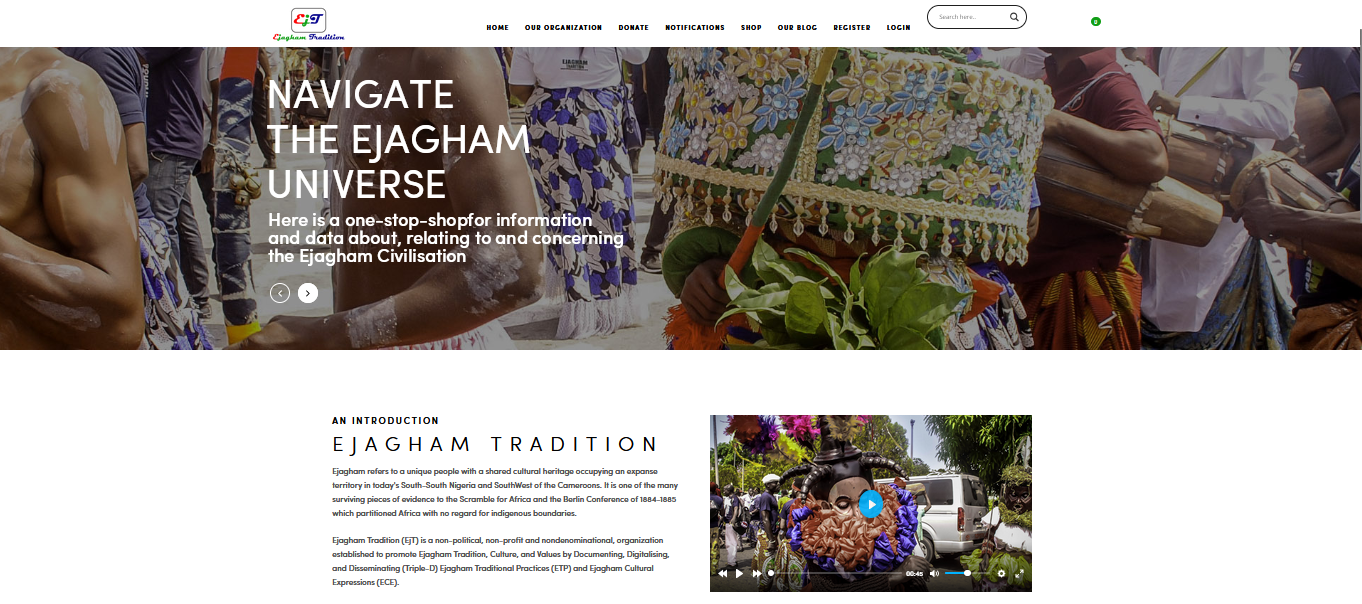
https://www.ejaghamtradition.org/
So, I explored solutions and reached the conclusion that to avoid another child and indeed future Ejagham generations having similar experiences as my son, and to mitigate against the aforementioned risks that our heritage faces, there is a need to Document, Digitalise and Disseminate Ejagham heritage. I also concluded that if it must have the desired scalable effects then it must be done collectively as a people. My conviction was that documenting, digitalising and disseminating Ejagham heritage will enable us to tell our story and do so in the best way possible. Given my experience in the corporate environment, I was convinced that to effect meaningful and sustainable change in a challenge of this magnitude, a special-purpose vehicle was required. Hence, EjT was registered at the Nigerian Corporate Affairs Commission, an EjT website was commissioned, and the scouting for members and interested Ejagham Stakeholders ensued.
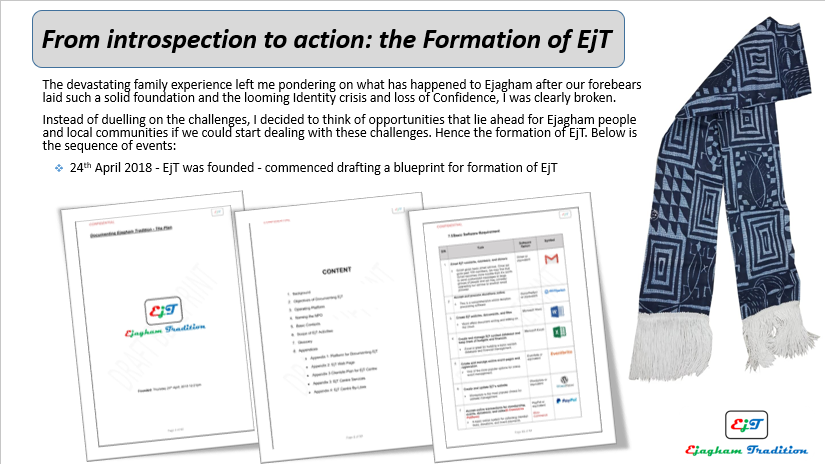
Amongst others, I approached one, Dr. (now) Prof. Raphael Offiong, who not only supported the idea of EjT but promised to rally the Ejagham academia community of practice to the idea. He did, and in June 2019, the Ejagham Academia League was formed. Not long after, an inaugural Ejagham Academia League conference, supported by EjT, was organised. In that conference, Prof. Stella Ansa spoke. In her speech, she lamented about the risk of extinction of the Ejagham language and offered to apply her professional skills as a Linguist to arrest the situation if required. Little did she know that EjT was watching and listening with intent. In that conference, EjT conducted a survey in which protecting the Ejagham language from extinction was paramount. Prior to the conference Prof. Raphael Offiong formed an Ejagham Academia League WhatsApp group in which I was a fly on the wall. In all their chats, no other frustration came close to the fact that Ejagham language was going extant.
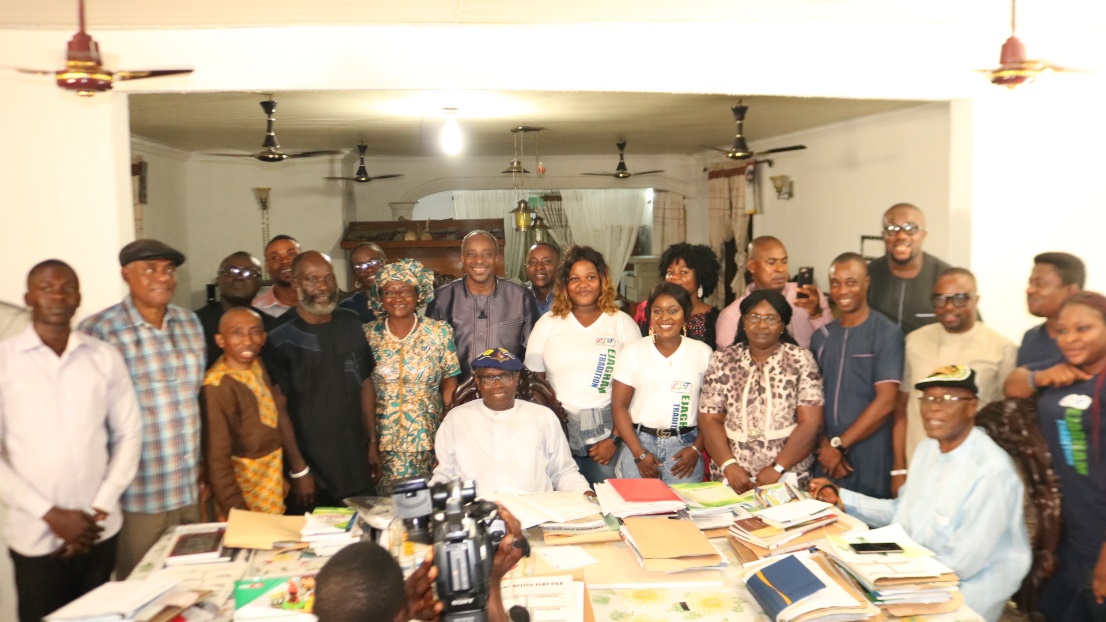
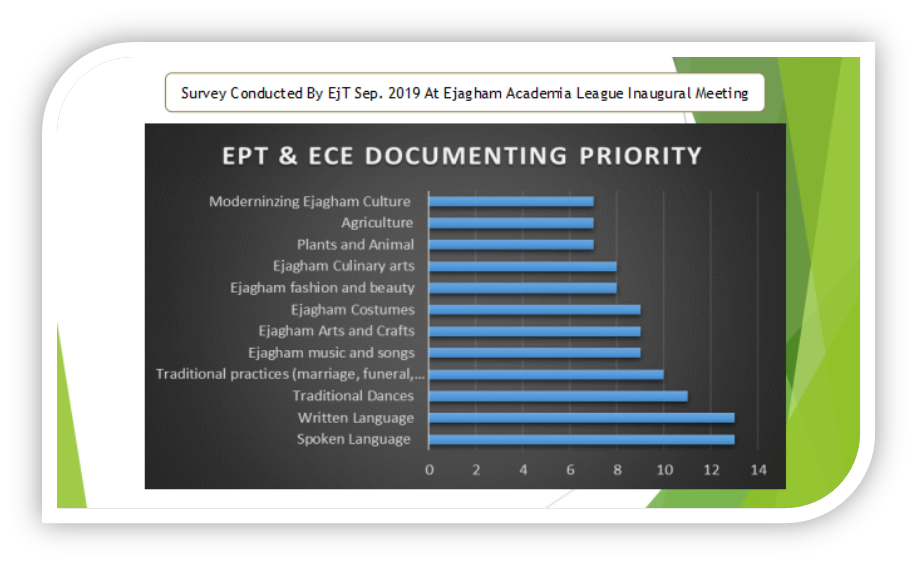
Subsequently, EjT organised the first ever Ejagham Talk Show in which Ndua Chief Edet Ekpo, Mr. Igbe Aruku, Ntufam Prof. Sandy Onor, Rev. Fr. Dr. Felix Eja Ojong, Ntunkae Grace Eyo Ita and young D.C. Ekup-Nse were panellists. In that event, Ndua Chief Edet Ekpo said, and I quote, “… doing this will entail Ejagham working out a sort of CENTRAL LANGUAGE which is understandable by every group”. Also, Rev. Fr. Dr Felix Eja Ojong said, and I quote, “… what will help us is LANGUAGE, how to coordinate our different versions of Ejagham. It will help us, but we have to agree on one, Certainly”. Also, the result of a survey at that event showed that protecting the Ejagham language from extinction was paramount.
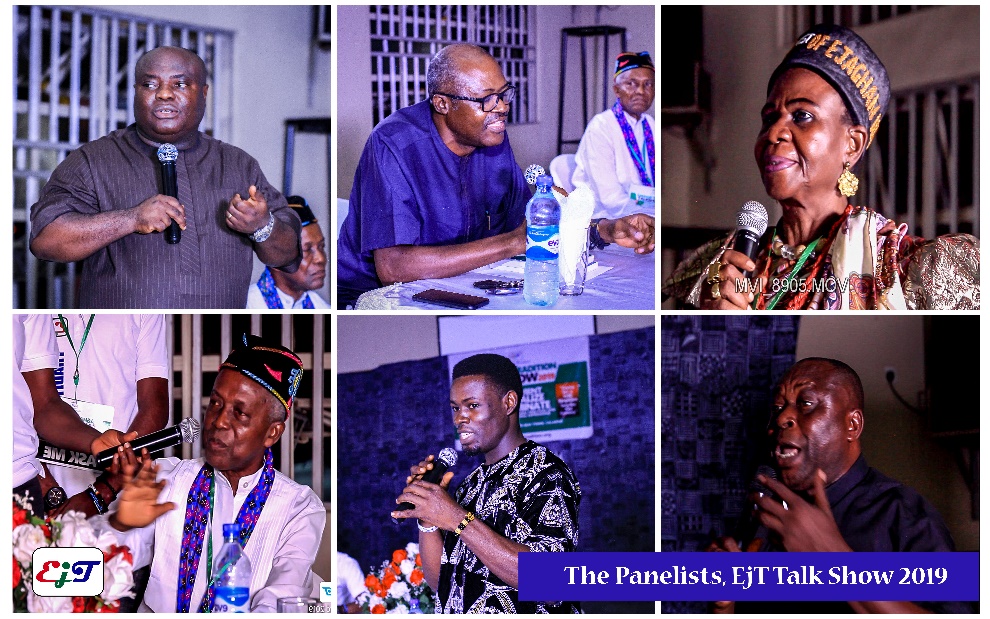
After those two events, it became clear that the consensus among Ejagham people was that protecting the Ejagham language from extinction was paramount. Also, note that three Champions or Advocates of standard Ejagham Language Orthography had emerged, Ndua Chief Edet Ekpo, Prof. Stella Ansa and Rev. Fr. Dr Felix Eja Ojong. Fortunately, one of them is a linguist. No wonder, therefore, that Prof. Stella Ansa became the Chairperson and Rev. Fr. Dr Felix Eja Ojong, being a native Anthropologist, became the Alternate Chairperson of the Ejagham Language Codification Committee (ELCC) when it was inaugurated in 2020. Through their leadership and commitment, the Nigerian Educational Research and Development Council (NERDC) and you are here today.
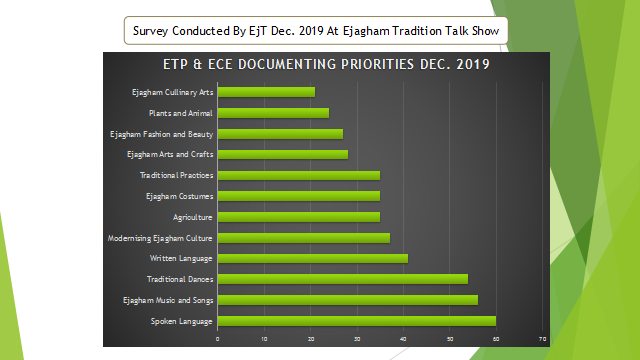
Ejagham tradition was painstakingly developed, protected, preserved and transmitted from one generation to another by our forebears. My unreserved gratitude goes to our forebears for giving us this unique Ejagham identity. However, this unique identity is at risk in the 21st century. The rich traditions, customs, culture and values of the Ejagham people are threatened by modernisation, urbanisation, migration – especially of young people, technology and natural hazards. Our artefacts and antiques are vandalised; there is a debilitating lack of standardisation of Ejagham traditional practices and cultural expressions and a profound inability to harness Ejagham tradition potentials to socio-economic advantage. To put it mildly, these and more are the challenges that we face. In reality, it is a crisis.
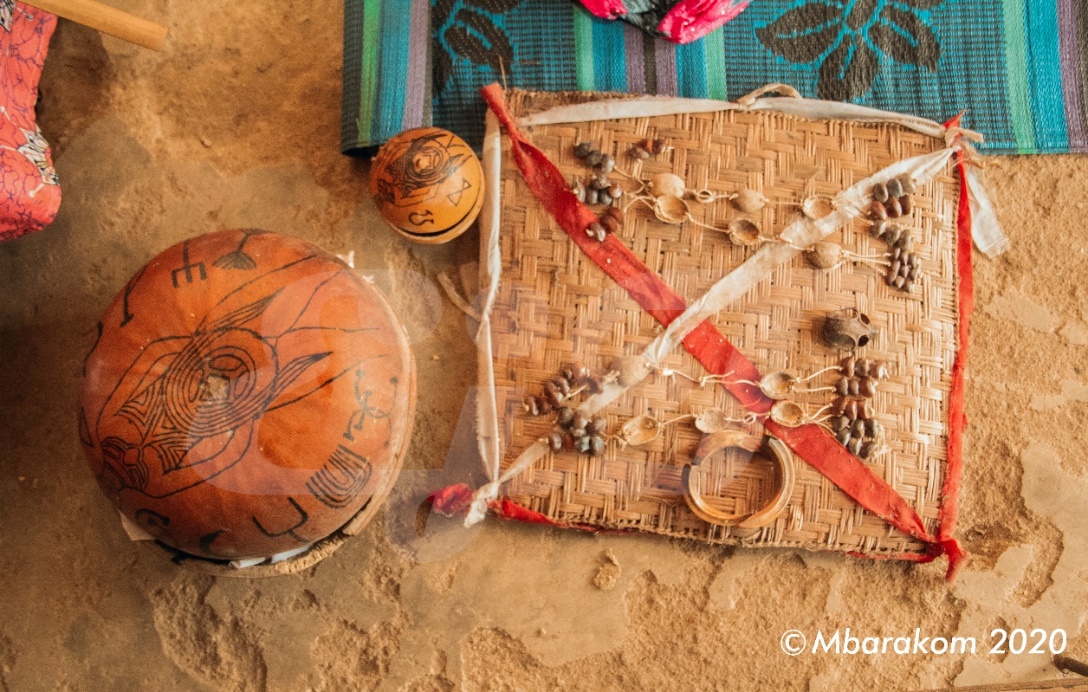
The consequences of this crisis are far-reaching, very damaging and are prevalent today. The manifestation of these consequences directly impacts our mother tongue, Ejagham cuisines, arts and crafts, music, traditional rites, etc. I am happy that we are here today to fix one of them permanently.
One may argue that Ejagham people are already doing a lot to promote Ejagham tradition anyway. Indeed, I would agree. Ejagham people do organise festivals, traditional marriages are still going on in Ejagham communities, coming-of-age ceremonies are still taking place, the academic communities are still conducting research on Ejagham (I hope), Ejagham sons and daughters are still achieving individual milestones, iconic Ejagham institutions like Mgbe, Ekpa, Monenkim, Ache Abo, Obasi-Njom, etc., are still there. Indeed, all these and more are happening in various Ejagham communities to differing degrees.
However, here lies the obvious challenge; these activities are occurring in silos; they are localised and, in most cases, using the same methods of promoting the Ejagham tradition that were used by our forefathers. No wonder, even though the renowned Nsibidi communications system is wholly attributed to Ejagham (according to historians), we are only just here asking the Executive Secretary of NERDC, the Governor of Cross River State and the Commissioner of Education to formalise the teaching of Ejagham language in our learning institutions.
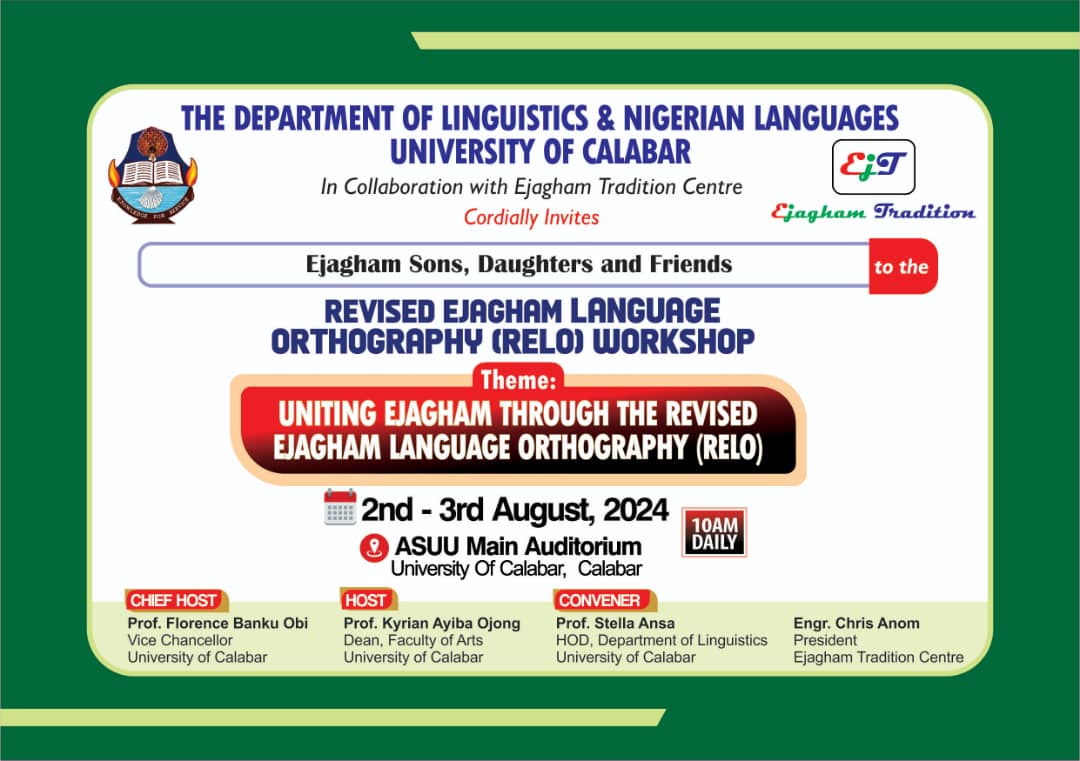
I would like to draw your attention to the Theme of this event: “Uniting Ejagham through the Revised Ejagham Language Orthography”. My dear Ejagham people, I cannot be clearer: our unity as a people is our salvation. Evident by the fact that the entire Ejagham nation (all 7 clusters) is fully represented here today, the Revised Ejagham Language Orthography (RELO) is already working. But RELO is only the beginning, and indeed, we can begin to say goodbye to silo relationships and say welcome to integrated relationships across the Ejagham nation. We need this level of unity going forward. If you think RELO is a big deal, all well and good, but without a doubt, the implementation of RELO across Ejagham nation is even a much bigger deal. We will need the continued support of NERDC, the Executive Governor of CRS, the Commissioner of Education and even more so, the support of Ejagham sons and daughters and their communities to implement RELO effectively.
Ladies and Gentlemen, you have seen for yourself today that there is unity in diversity. All Ejagham clusters with a range of dialectical diversity are present here today to christen a standard orthography. As you are aware, Ejagham is straddled across two countries, Nigeria and Cameroon. Ejagham in Cameroon are fully represented here today. As we look forward to NERDC approval of RELO and subsequently guidance on the implementation of it, similar activities are expected to take place in Cameroon, what I refer to as RELO Episode 1.1. In the same way, Ejagham in Cameroon are fully represented here, I expect that come that time, Ejagham in Nigeria will be fully represented in Cameroon.
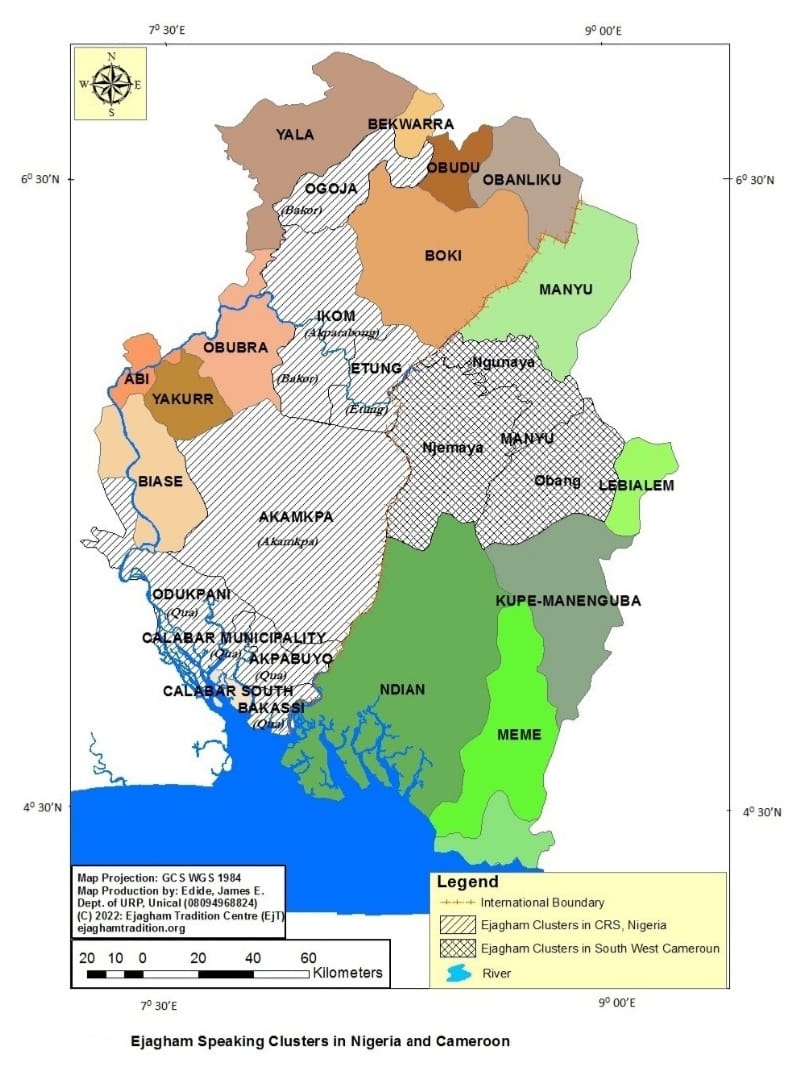
Distinguished participants, RELO and the event today did not happen organically or by mere coincidence. It happened because many people (Ejagham and friends of Ejagham) made commitments, took deliberate actions, and sacrificed time, energy and resources to make this a reality. To all these people, I say thank you from the bottom of my heart. Thanks to everyone who made it to this event today, physically or virtually. As much as I would like to mention all those who supported EjT and, indeed, Ejagham people in these efforts, you know that it is not practical. However, I would like to acknowledge some persons and organisations for their outstanding support, some of which were absolute show-stoppers if we did not receive that support.
-
- Prof. Stella Ansa, HOD Department of Linguistics and Nigerian Language and Chairperson ELCC
- Rev. Fr. Dr. Felix Eja Ojong, Alternate Chairperson ELCC
- Prof. Bassey Okon, Coordinator Ejagham Language Codification Technical Team and her team
- Prof. Imelda Udoh, President, Linguistic Association of Nigeria (LAN).
- Prof. Magdalene Bakume Nkongho – Ejagham Language Codification Consultant, Ejagham in Cameroon
- HRH Chief Moses Obnofunde, President South West (Cameroon) Chiefs Conference (SWCC)
- All the Encoded Wordlist voice-over actors
- All the Encoded Wordlist validators
- Iyamba Hon. Dr. Agbornduku Eret, EjT VP Ejagham in Cameroon
- Ugban Ibu Monkom, EjT VP Ejagham Bakor
- Nta Ben Ntui, EjT Contracts and Procurement Executive
- Nta D. C. Ekup-Nse, EjT Secretary and Corporate Relations Executive,
- Bakor Traditional Rulers Council
- Ejagham Njemaya Development Association (ENDA)
- Mbarakom community
- Our non-Ejagham donors
- Last but not the least – My dear wife.
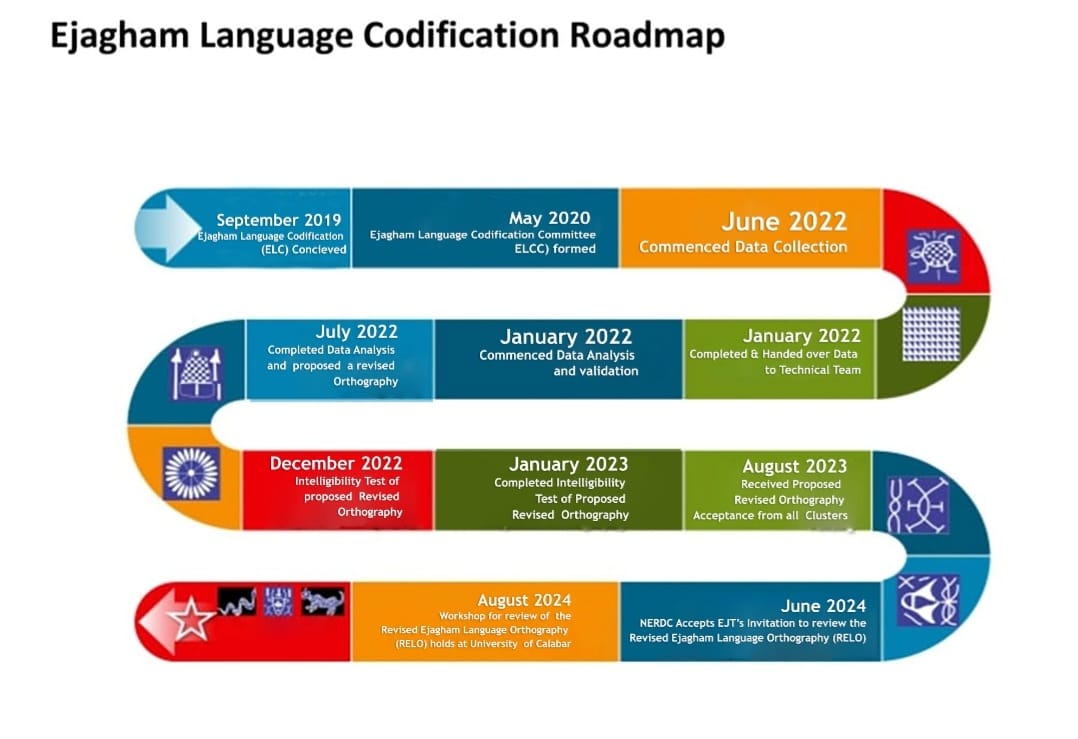
Ladies and Gentlemen, having given you a glimpse of EjT in terms of who we are, what we stand for, the work we are doing, part of which is manifesting in your very eyes, the enormity of the work ahead, etc., I am pleading with all Ejagham sons and daughters to join forces with EjT. Log on to our website at www.ejaghamtradition.org and register with EjT; be part of the next chapters of Ejagham story. Just like Prof. Stella Ansa and Rev. Fr. Dr. Felix Eja Ojong, we need more Champions in a whole range of issues on Ejagham heritage. Remember, we are stronger together than we would ever be divided. Ejagham heritage is a precious gift that one generation must pass on to the next. Come on board, and together, let’s make sure that future Ejagham generations, like you, will have a reason to say Proudly Ejagham.
Long live Ejagham heritage, long live Ejagham nation, long live EjT.
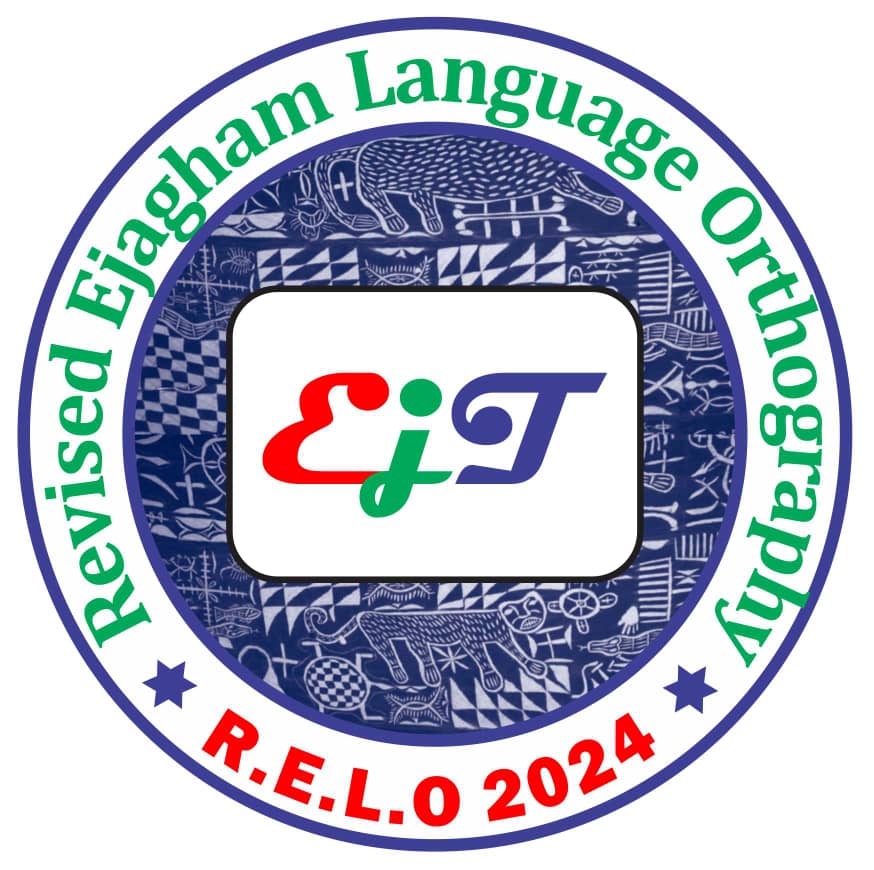
Ejagham nkub wun oh
Ekumi! Ekumi!! Ekumi!!! – Ofam
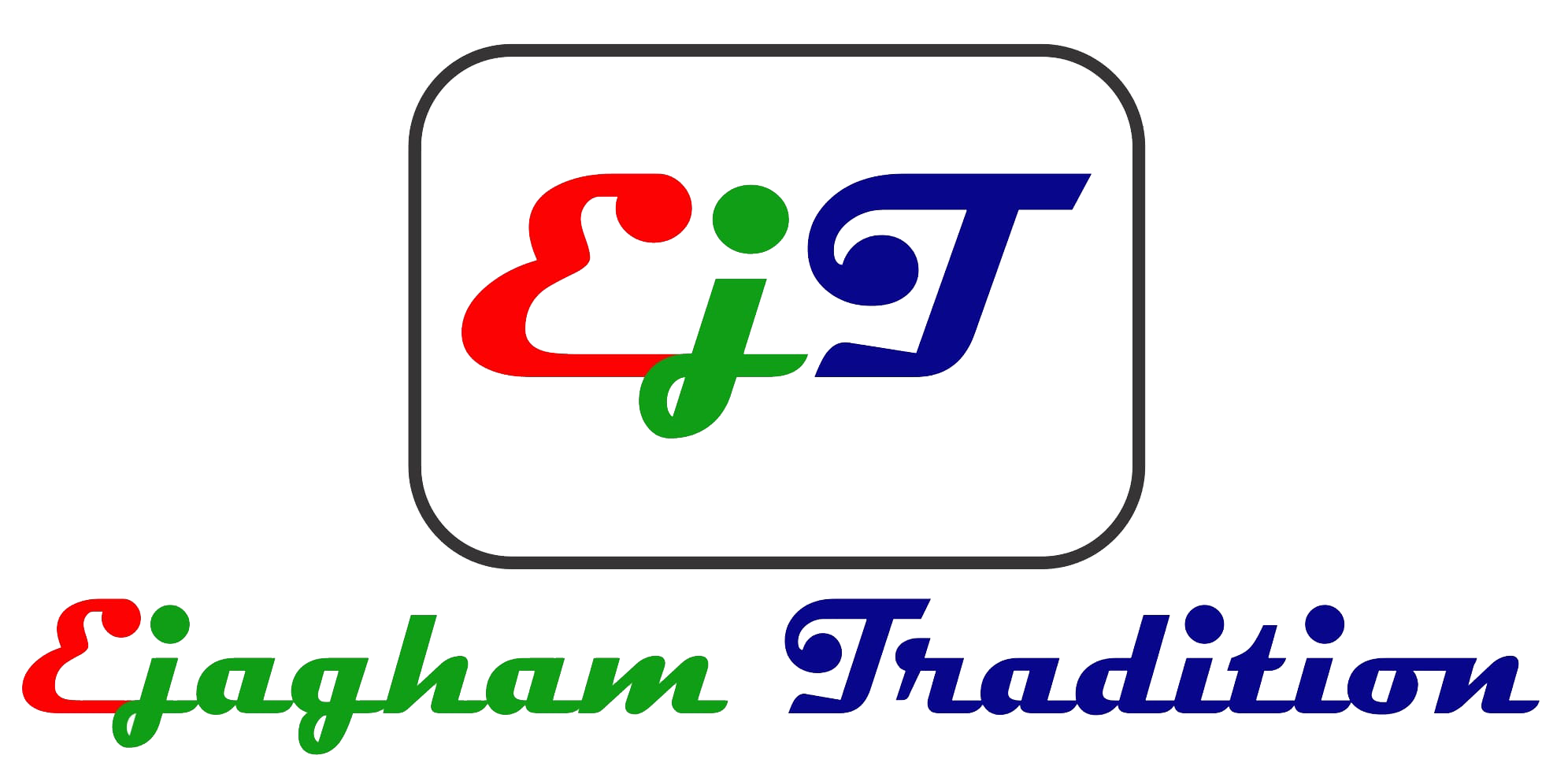
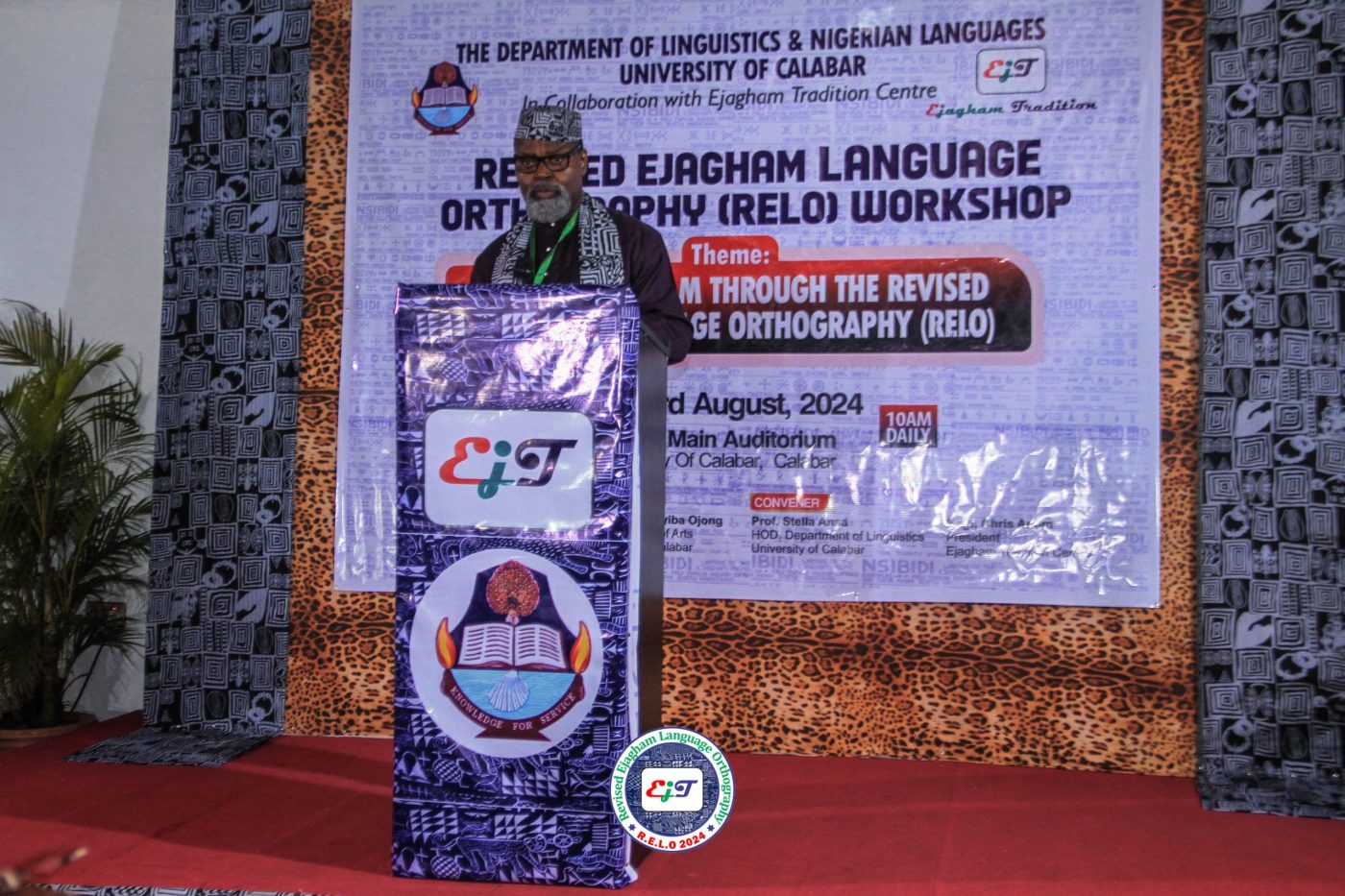
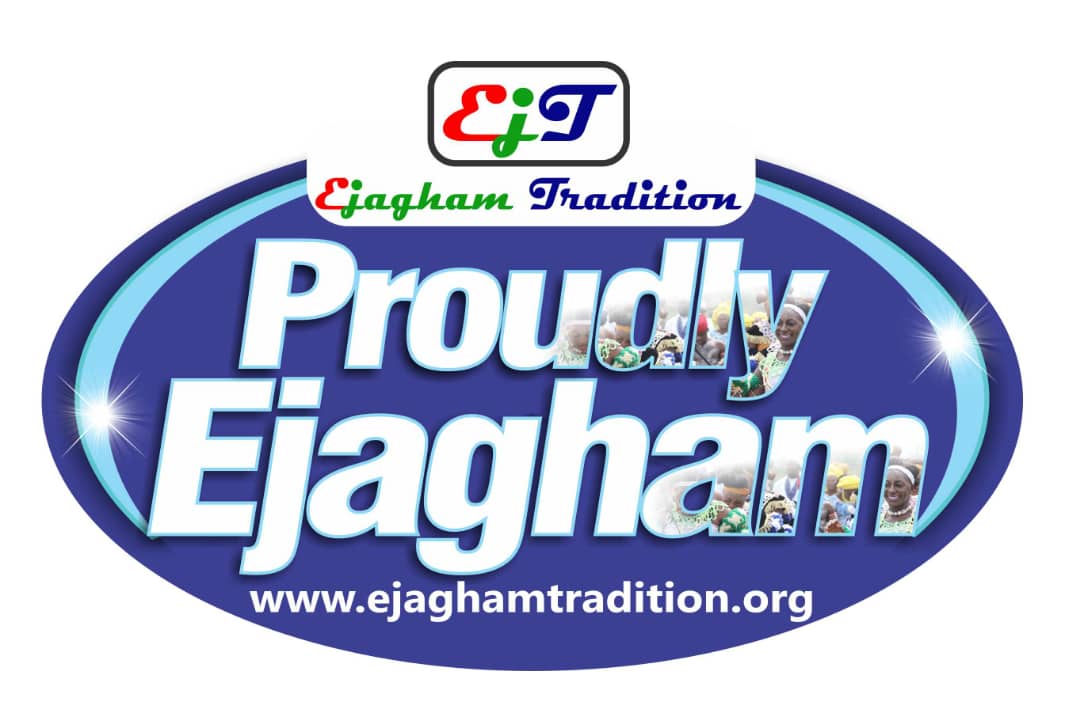
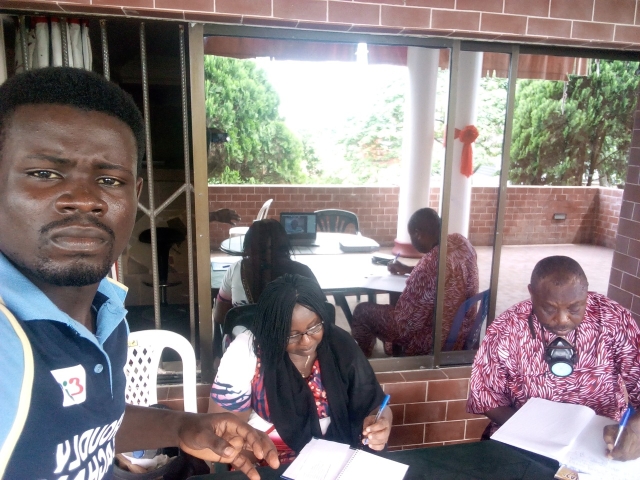
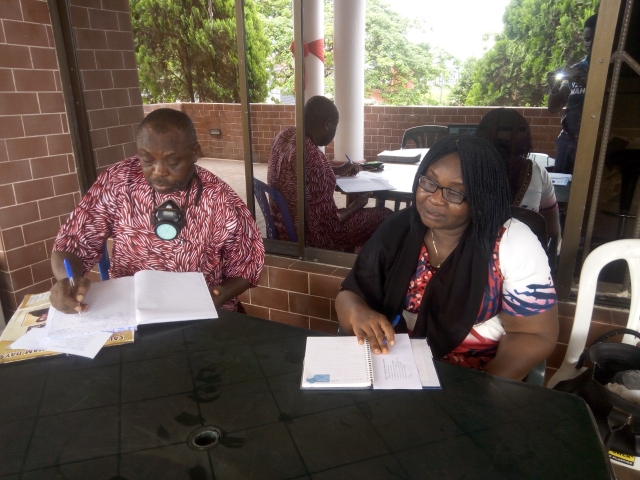
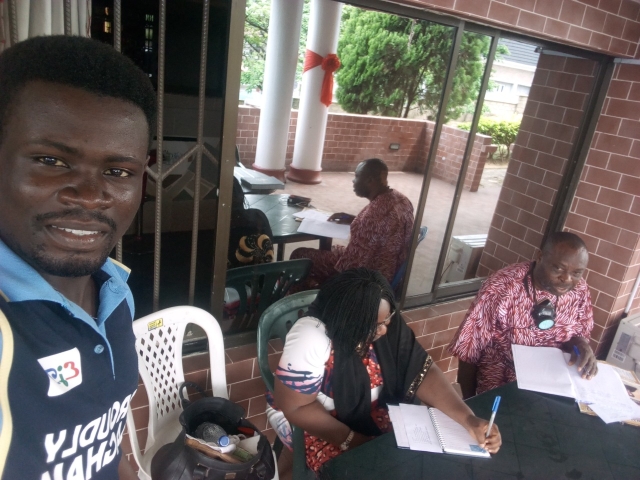
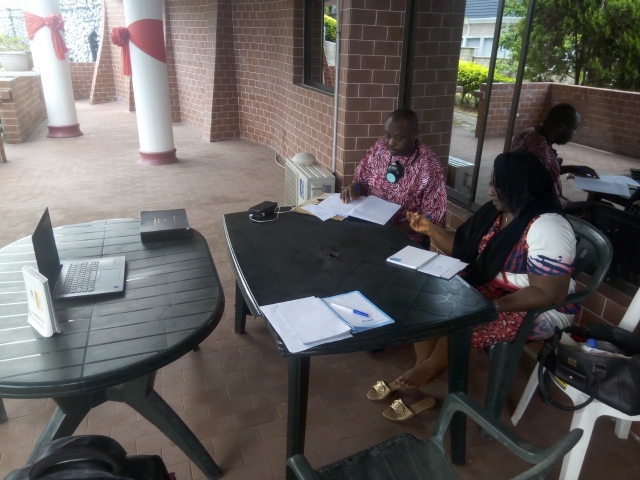
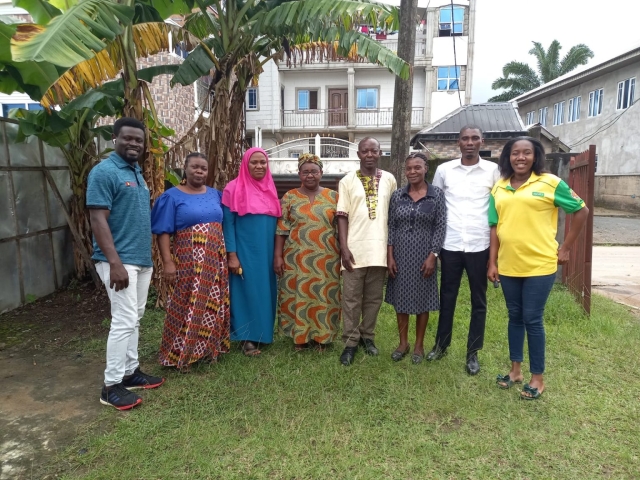
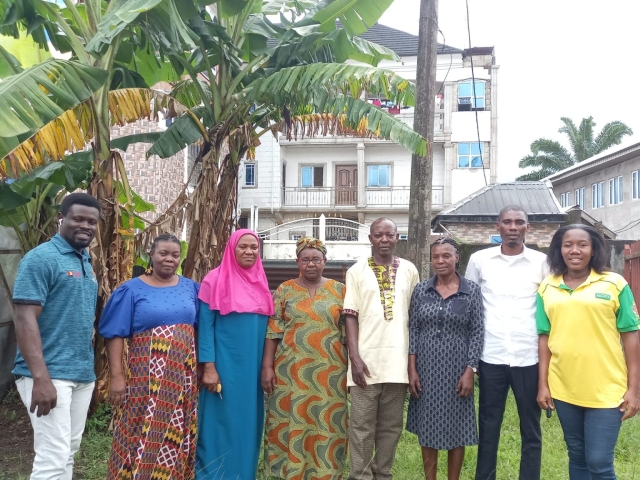
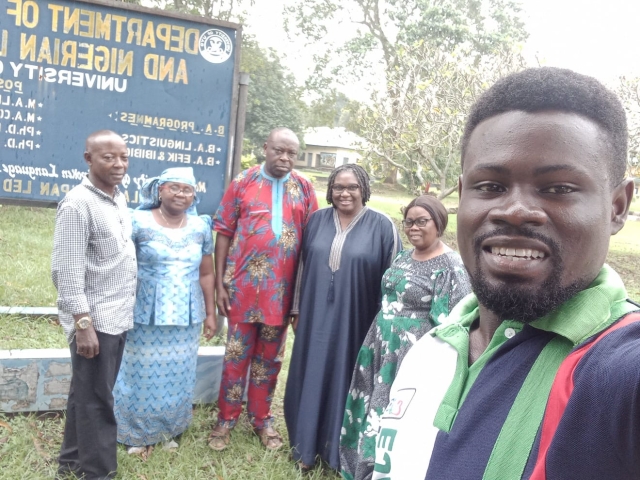
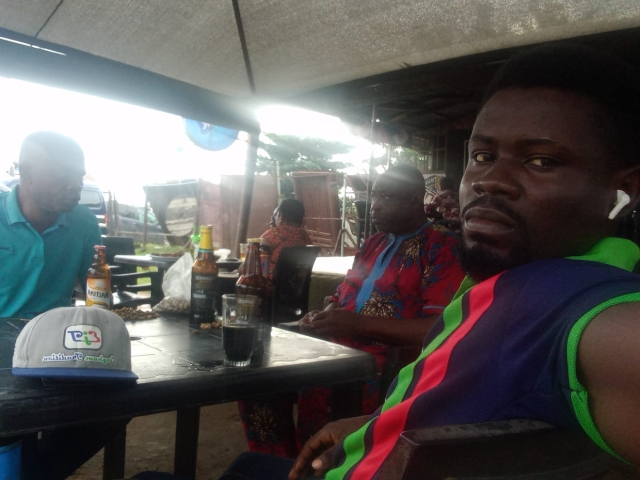
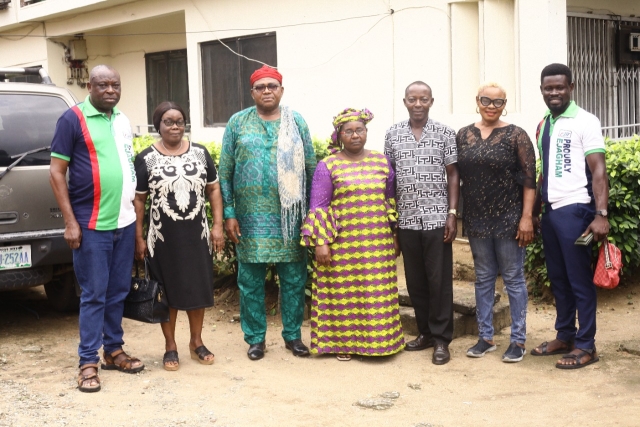
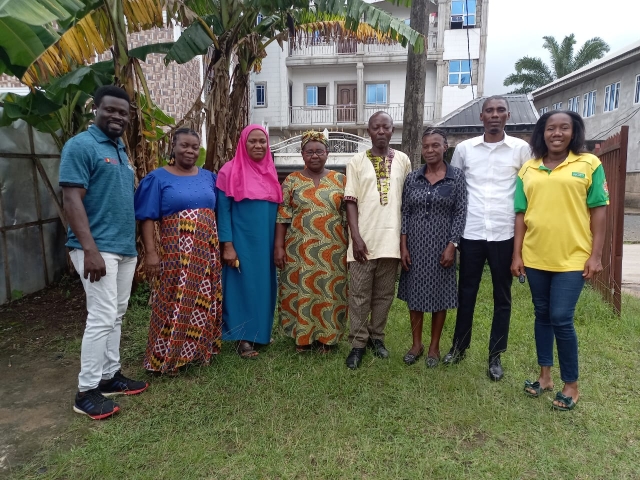
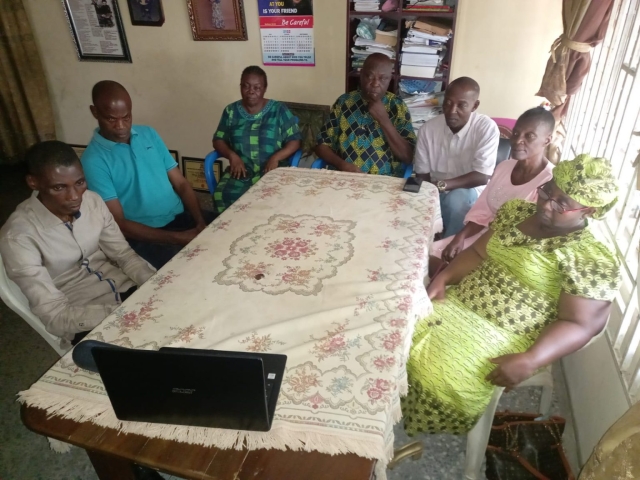
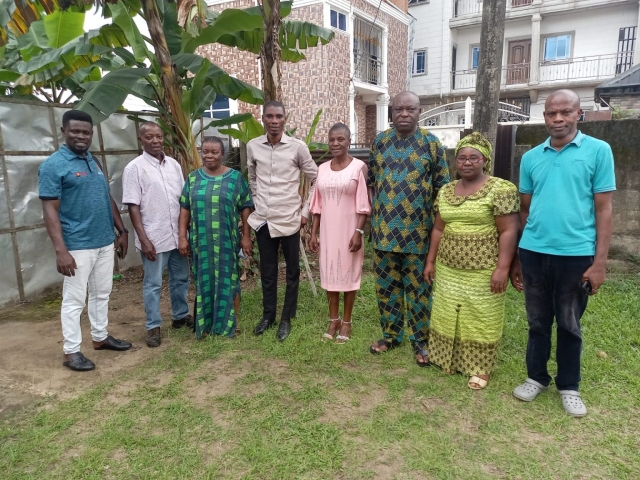
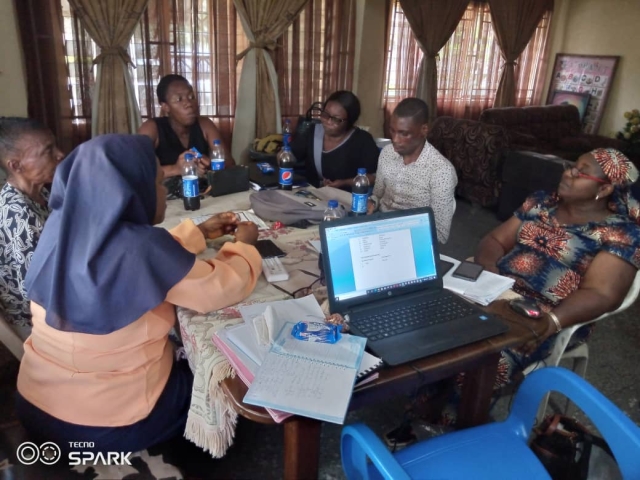
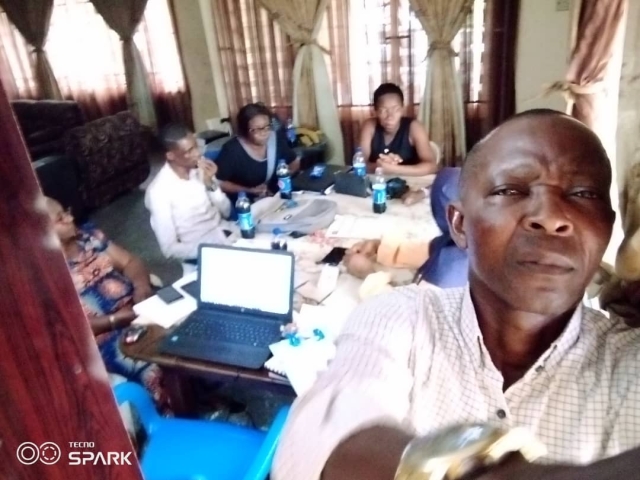
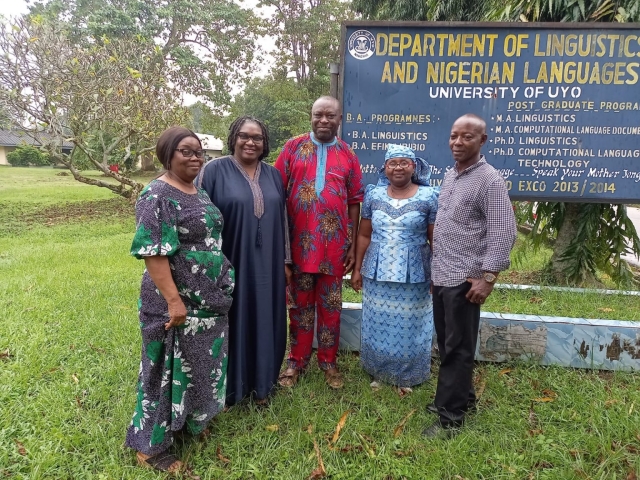
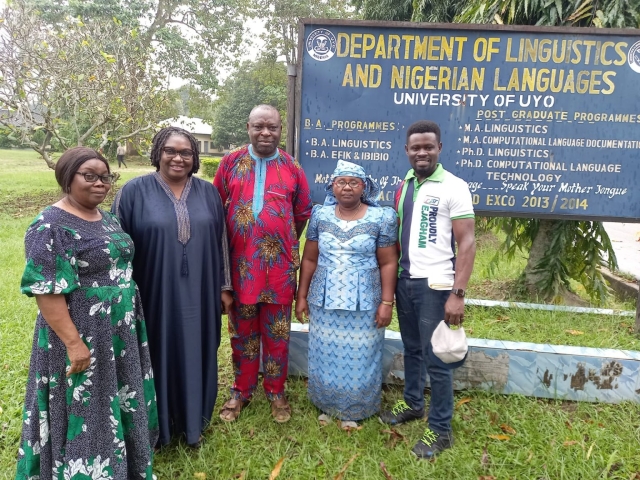
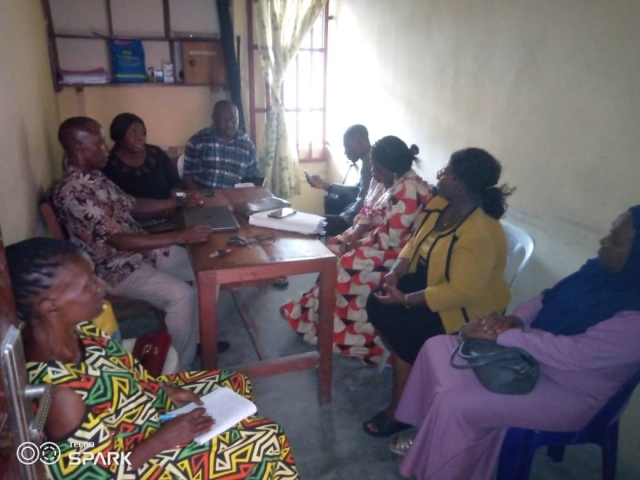
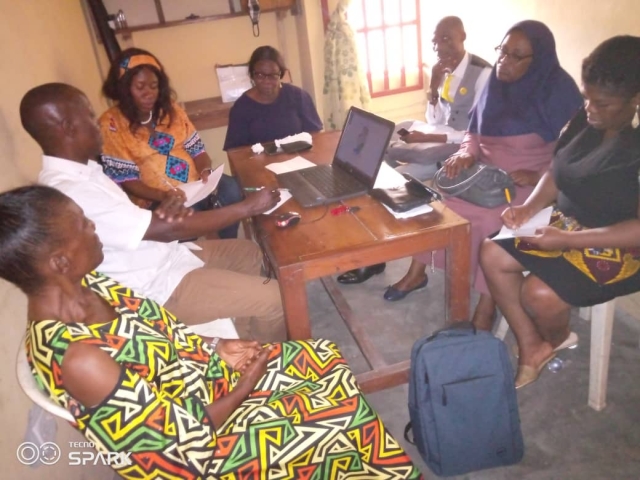
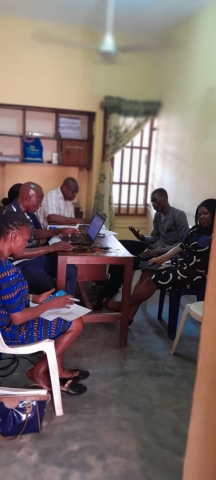
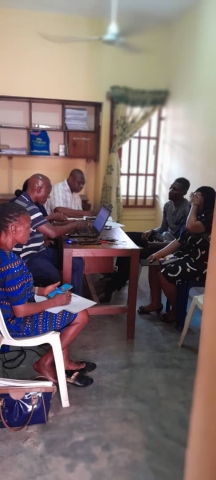
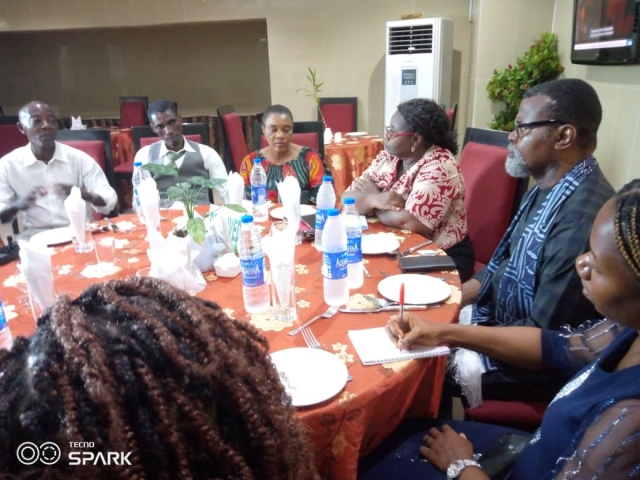
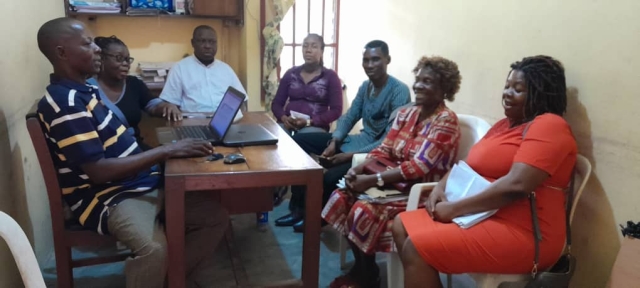
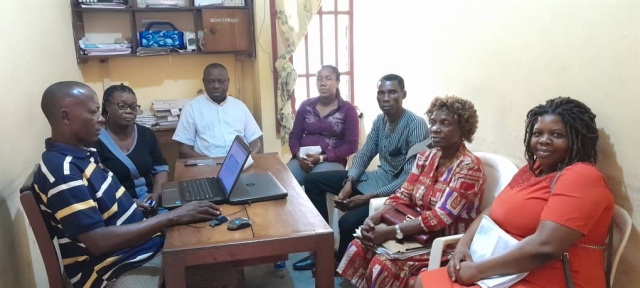
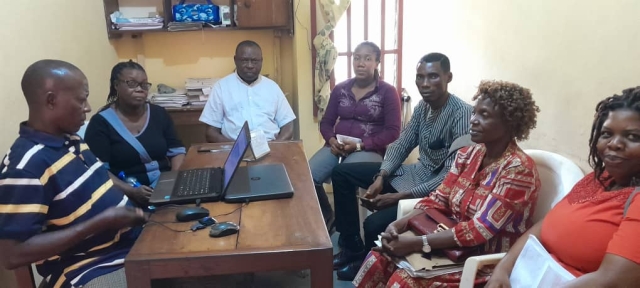
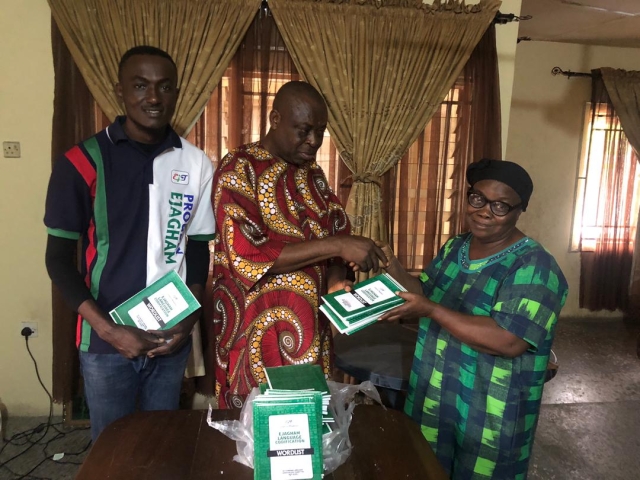
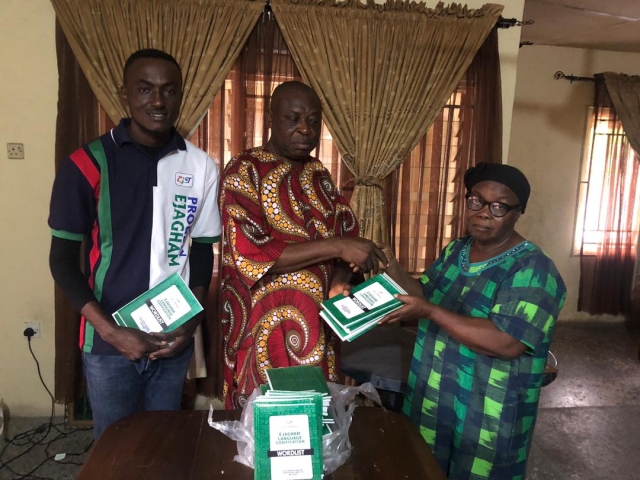
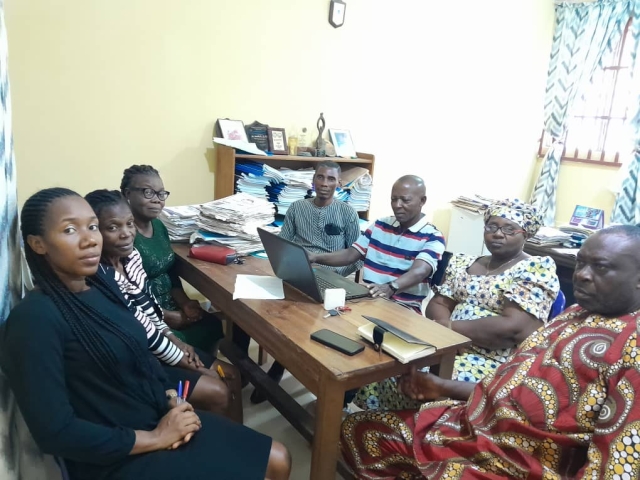
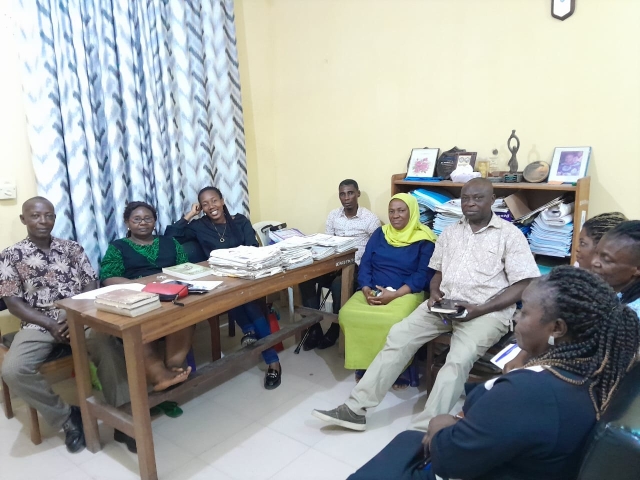
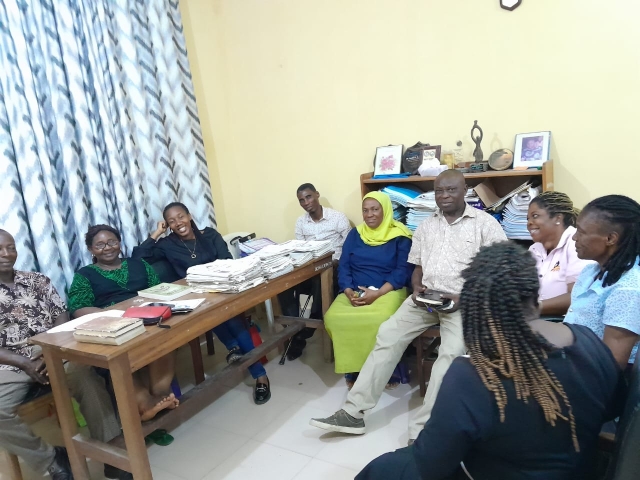
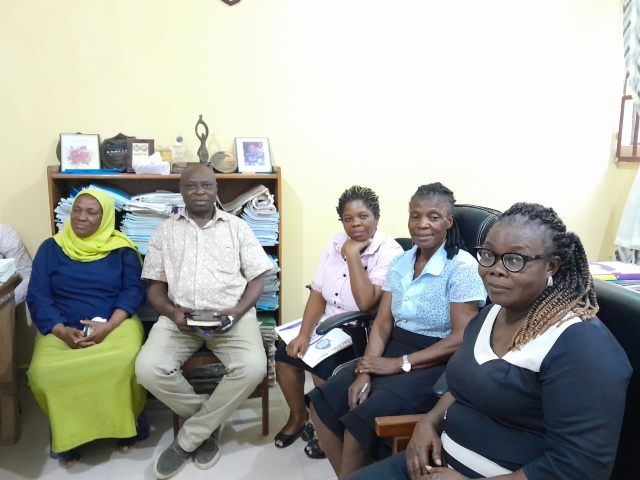
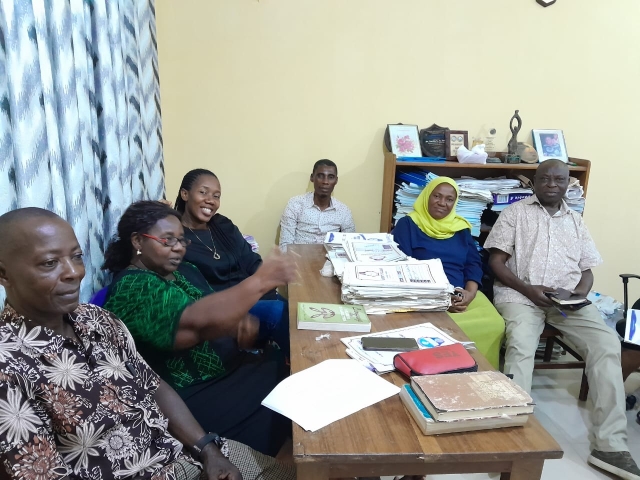
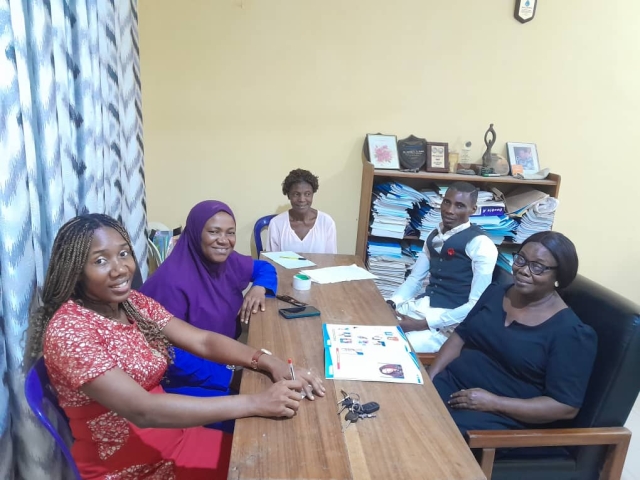
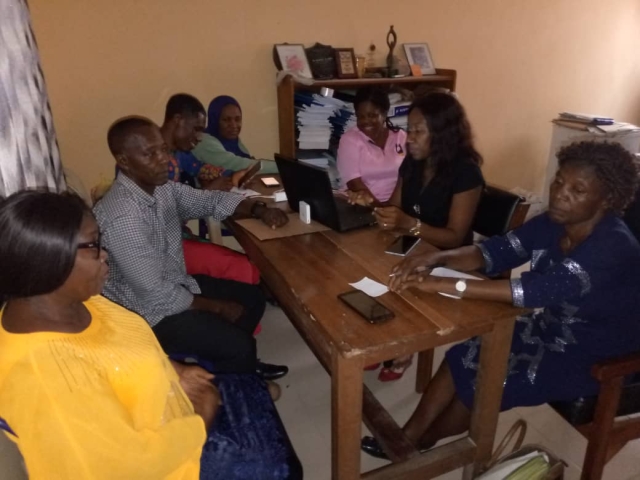
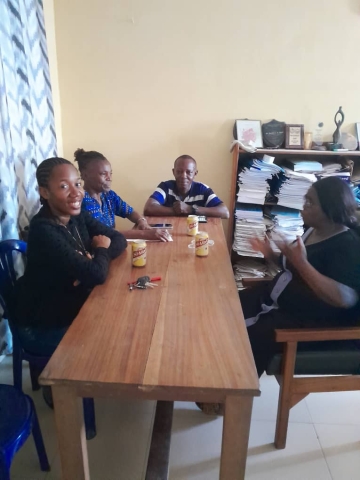
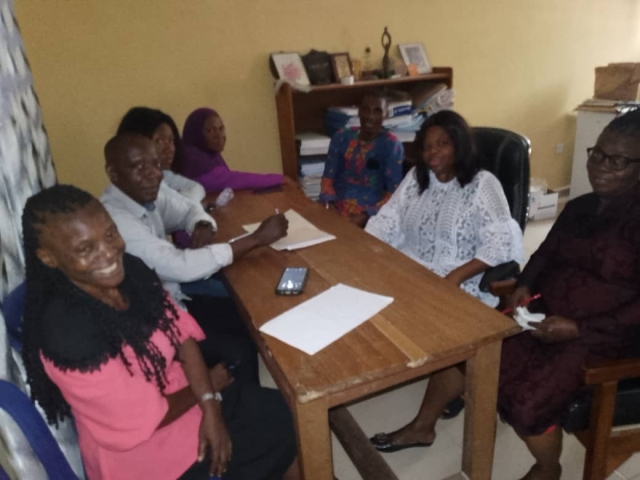
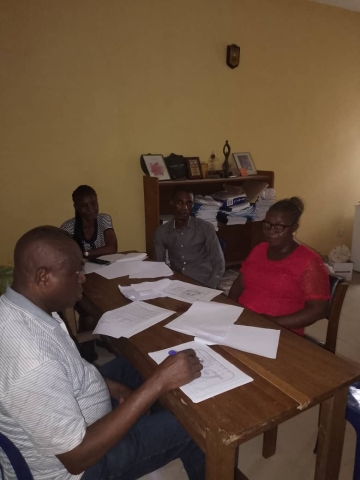
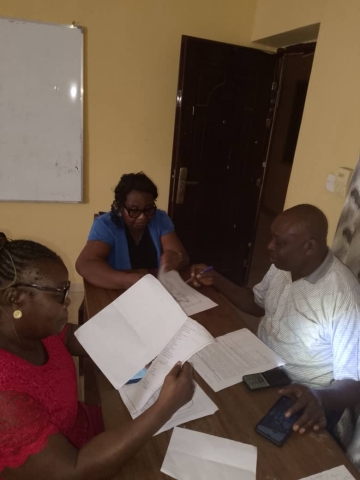
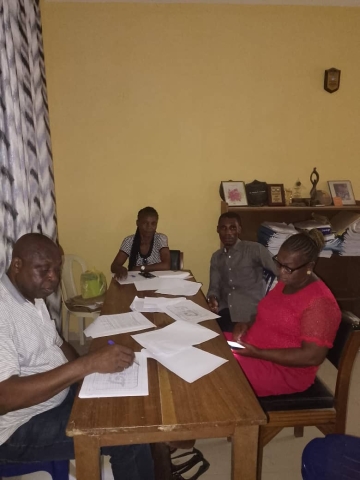
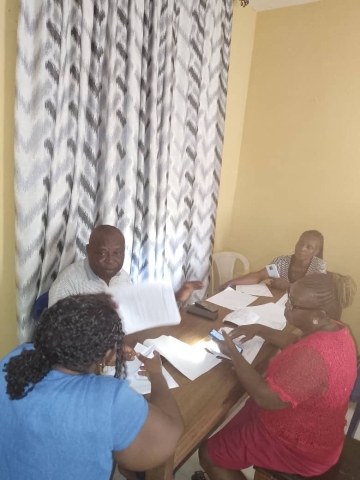
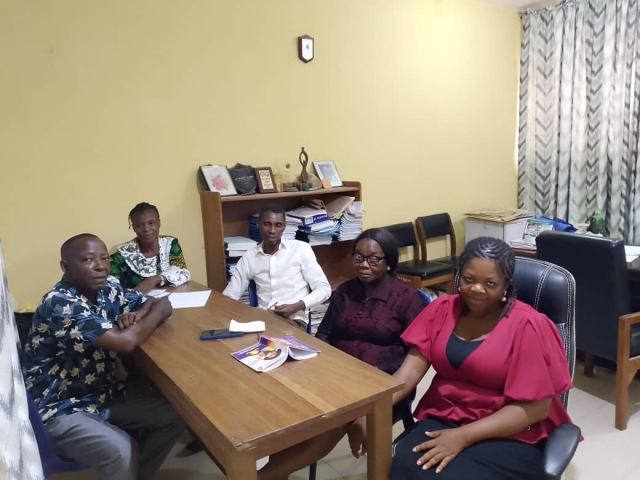
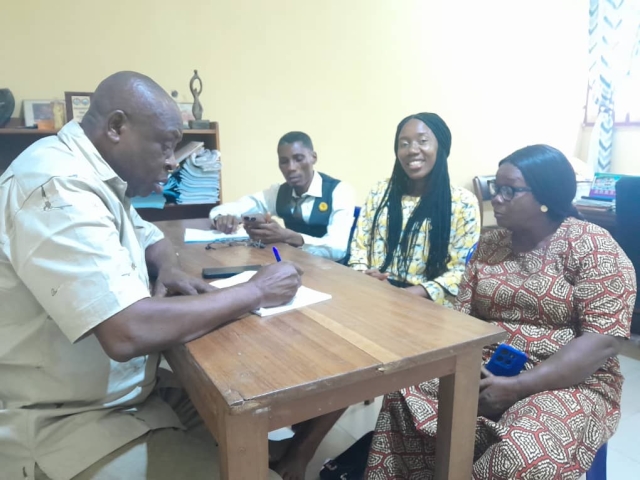
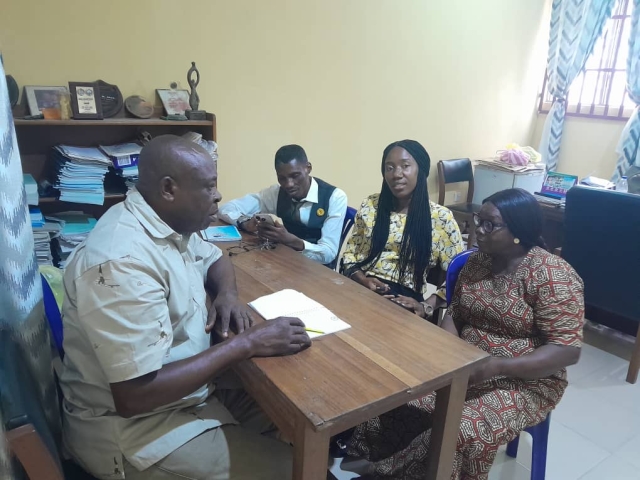
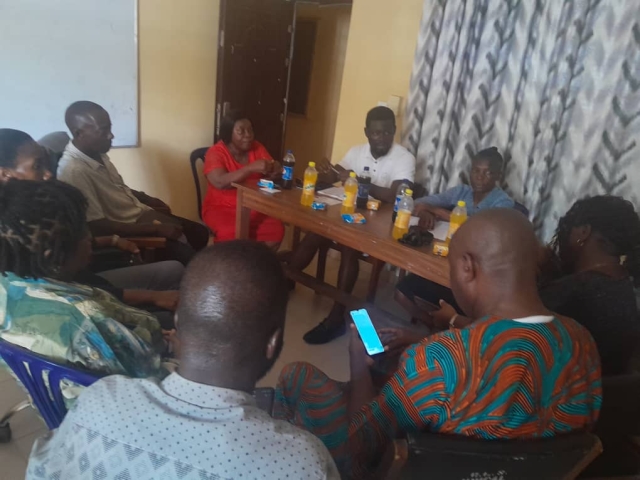
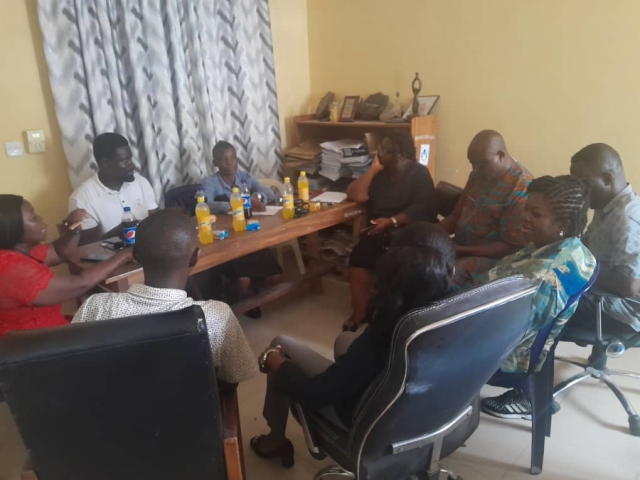
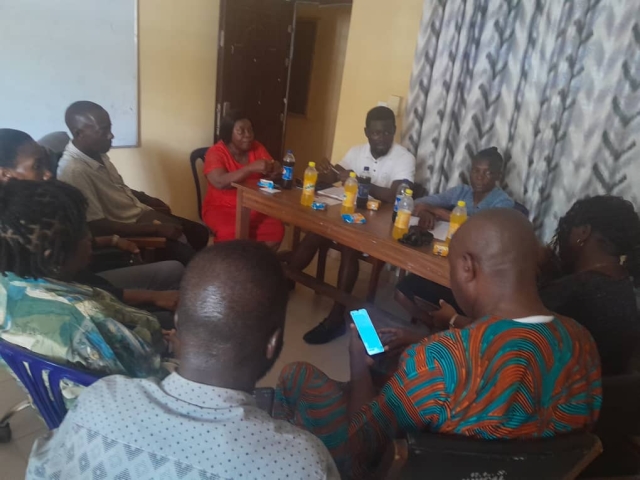
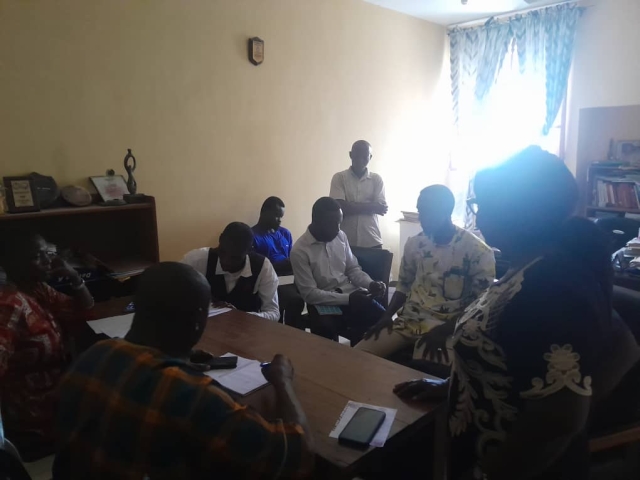
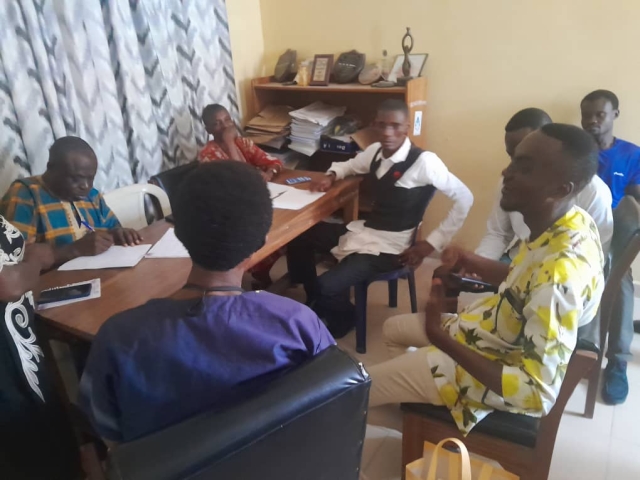
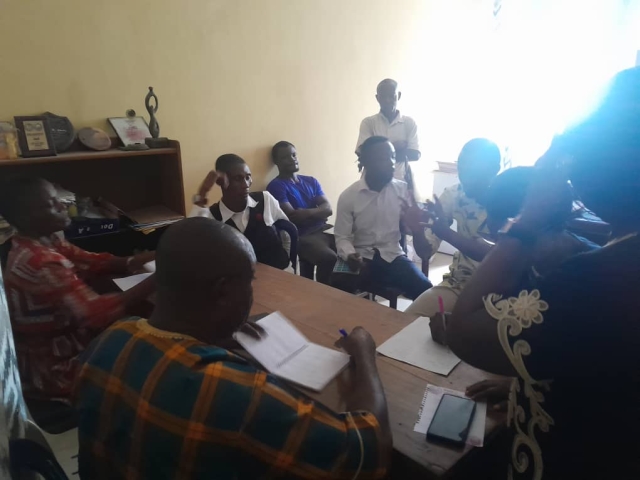
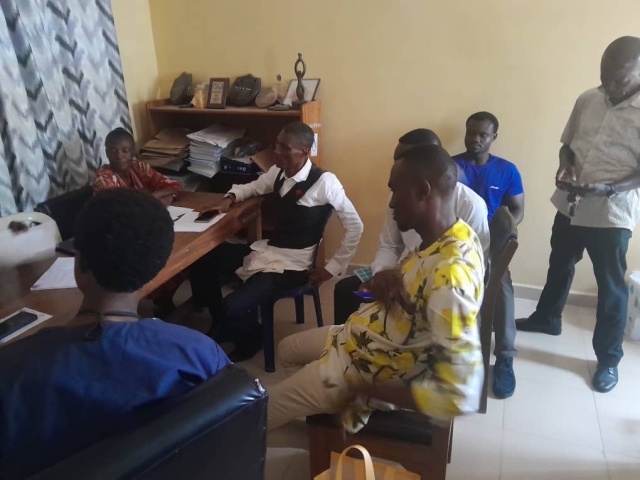
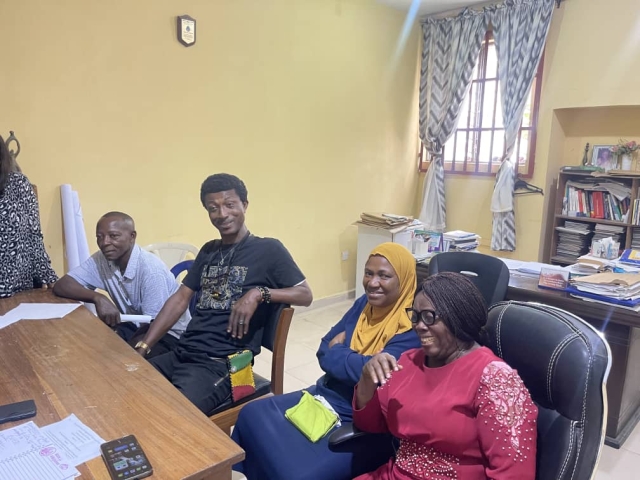
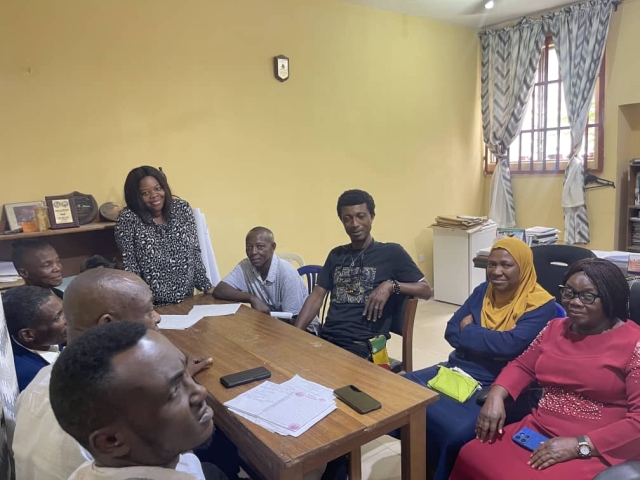
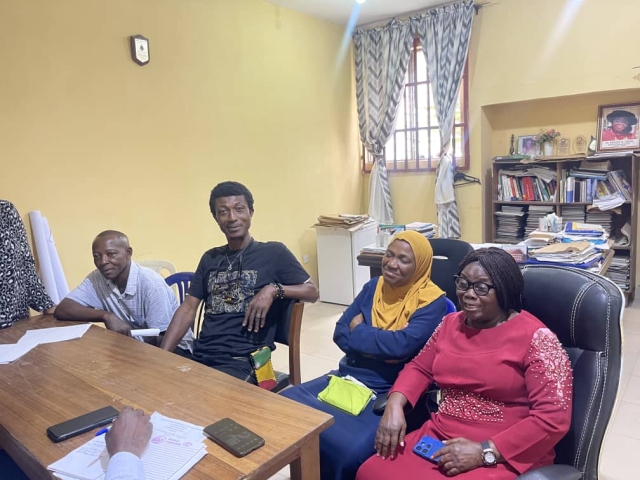
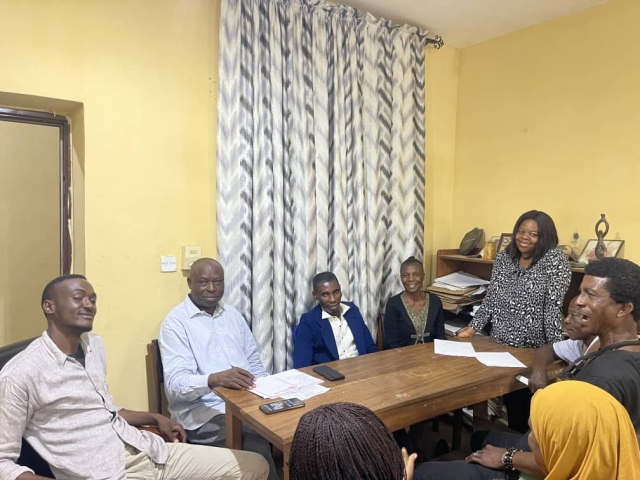
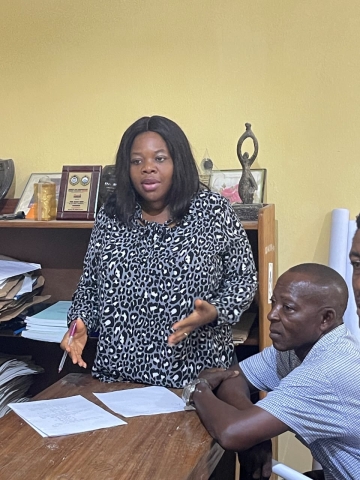
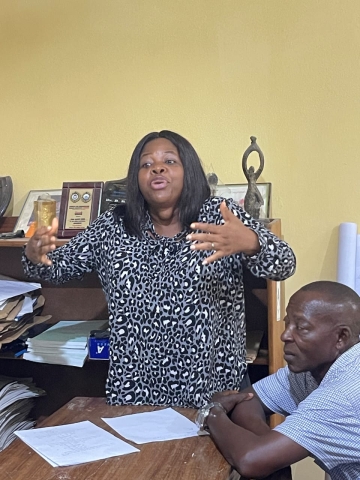
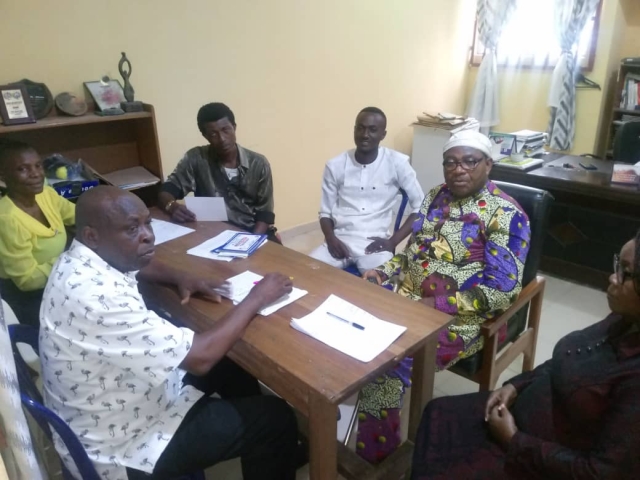
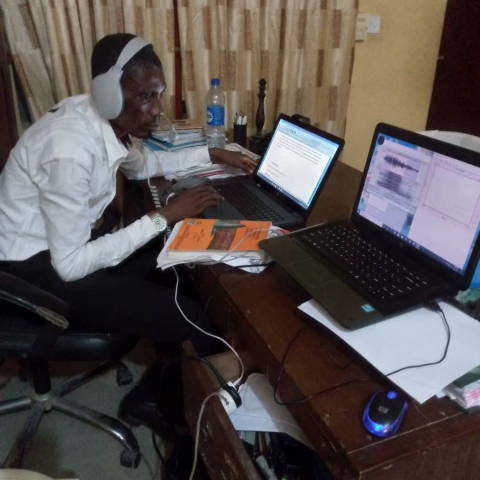
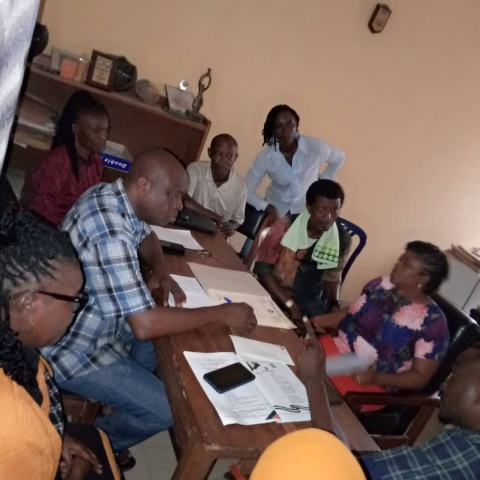
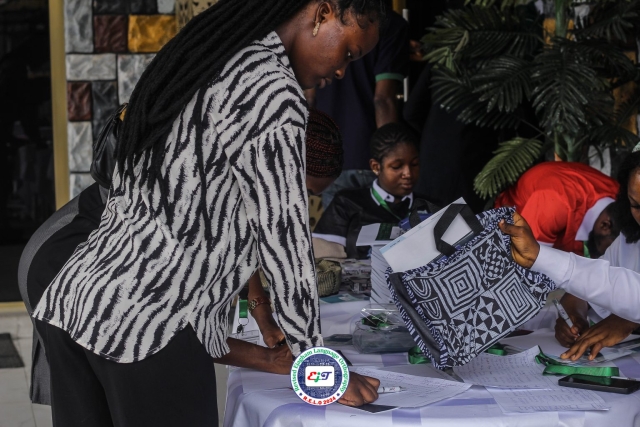
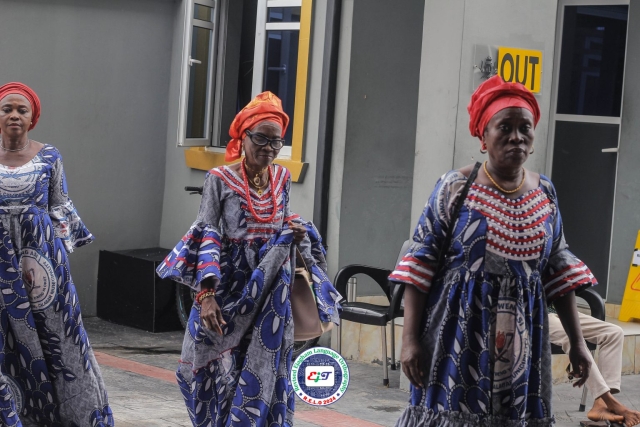
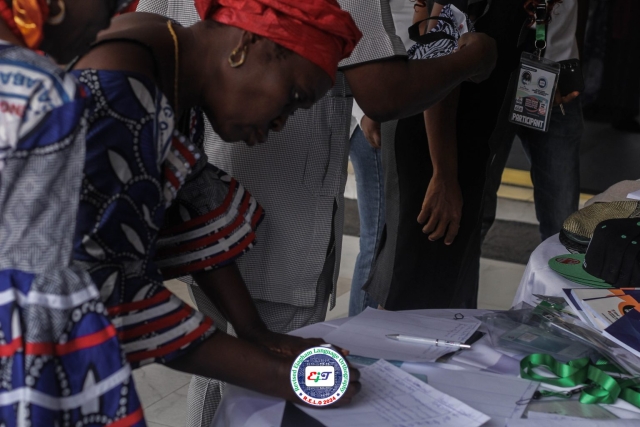
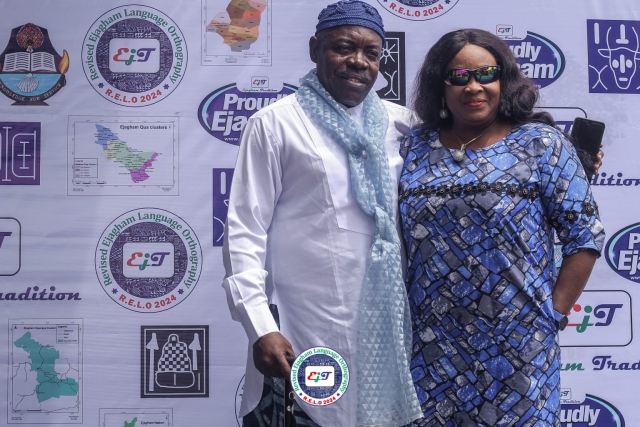
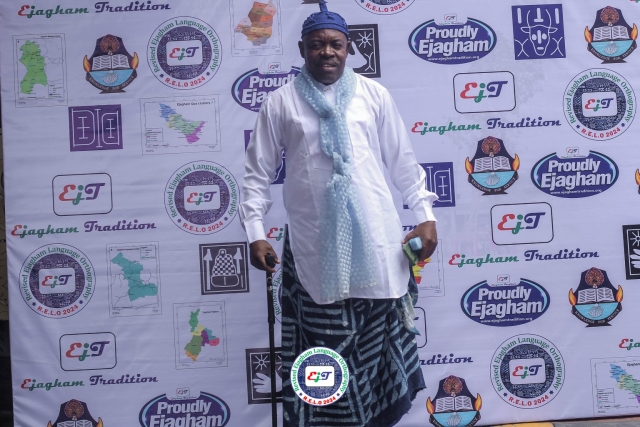
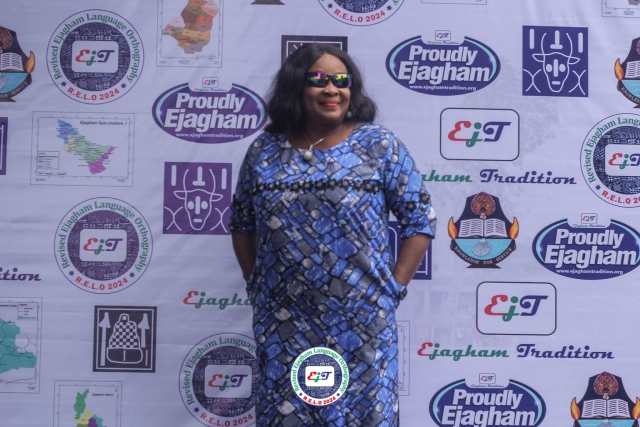
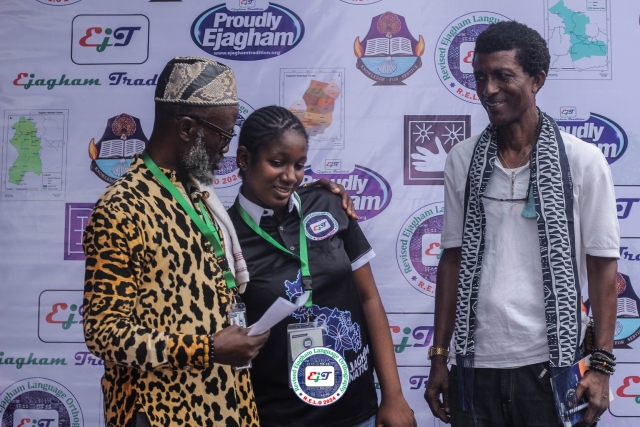
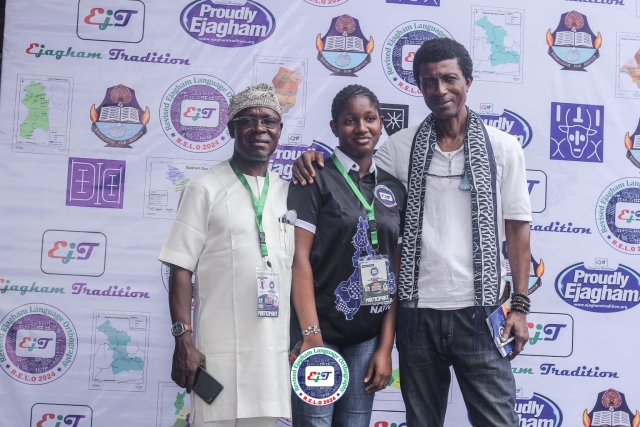
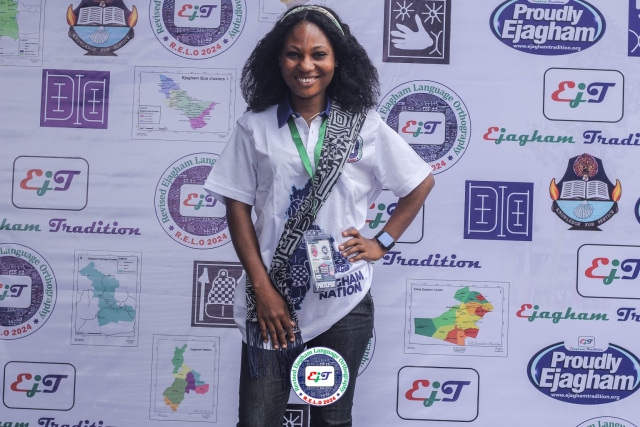
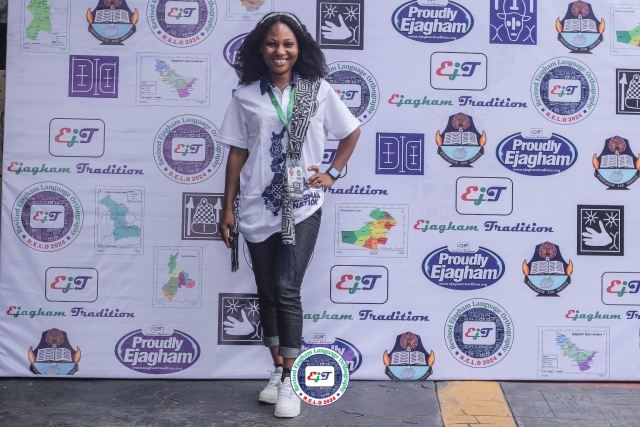
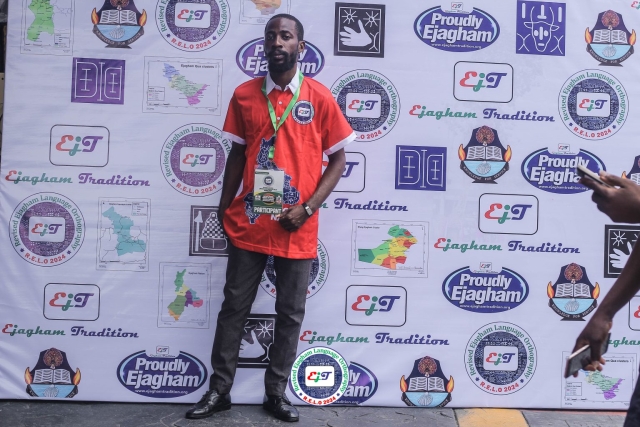
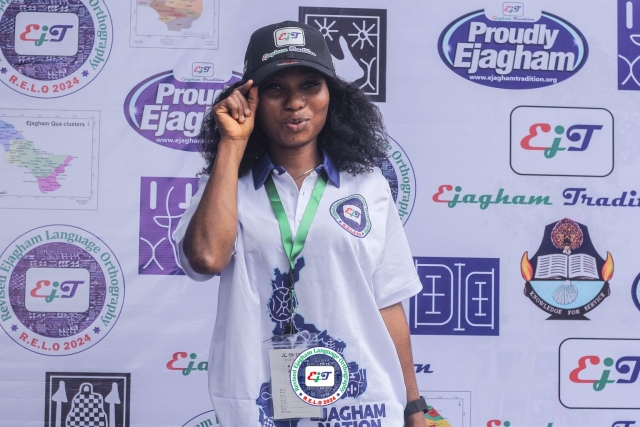
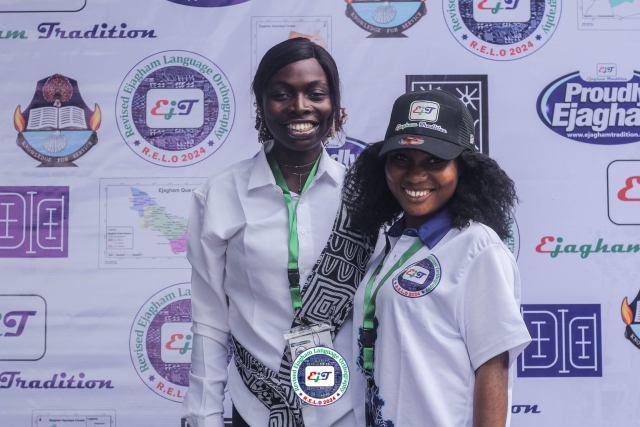
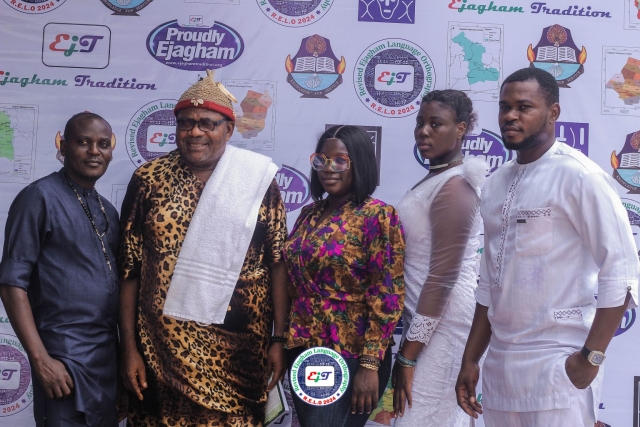
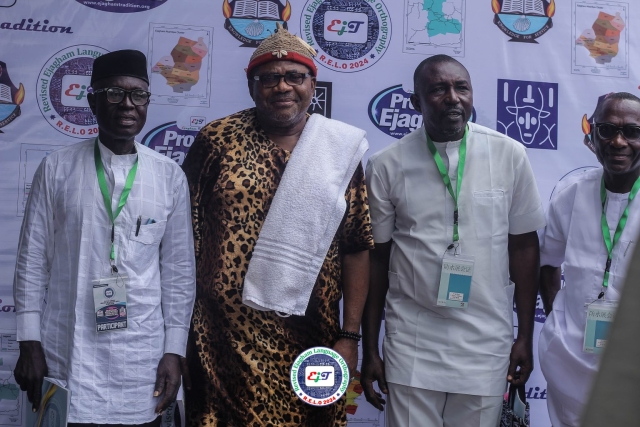
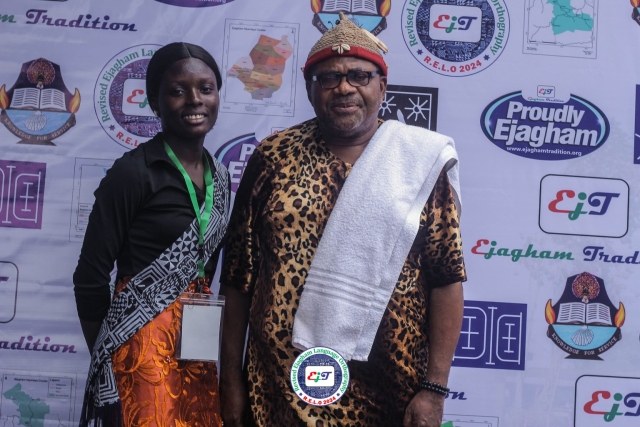
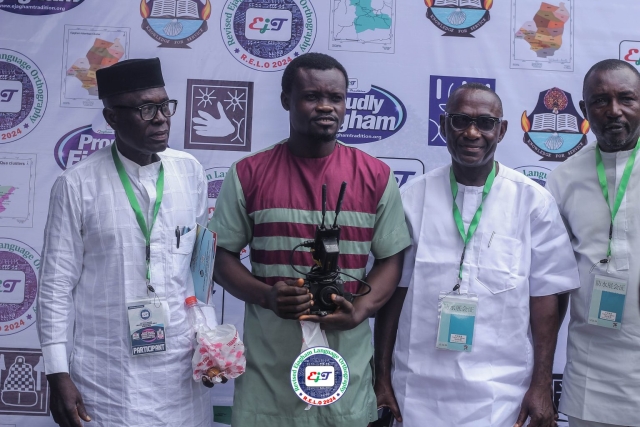
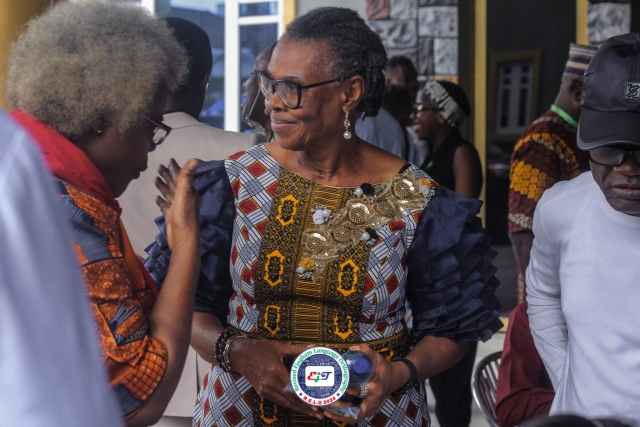
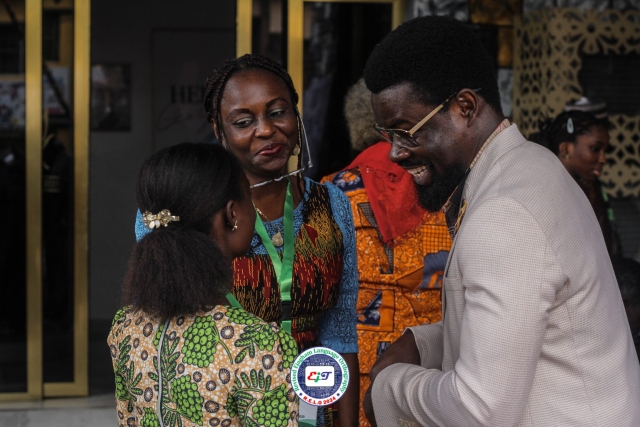
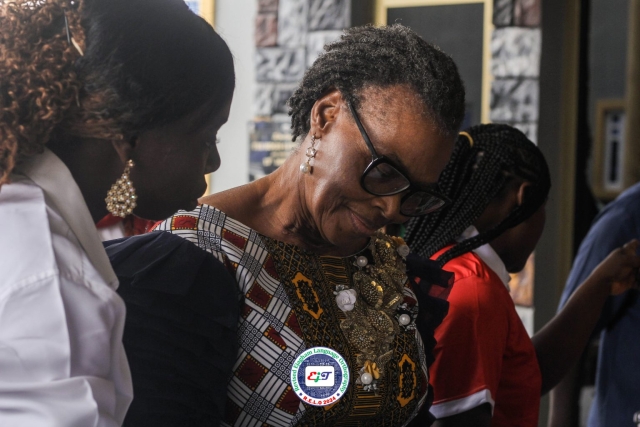
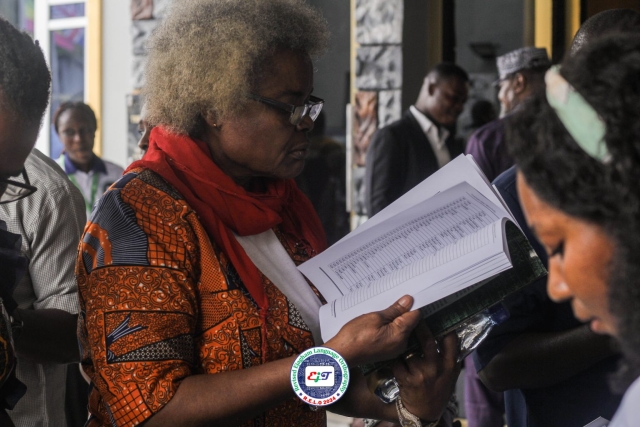
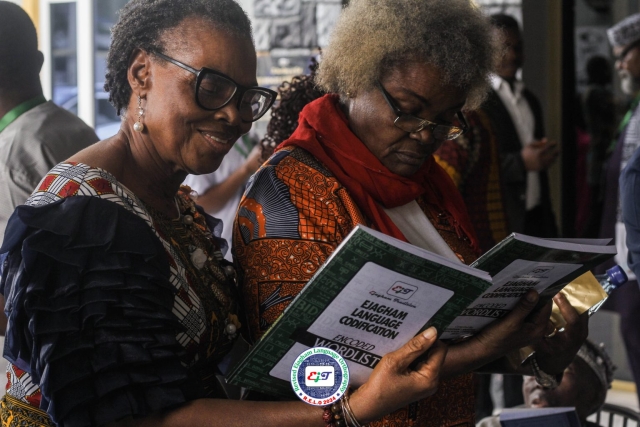
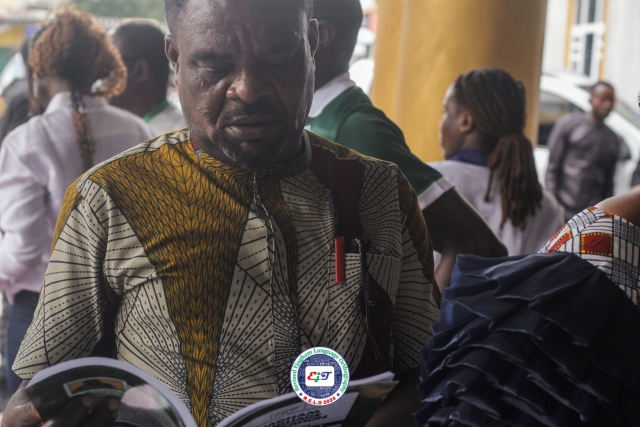
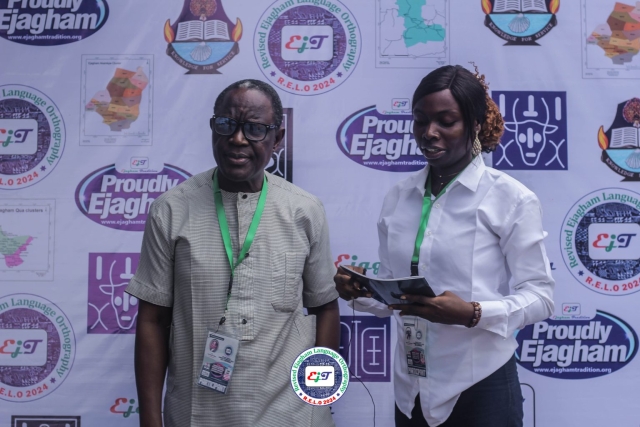
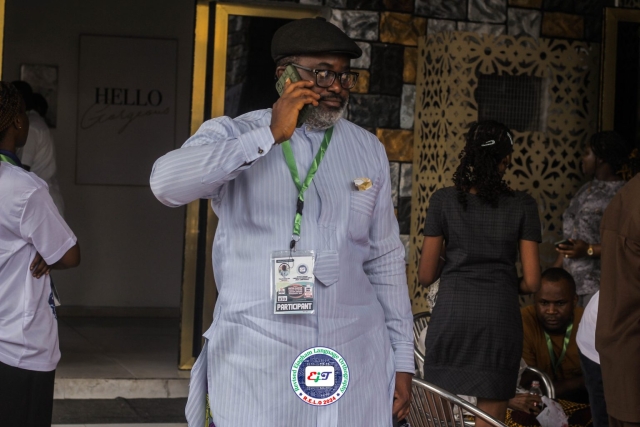
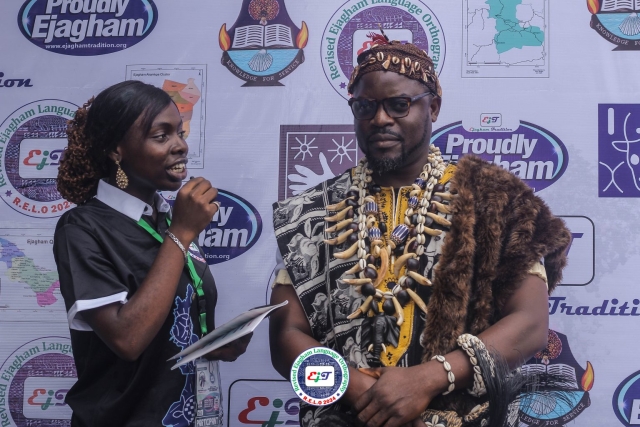
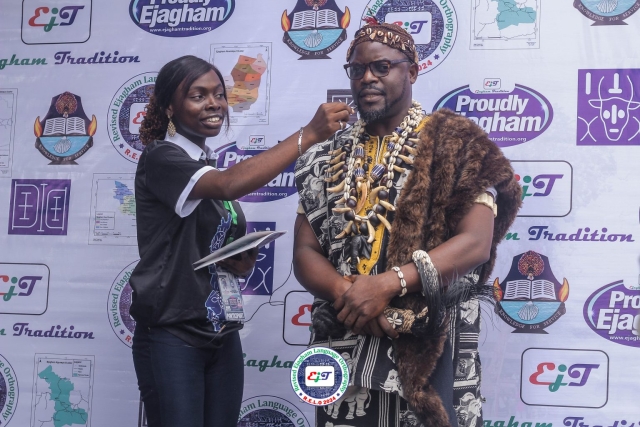
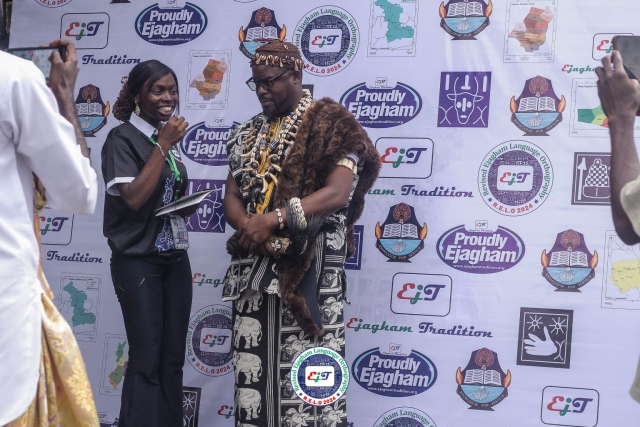
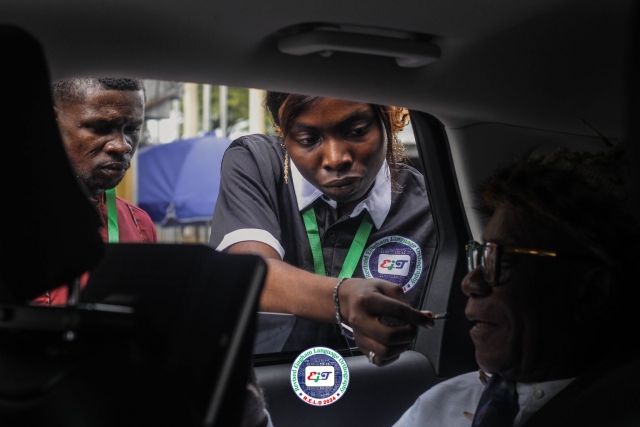
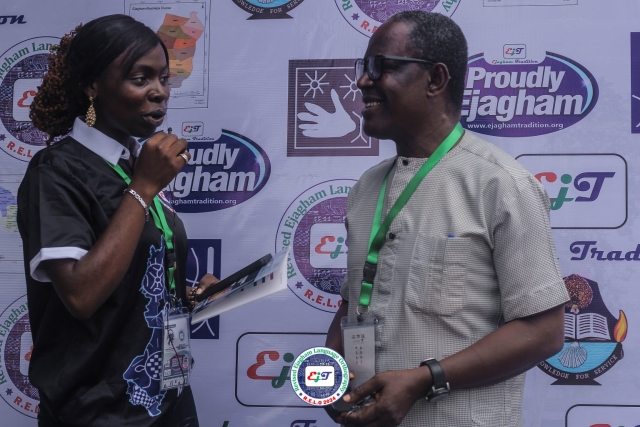
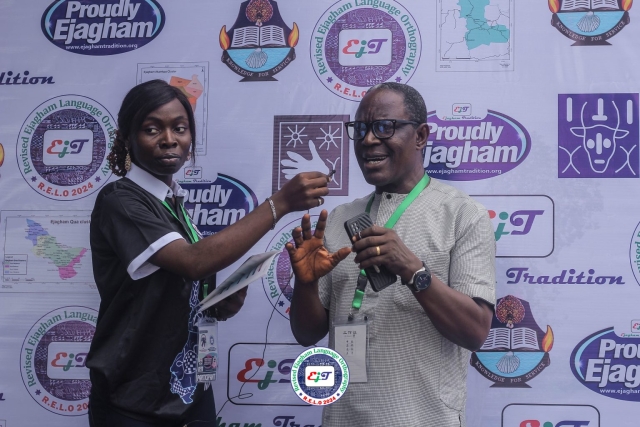
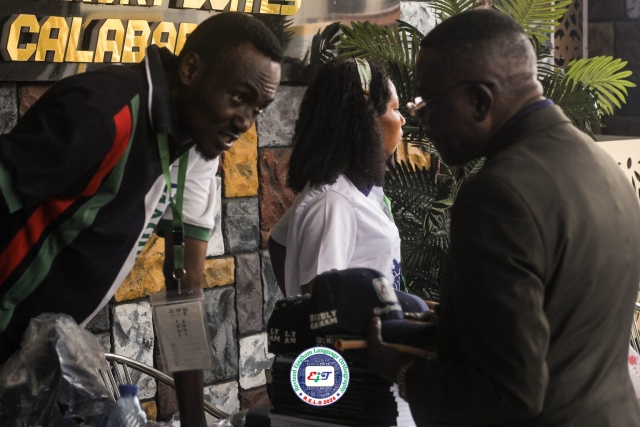
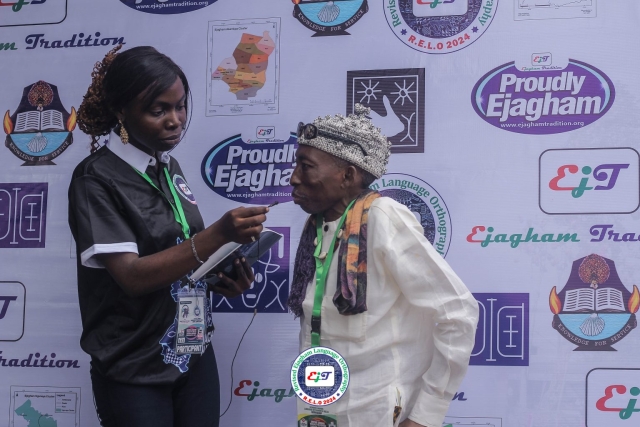
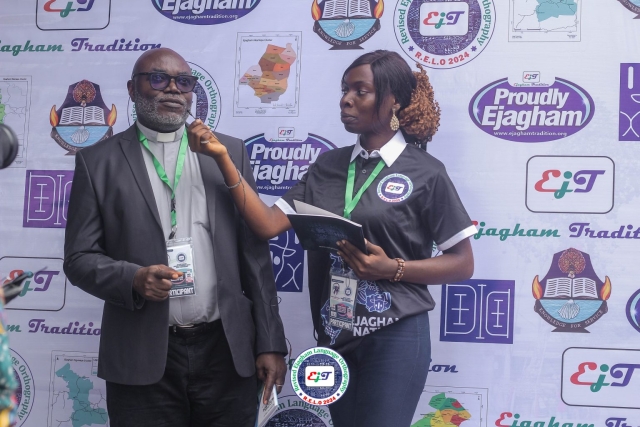
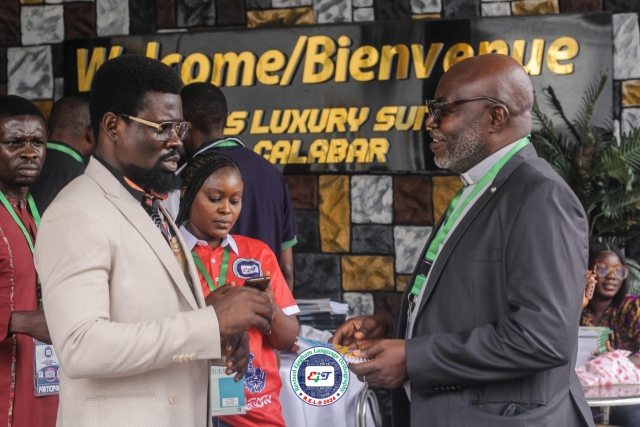
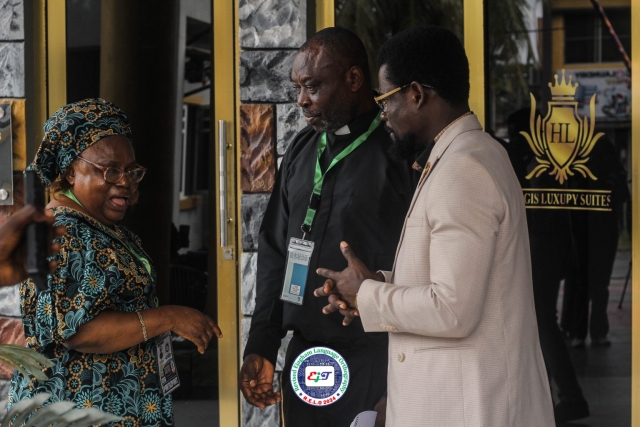
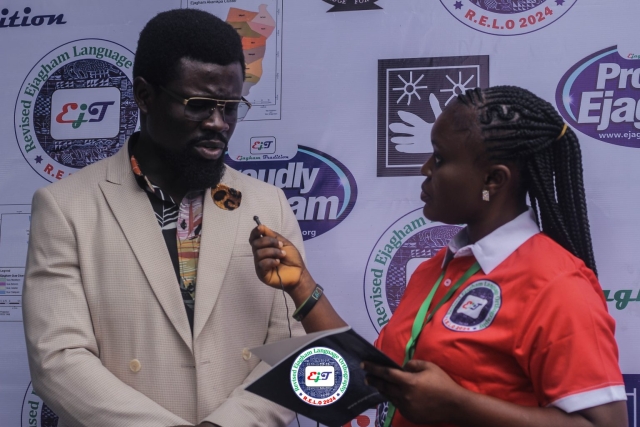
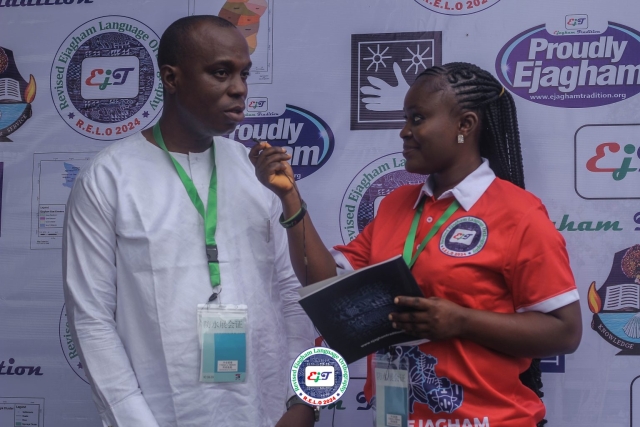
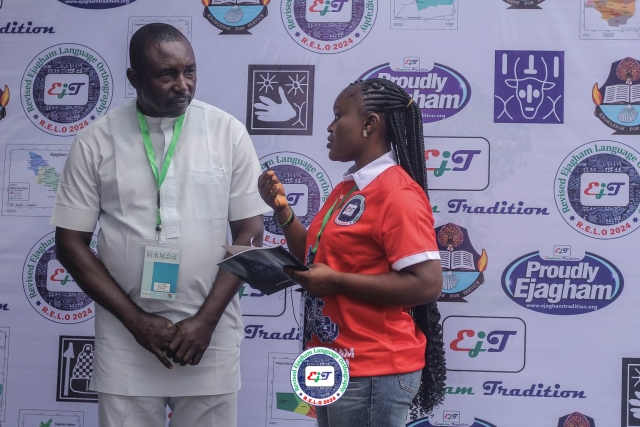
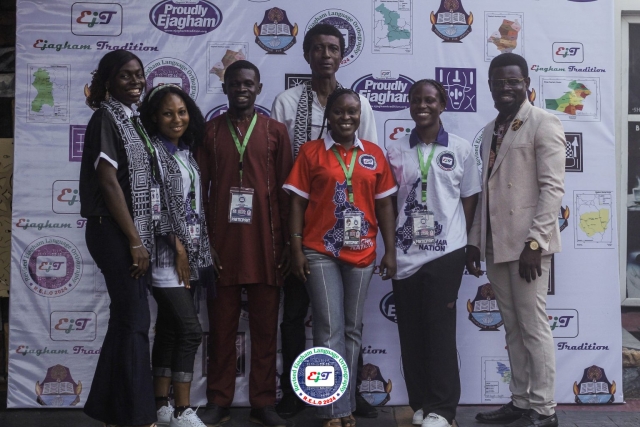
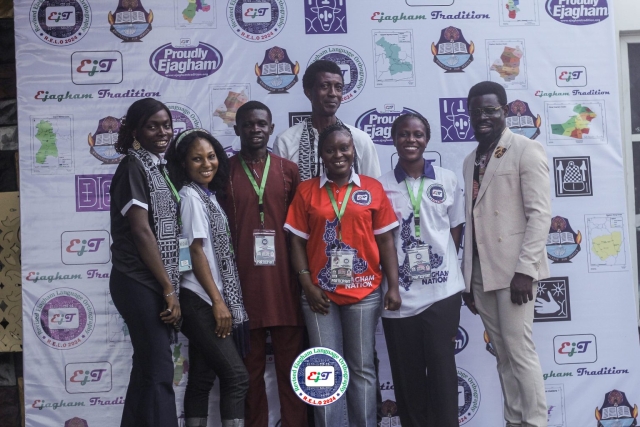
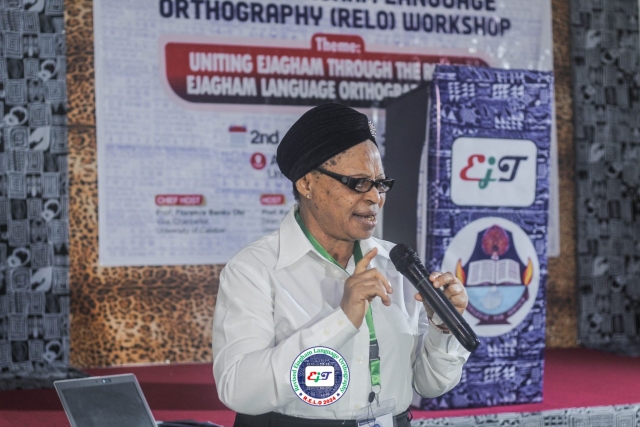
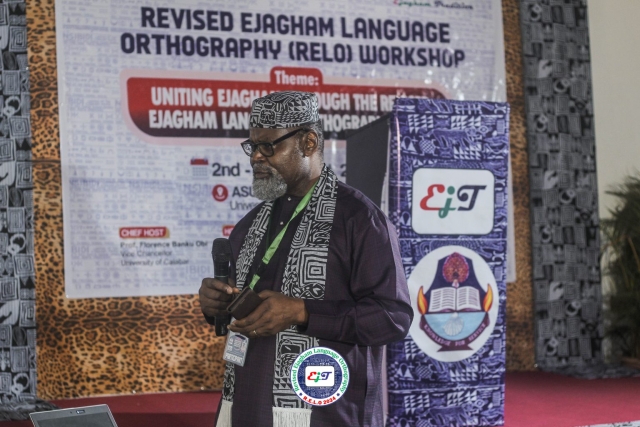
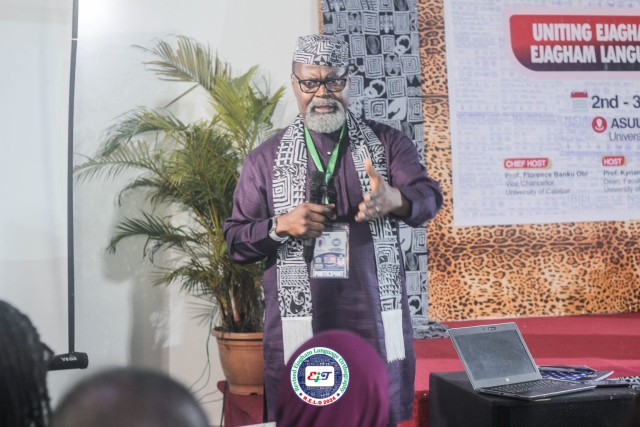
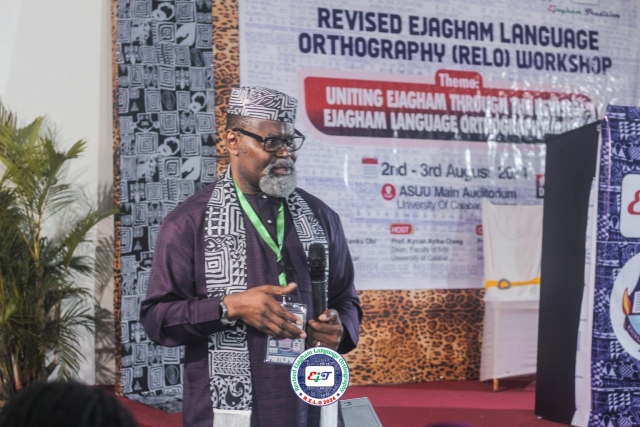
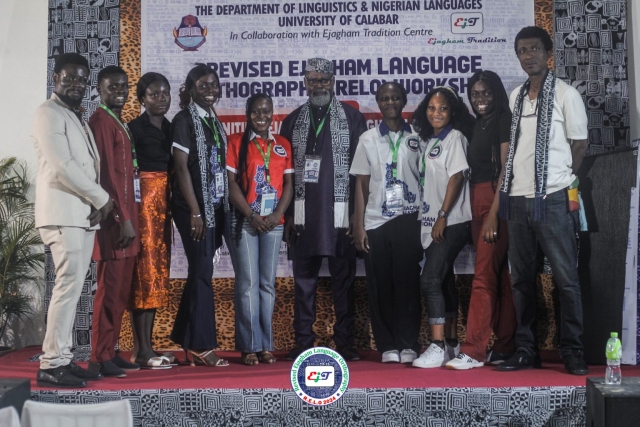
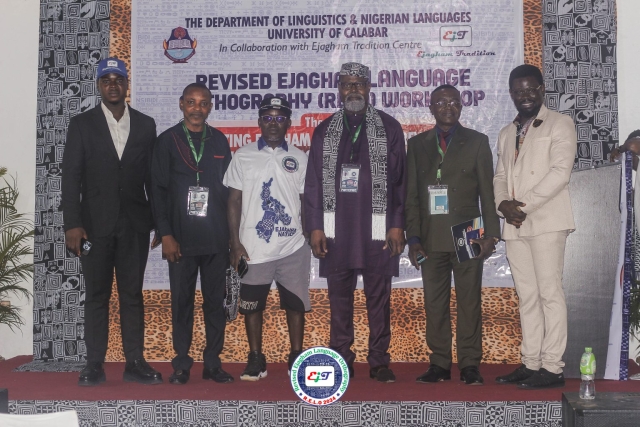
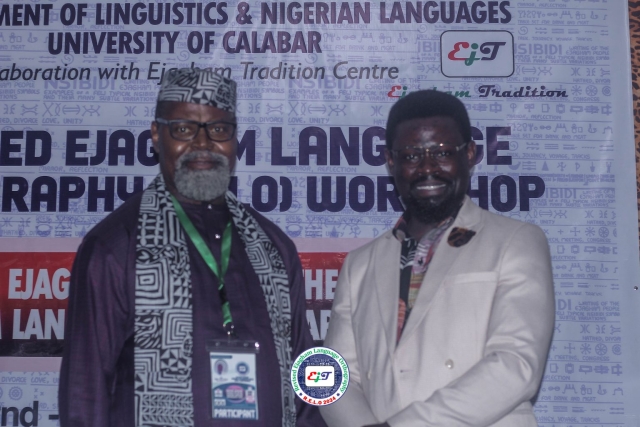
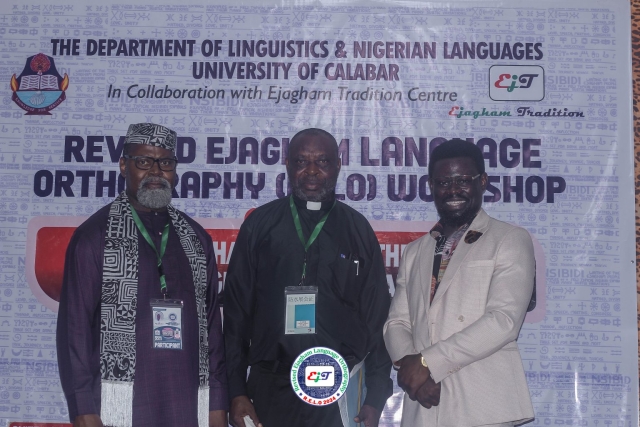
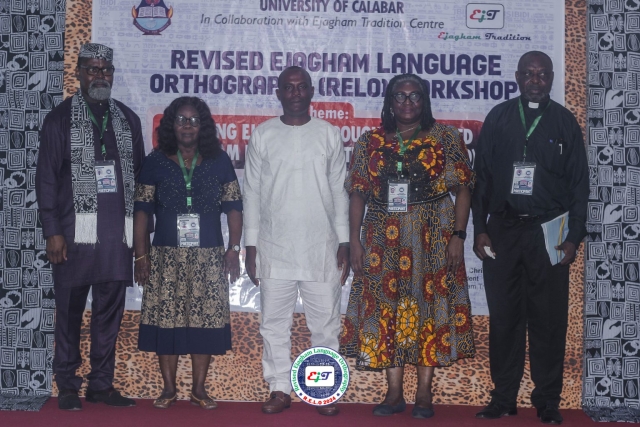
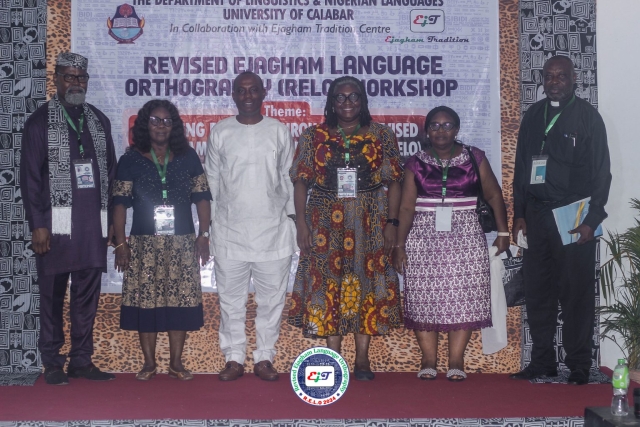
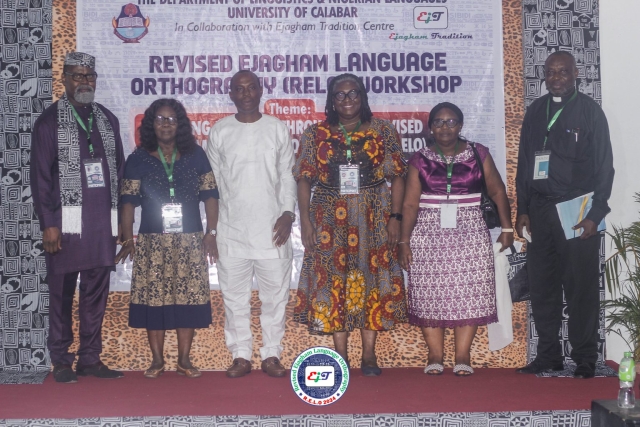
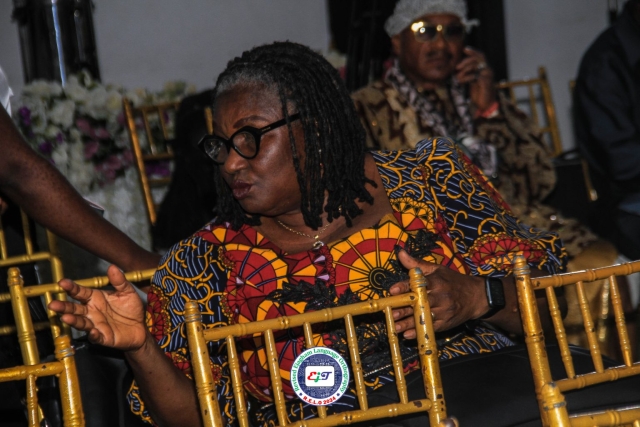
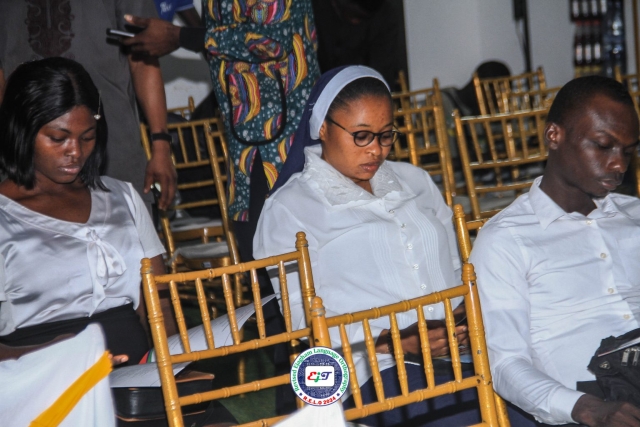
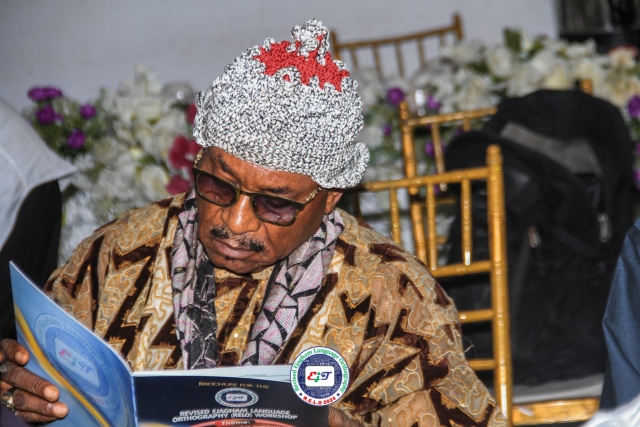
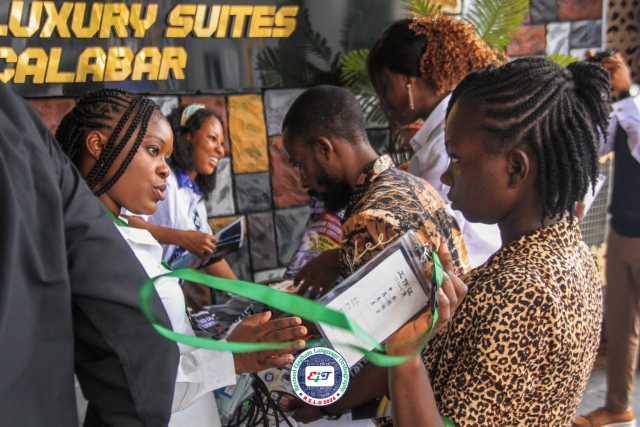
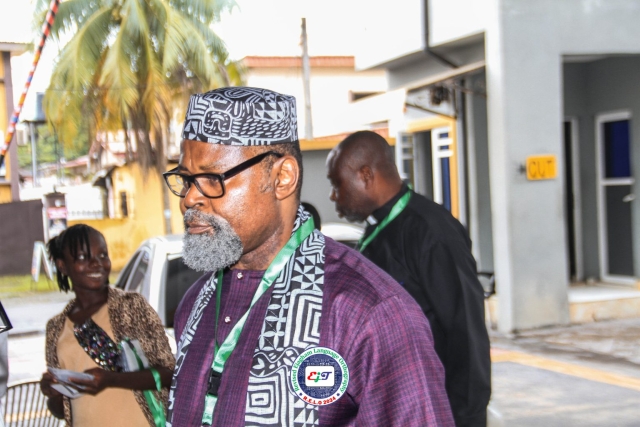
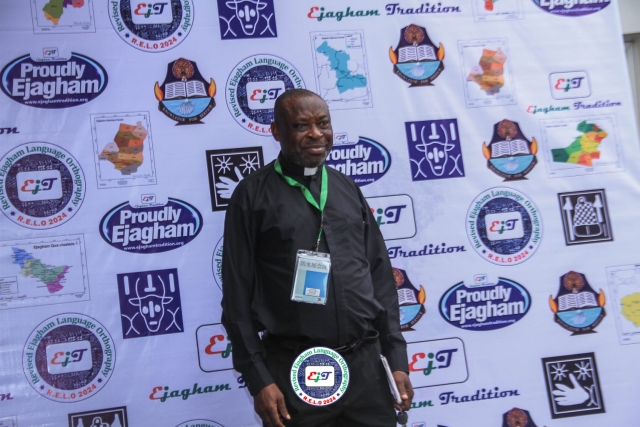
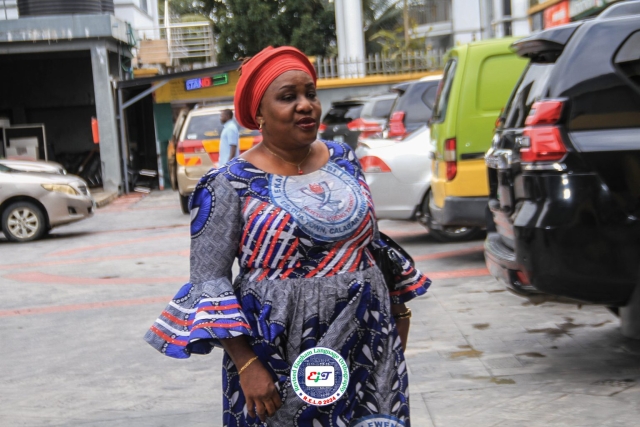
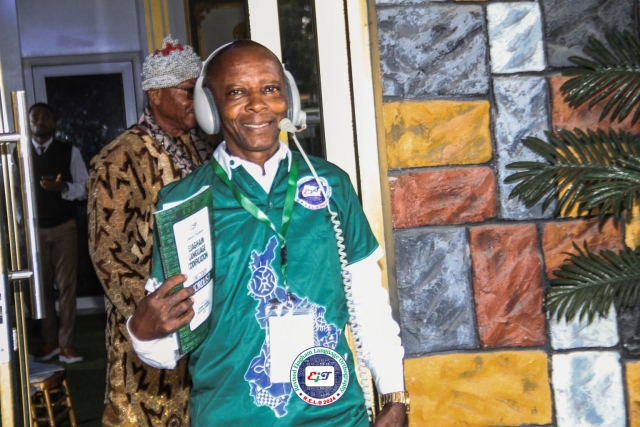
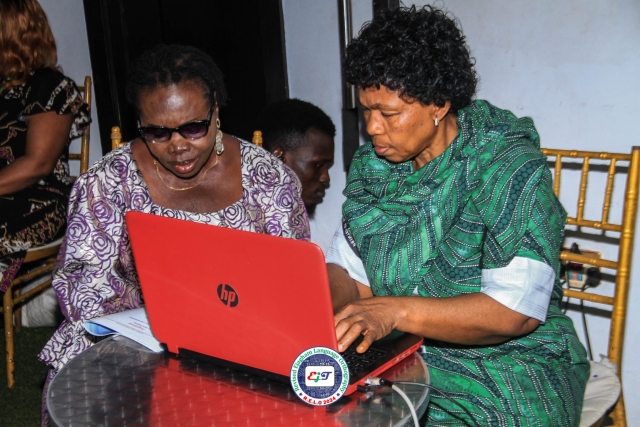
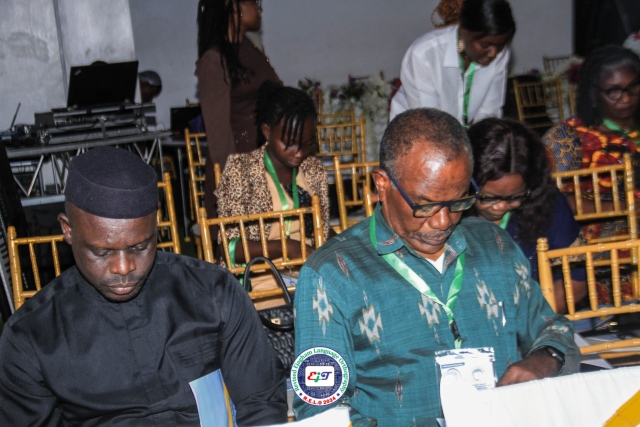
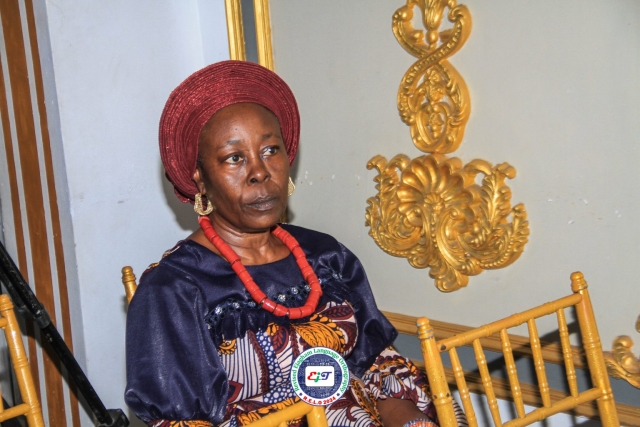
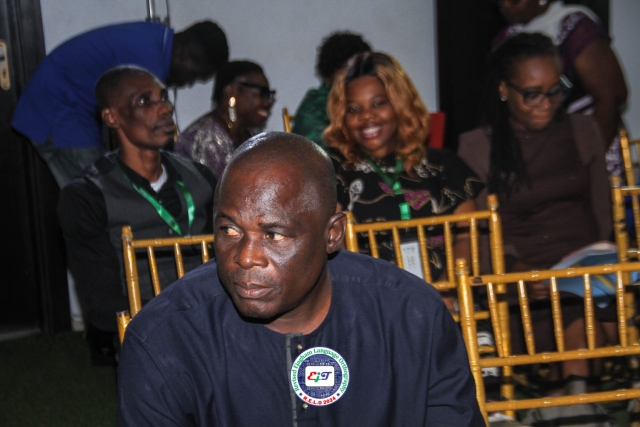
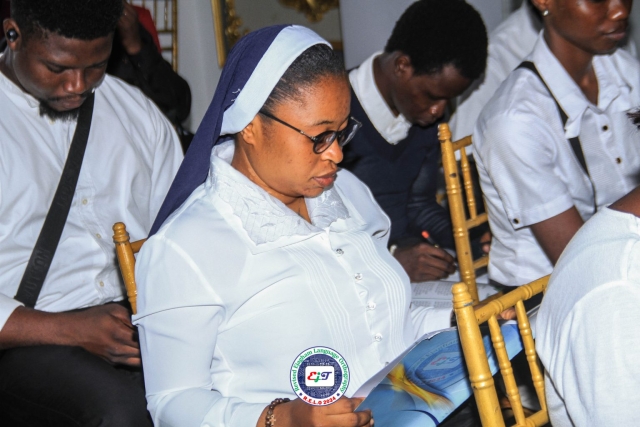
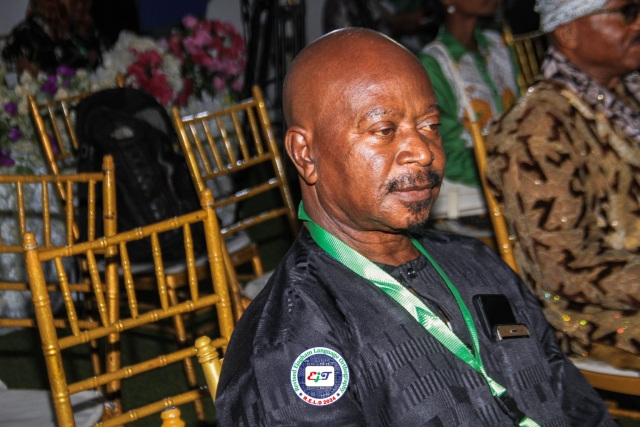
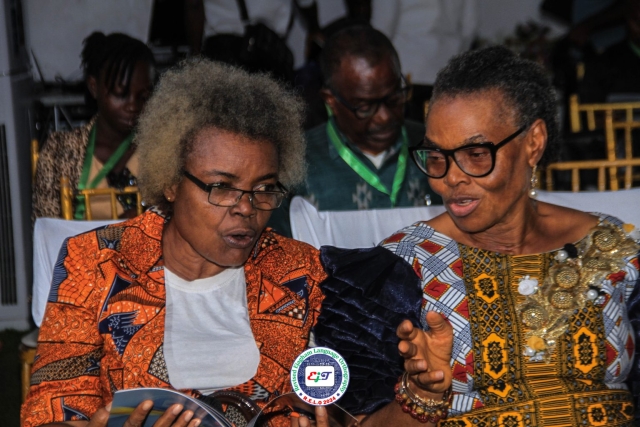
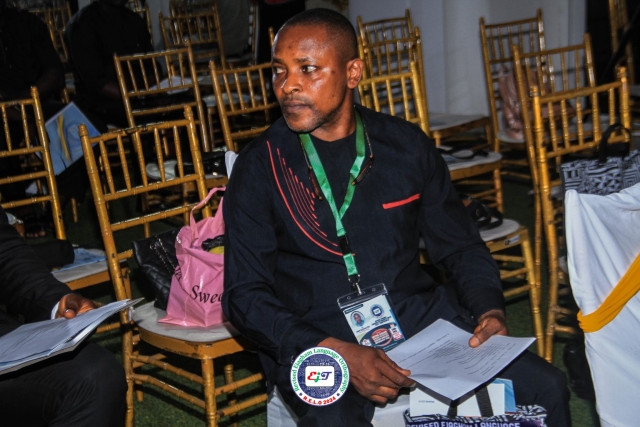
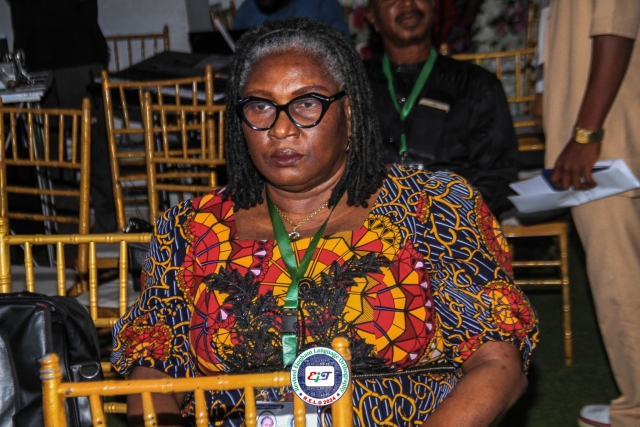
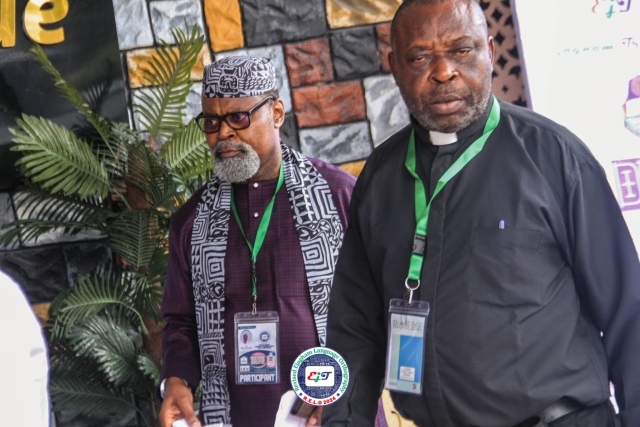
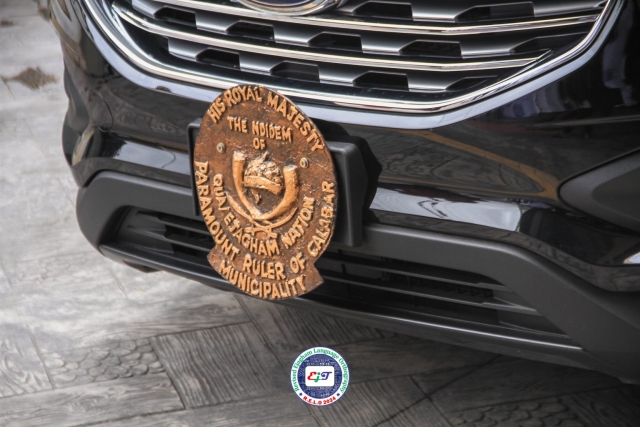
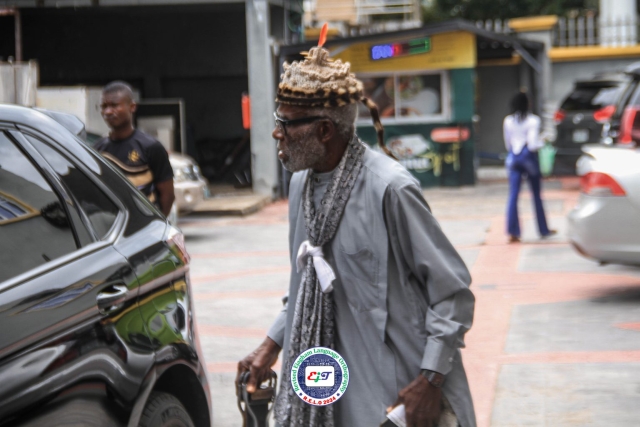
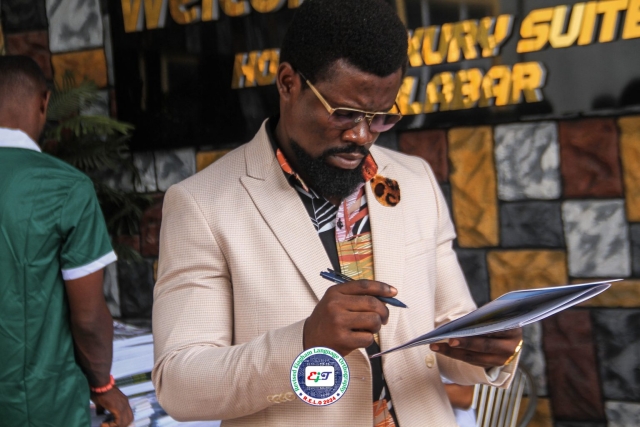
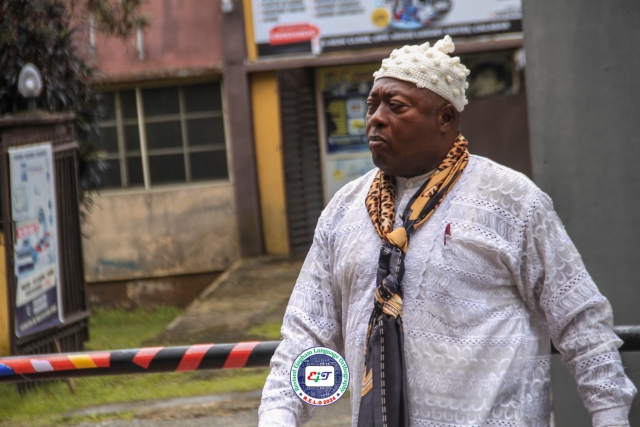
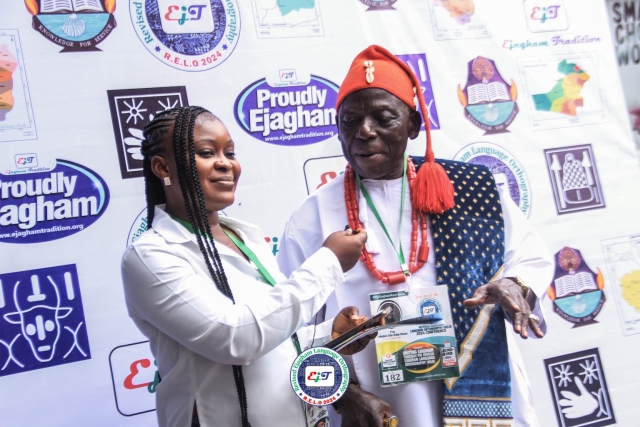
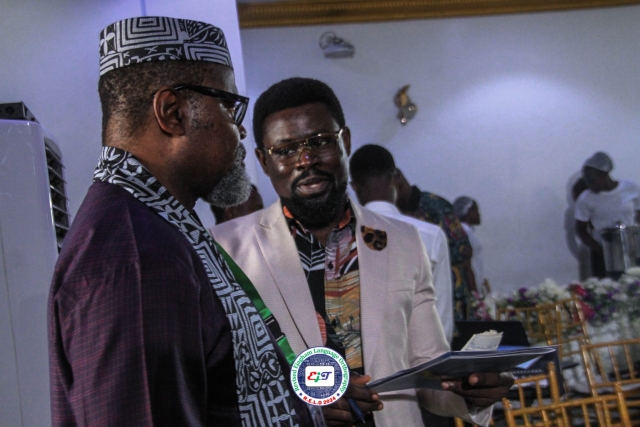
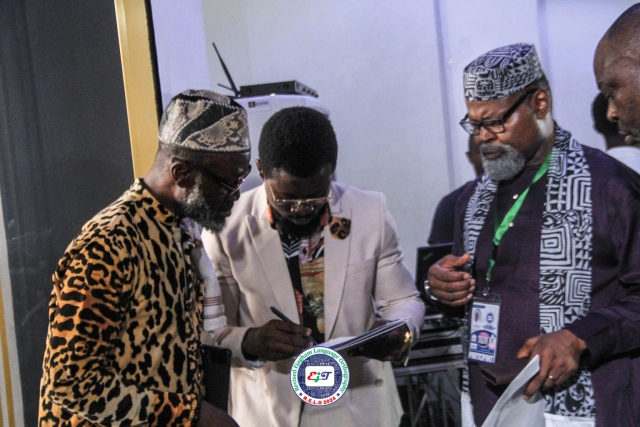
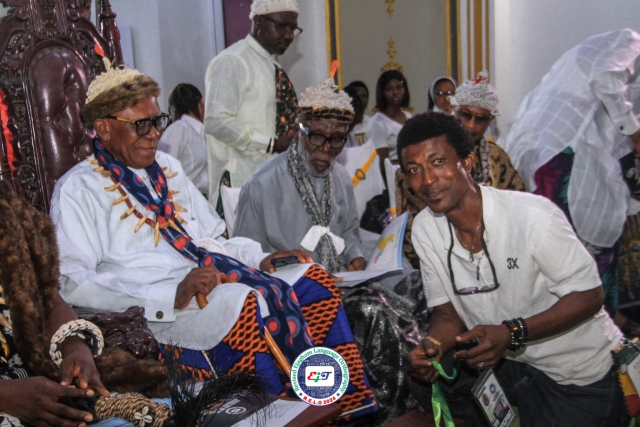
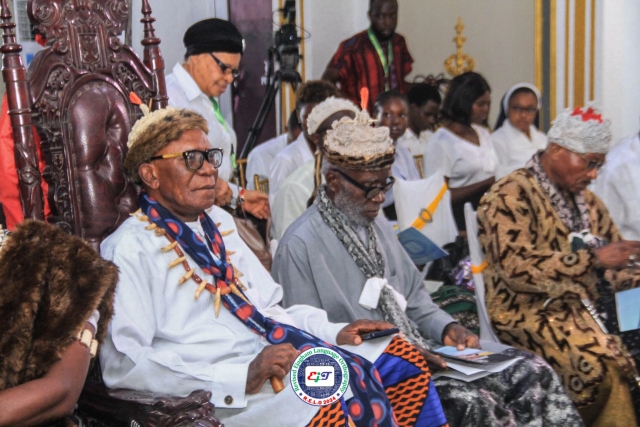
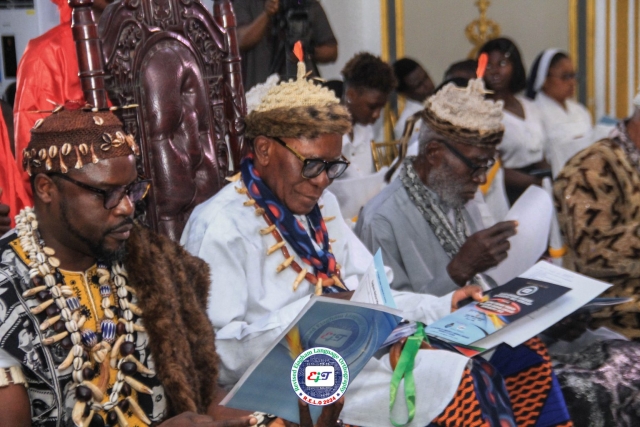
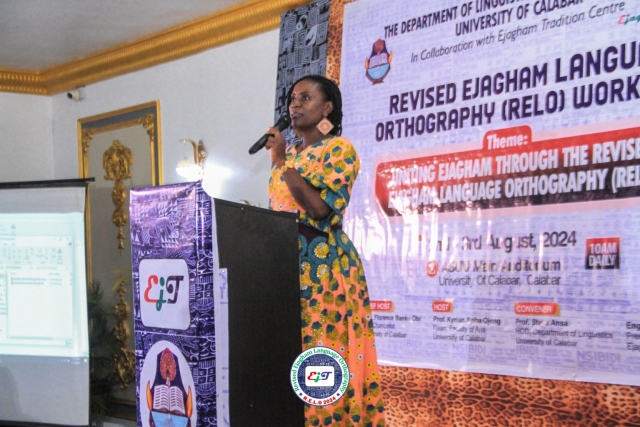
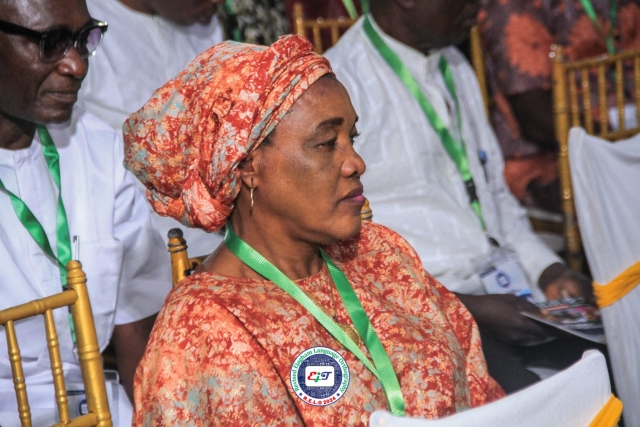
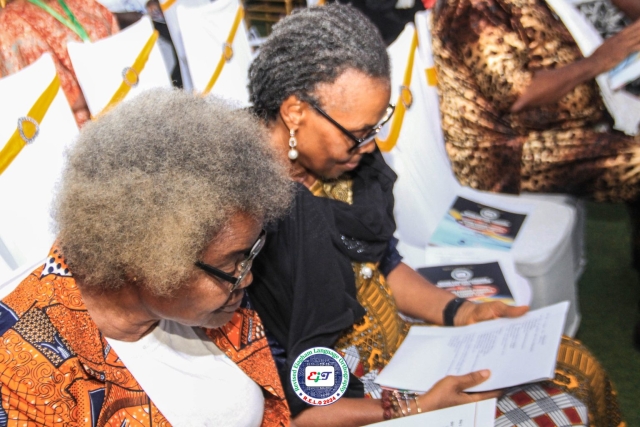
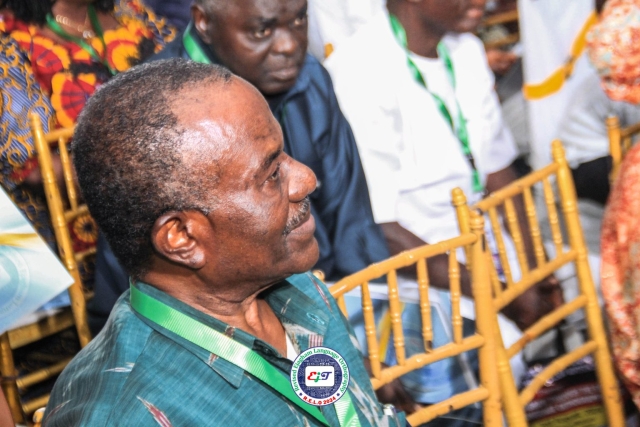
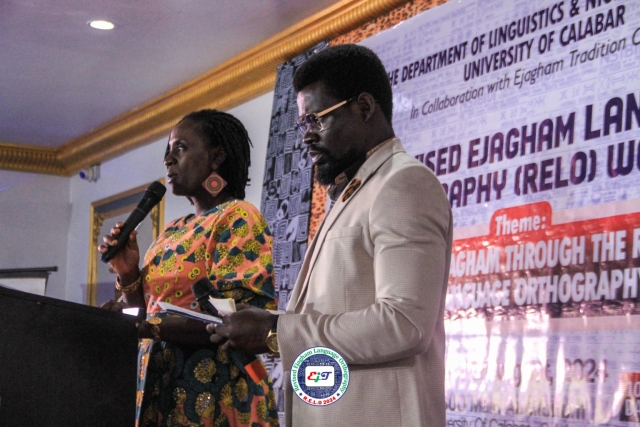
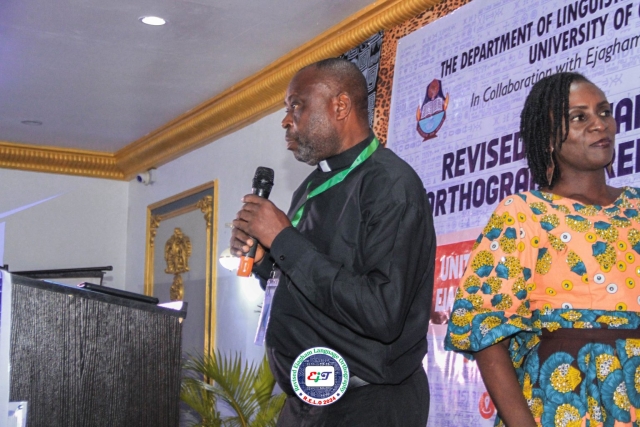
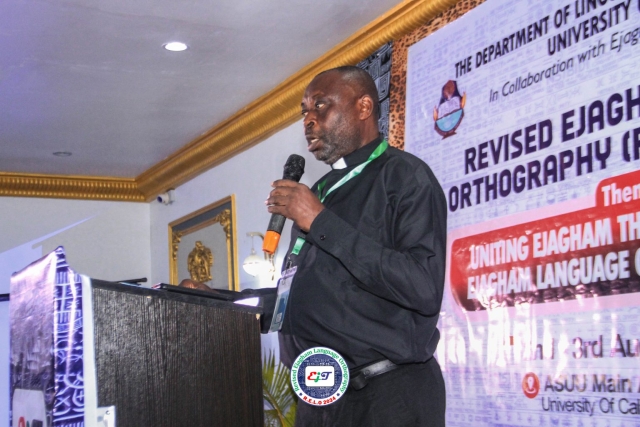
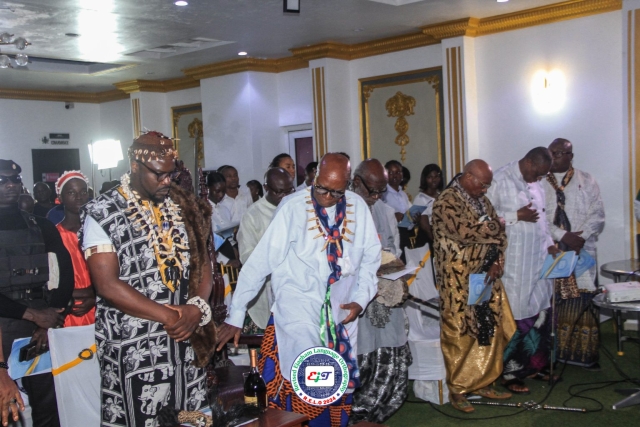
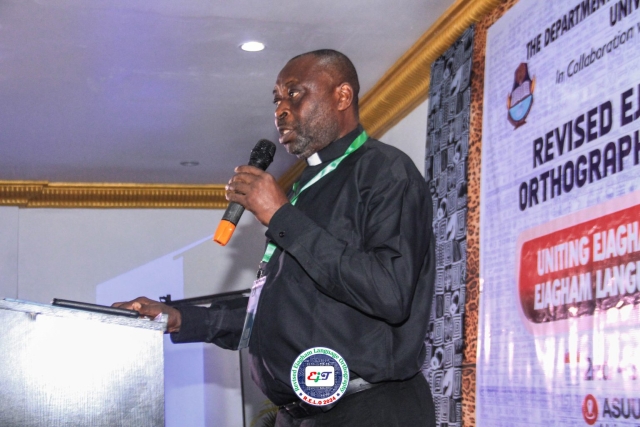
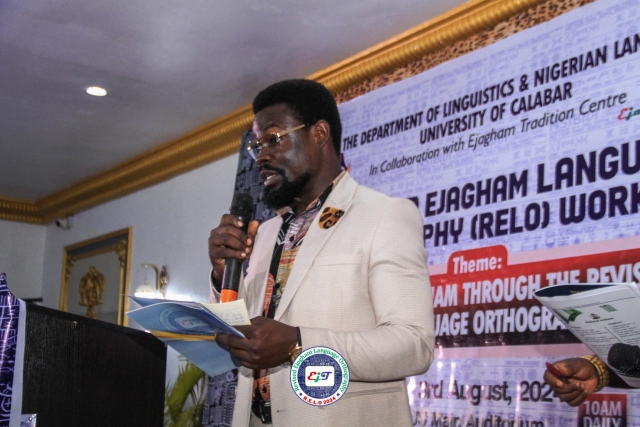
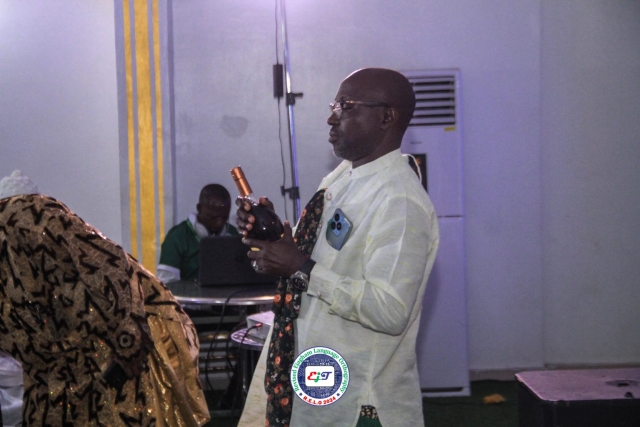
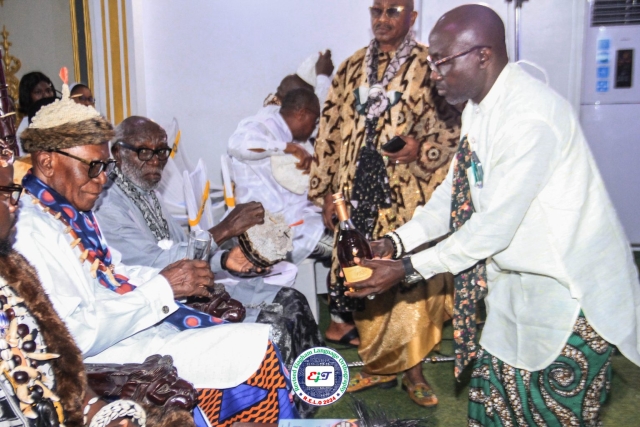
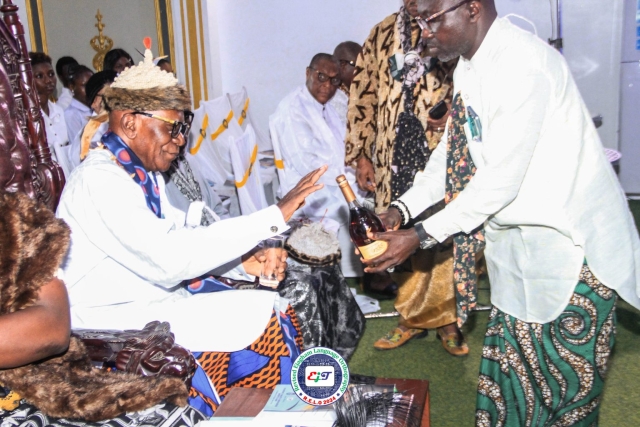
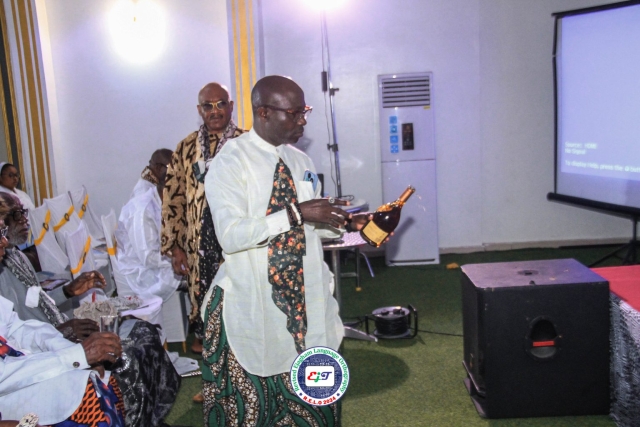
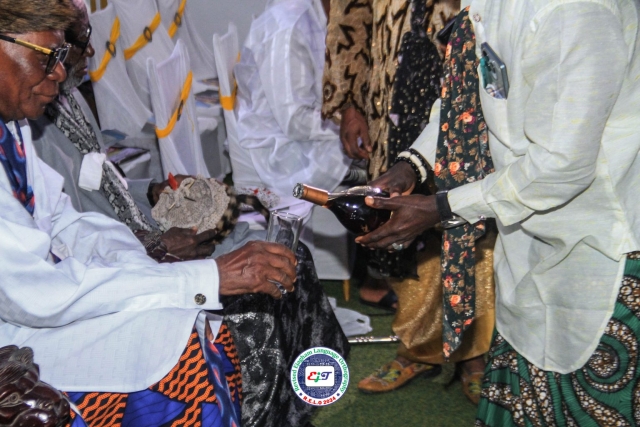
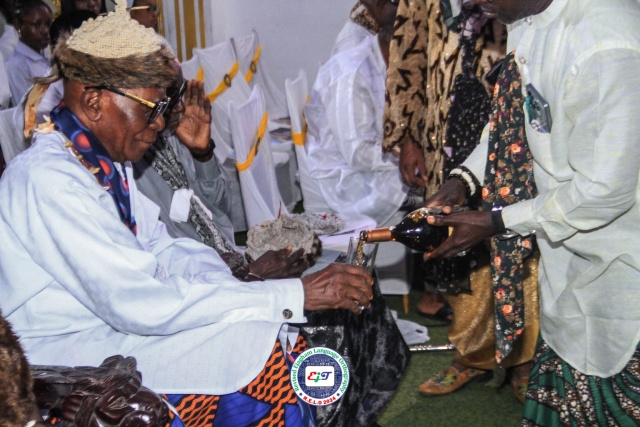
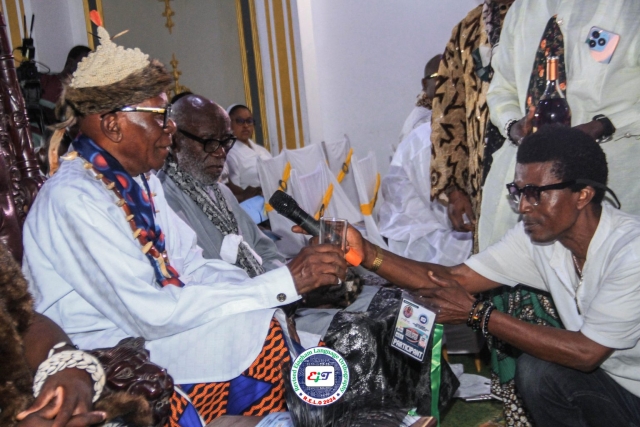
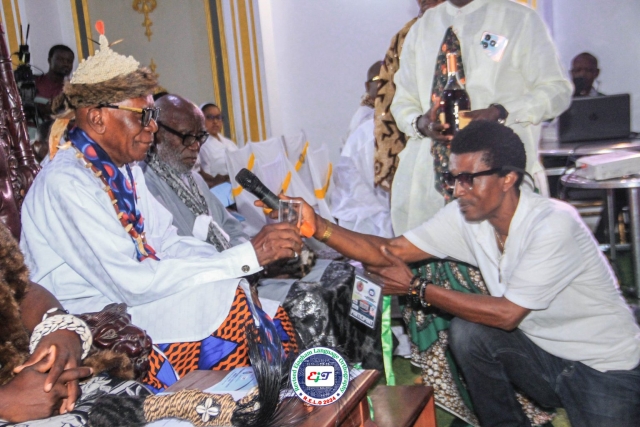
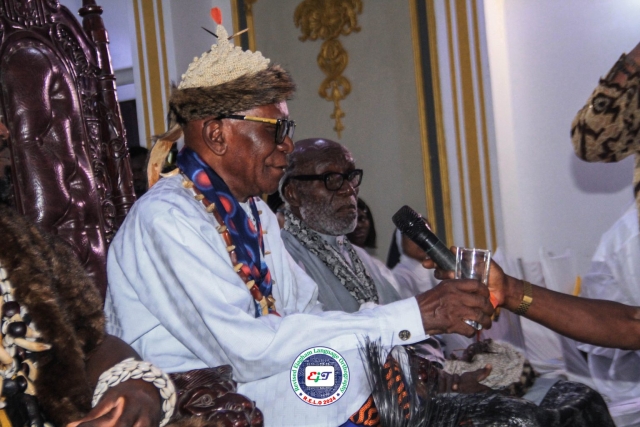
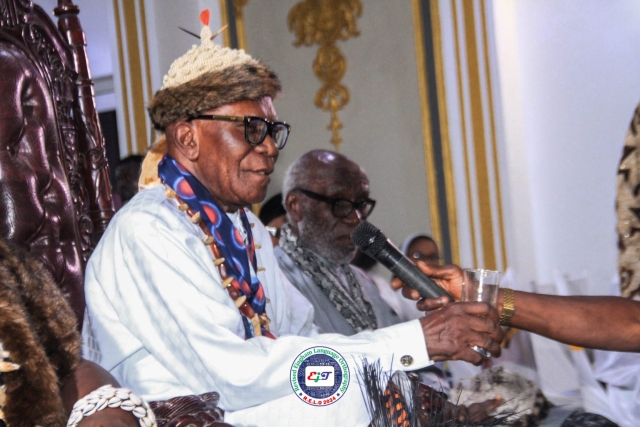
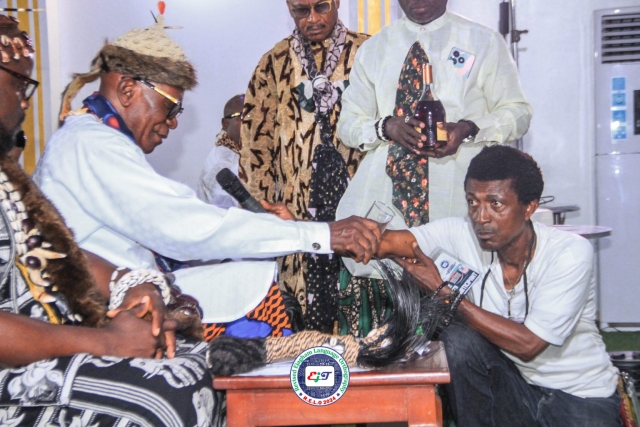
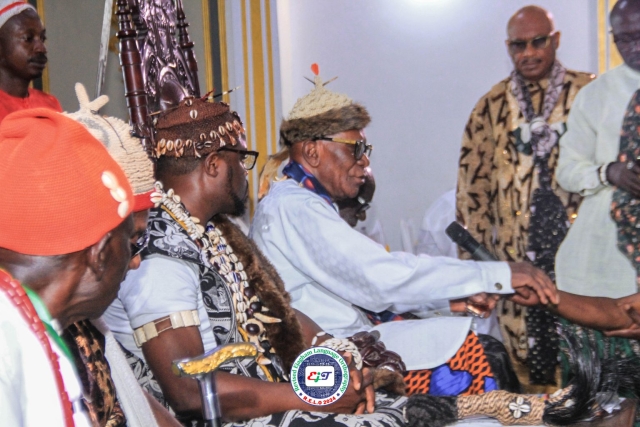
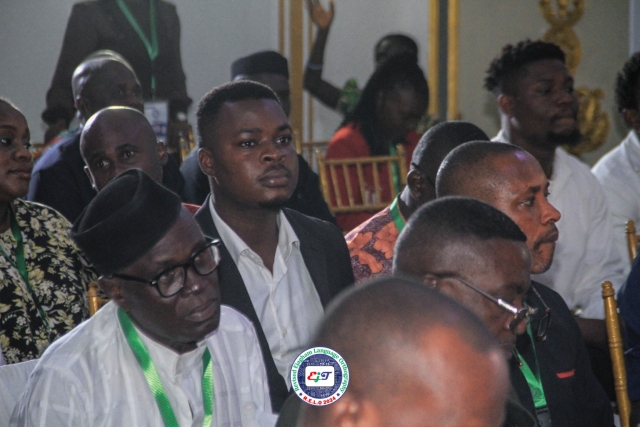
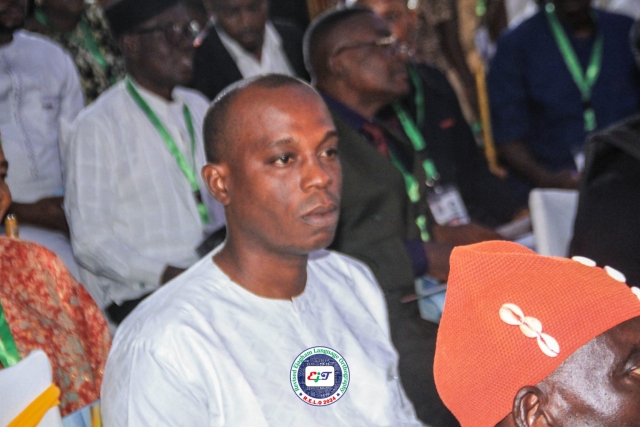
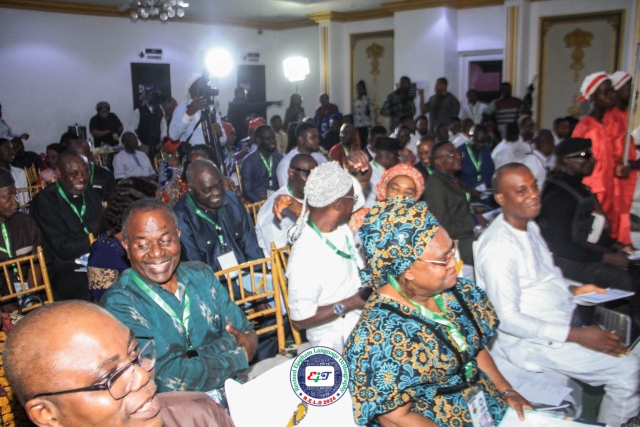
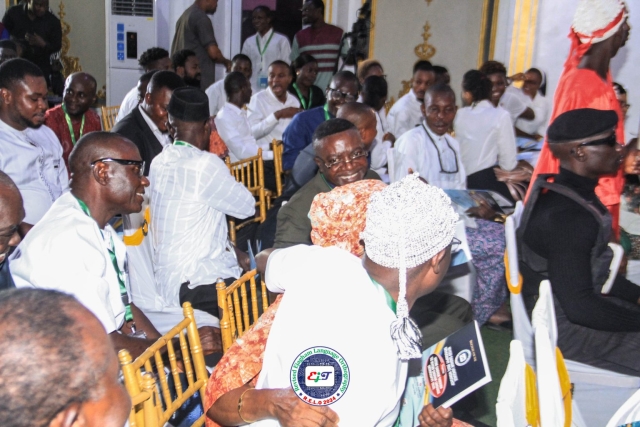
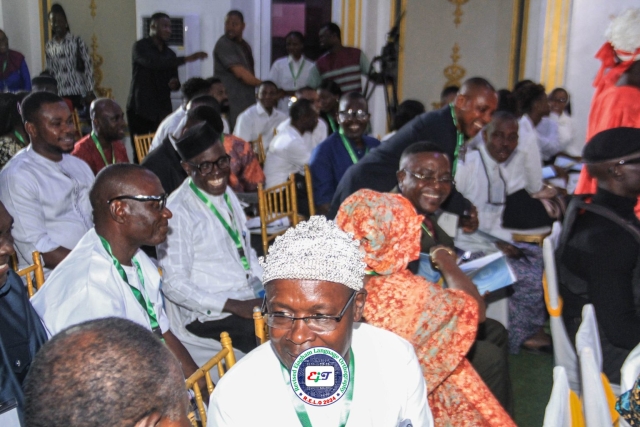
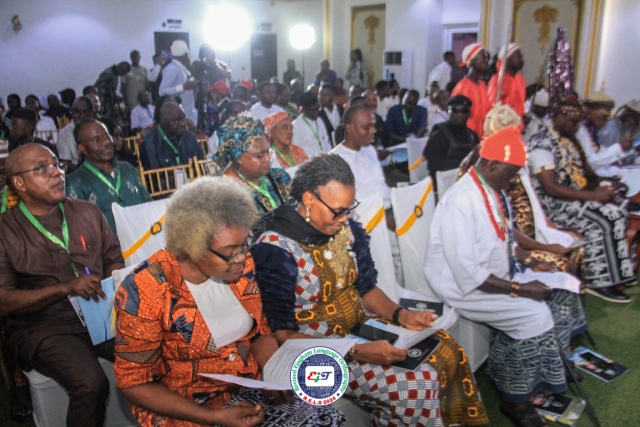
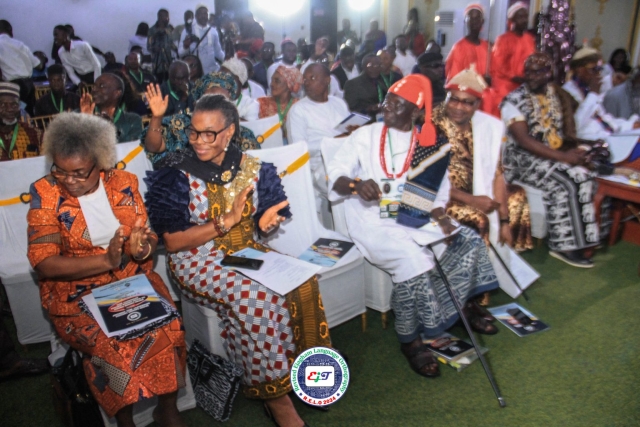
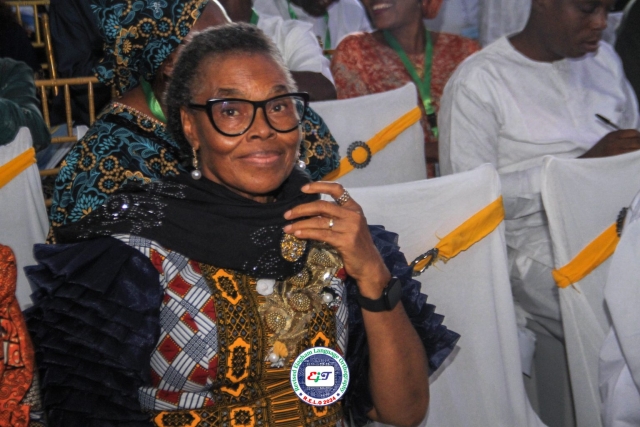
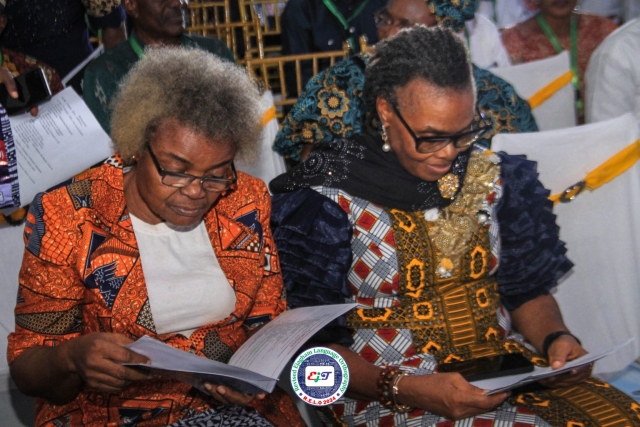
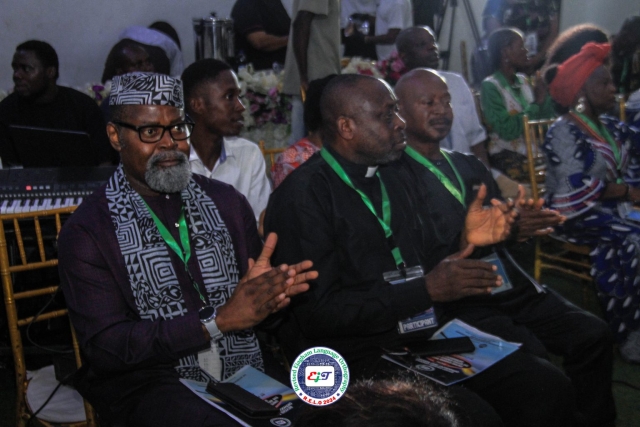
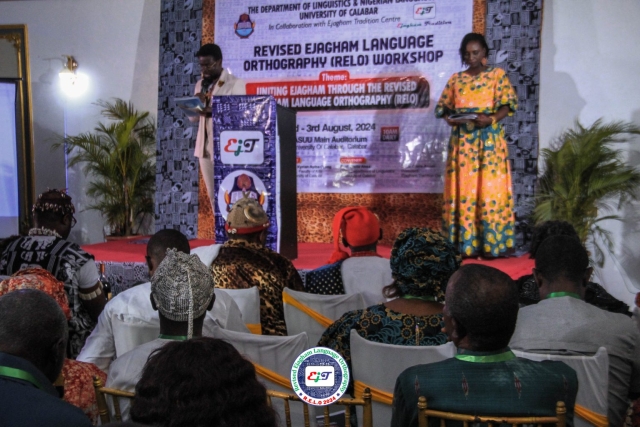
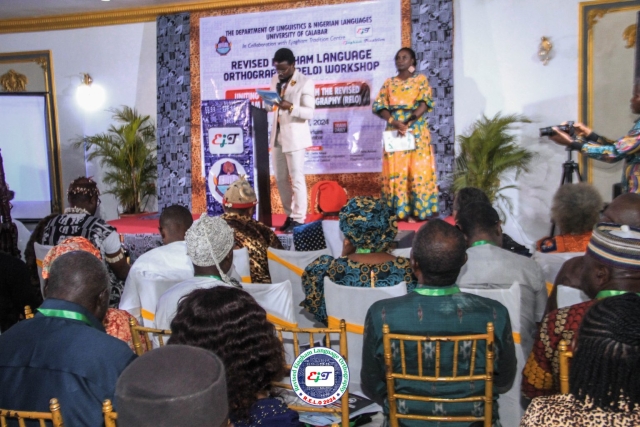
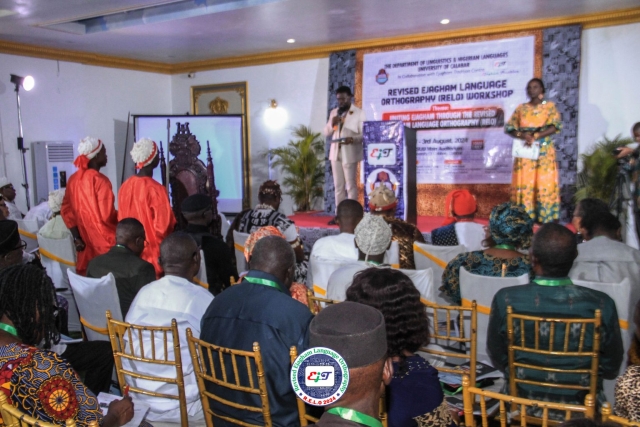
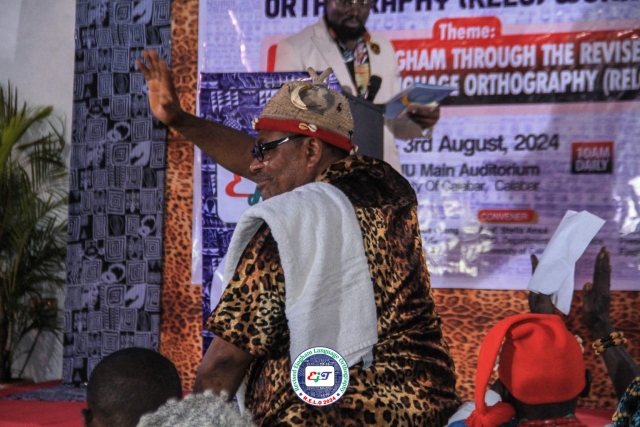
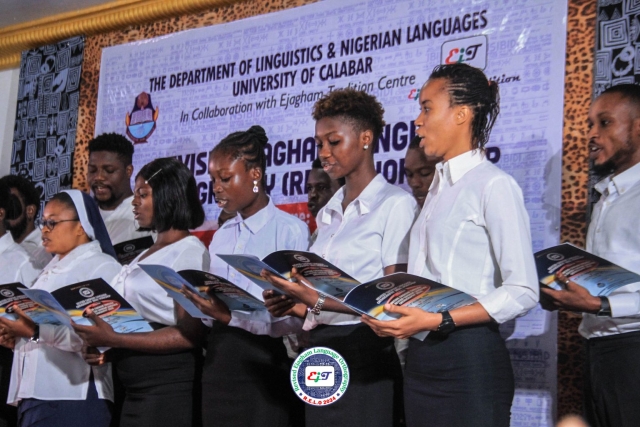
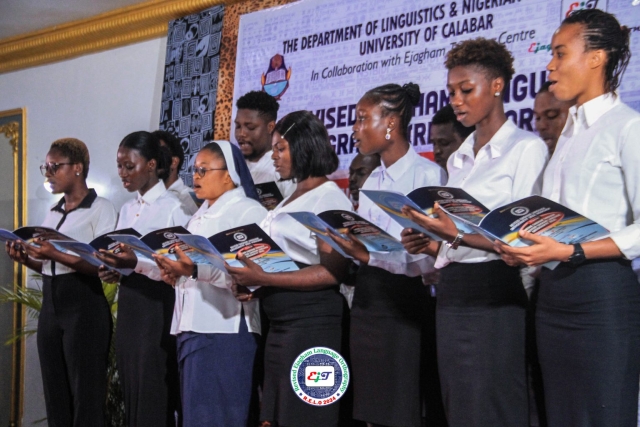
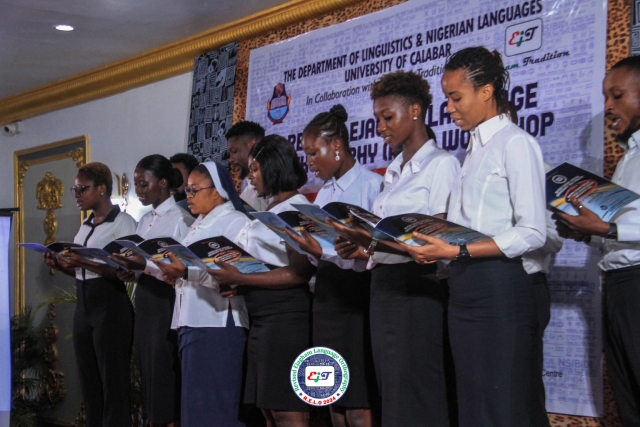
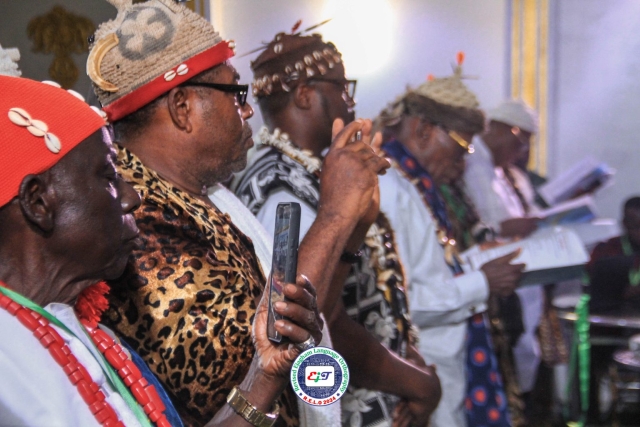
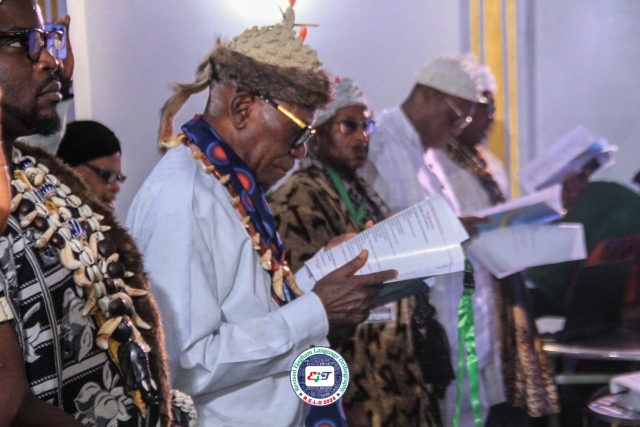
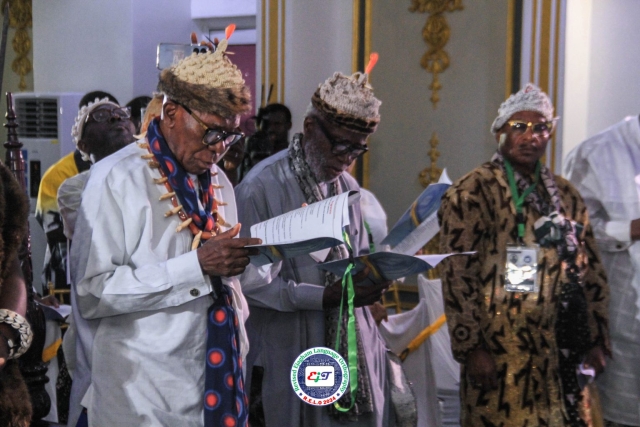
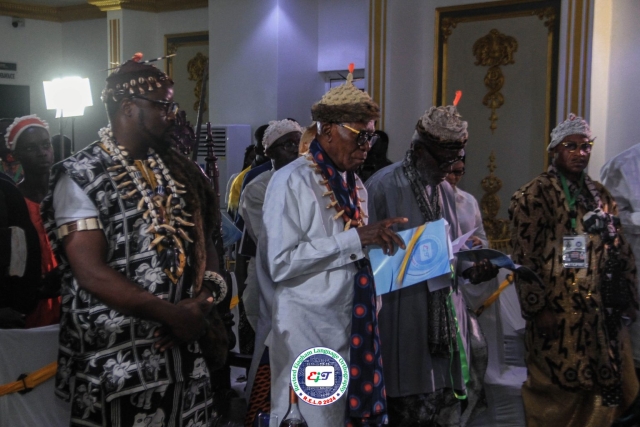
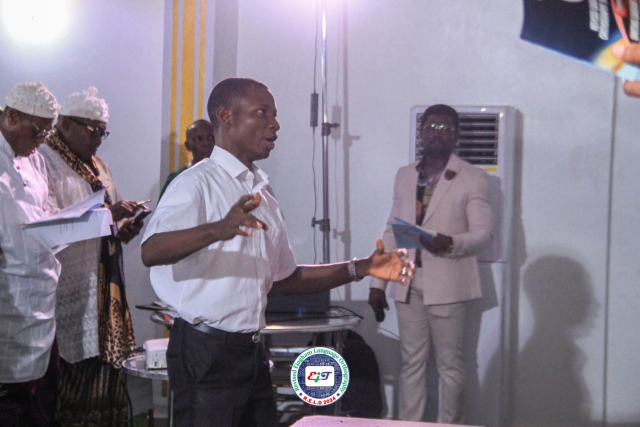
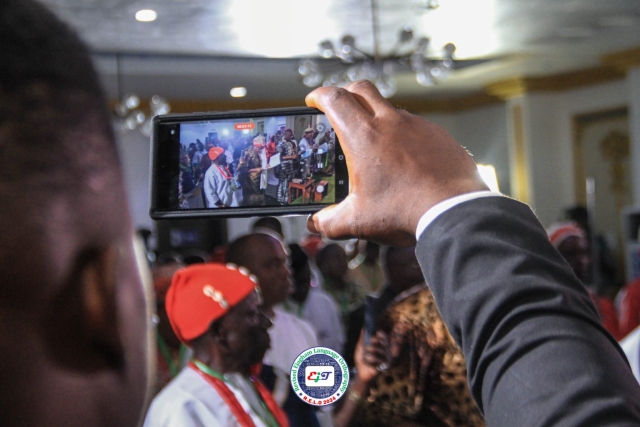
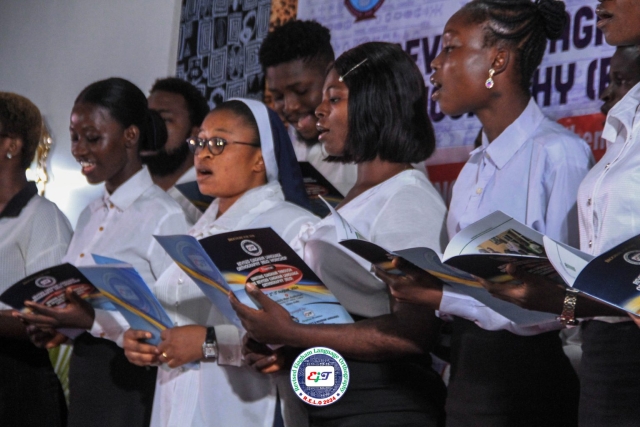
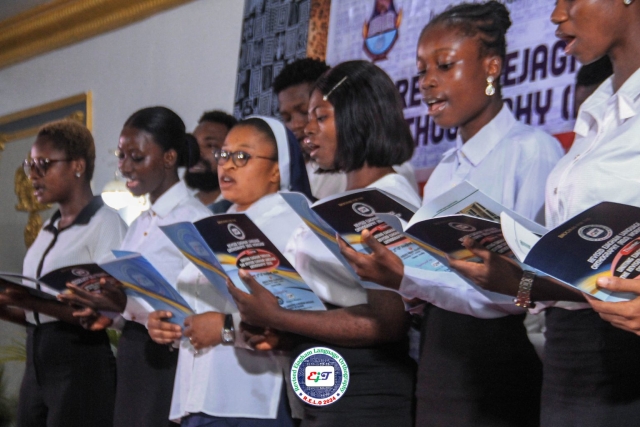
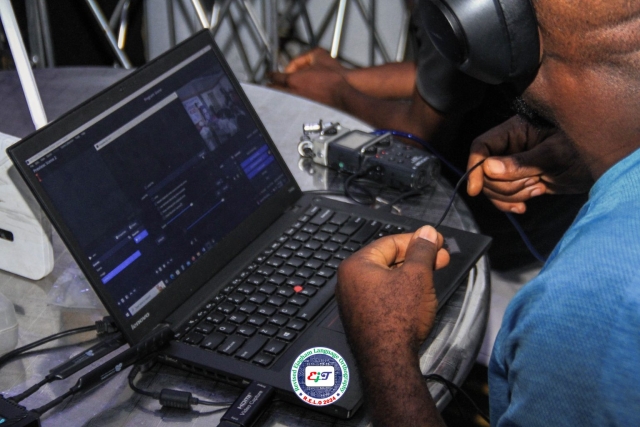
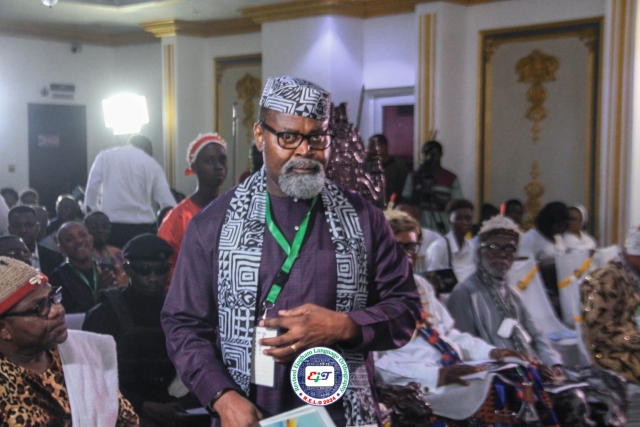
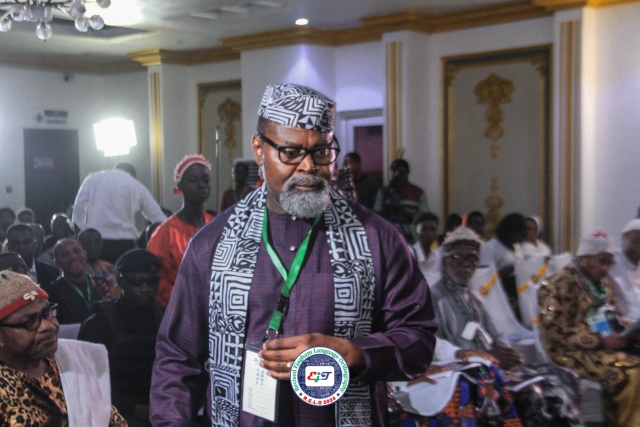
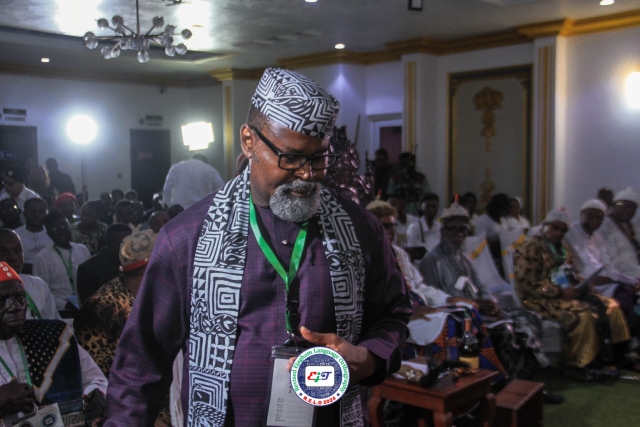
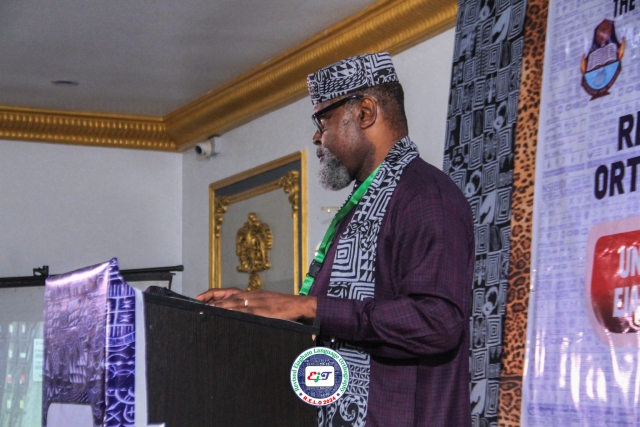
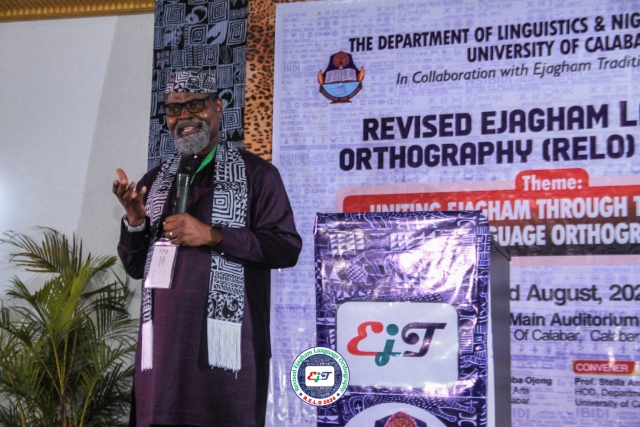
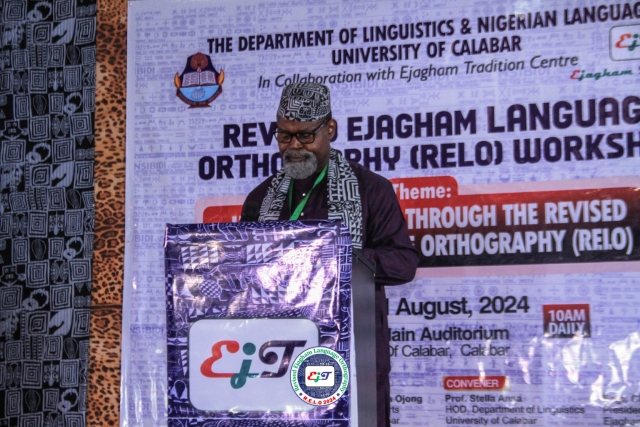
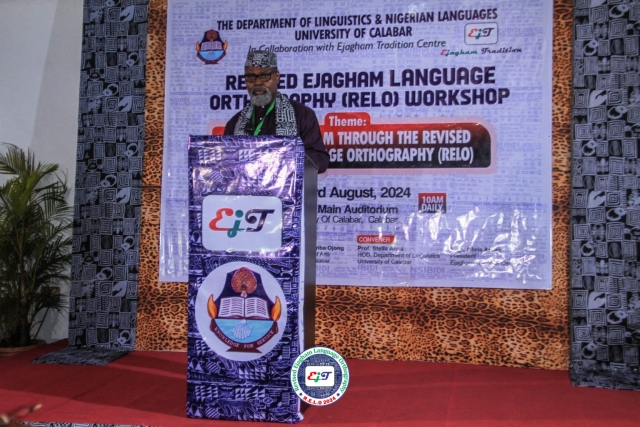
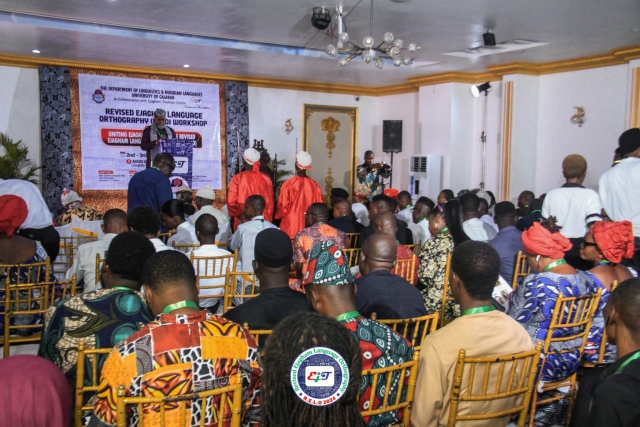
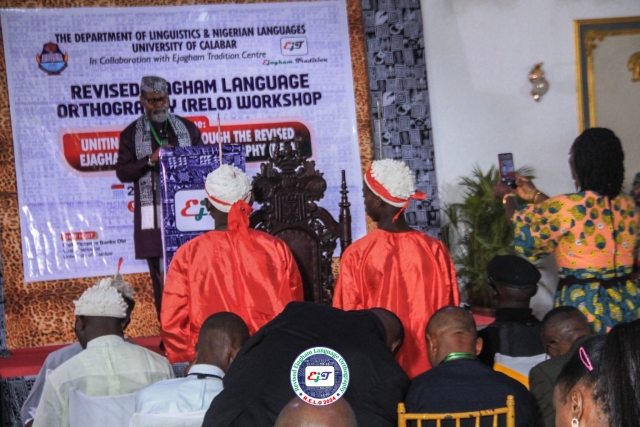
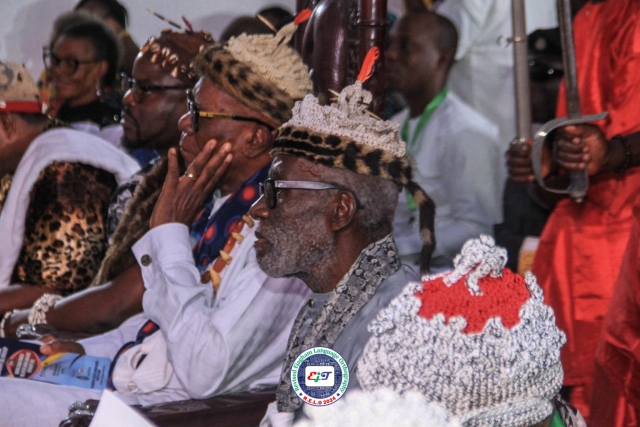
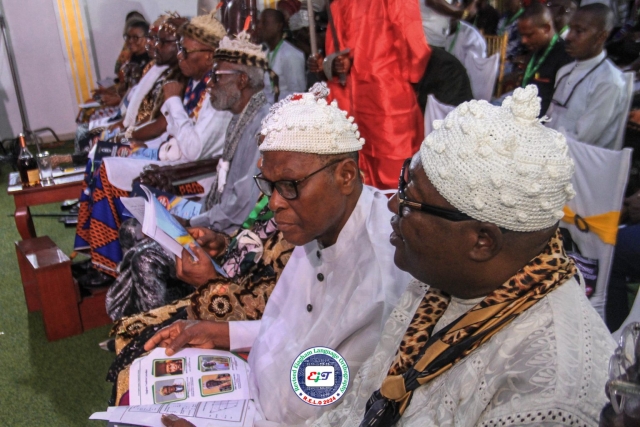
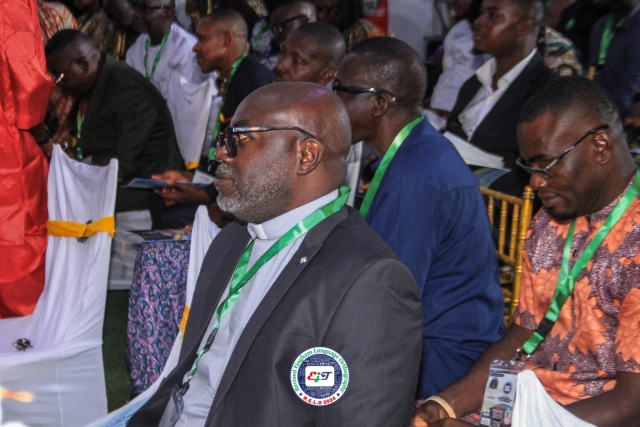
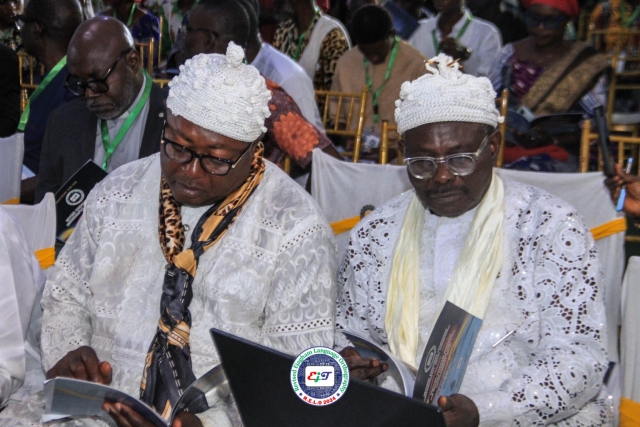
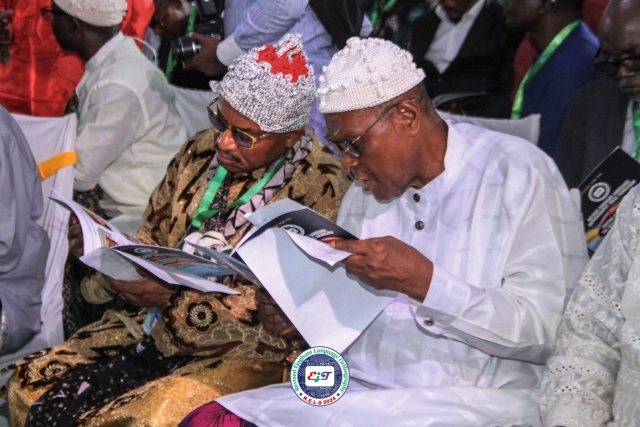
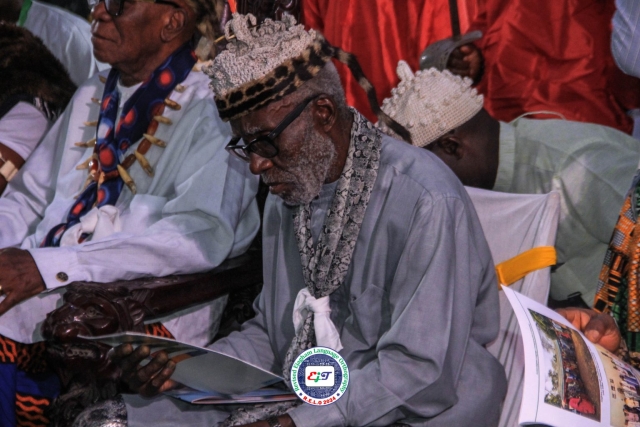
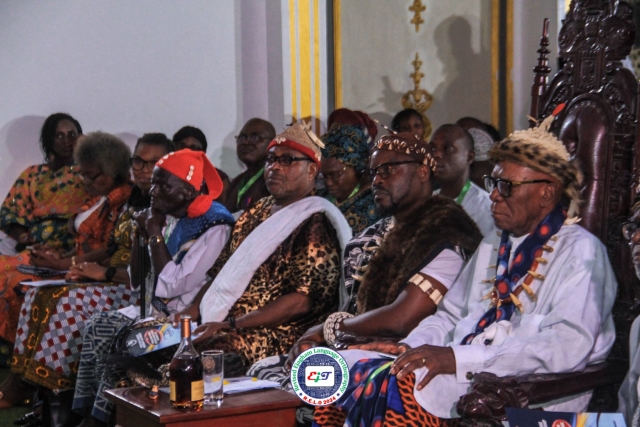
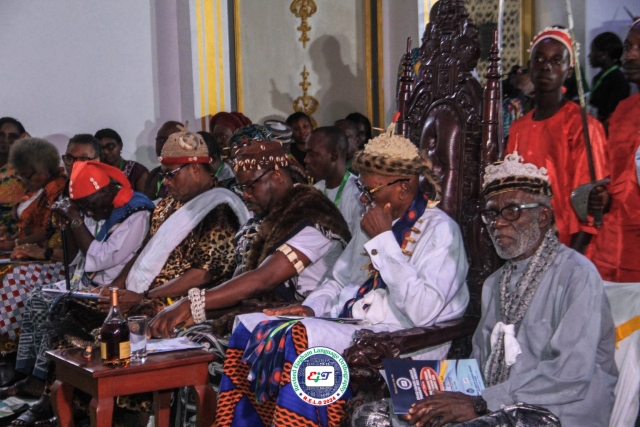
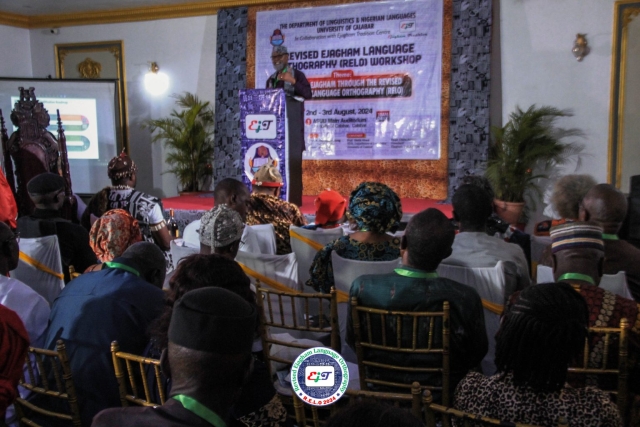
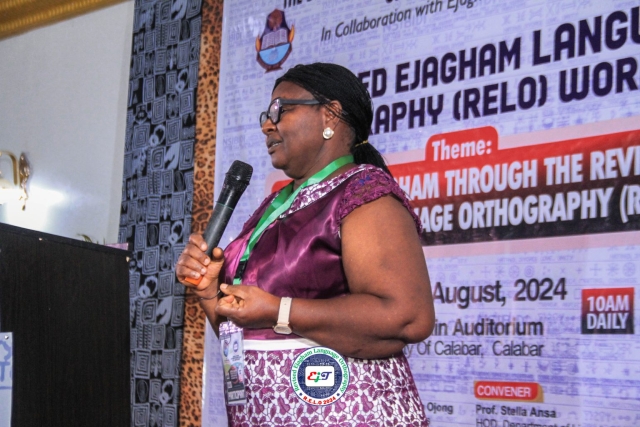
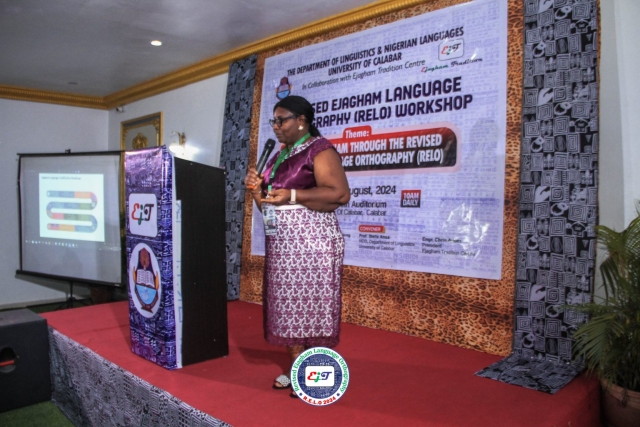
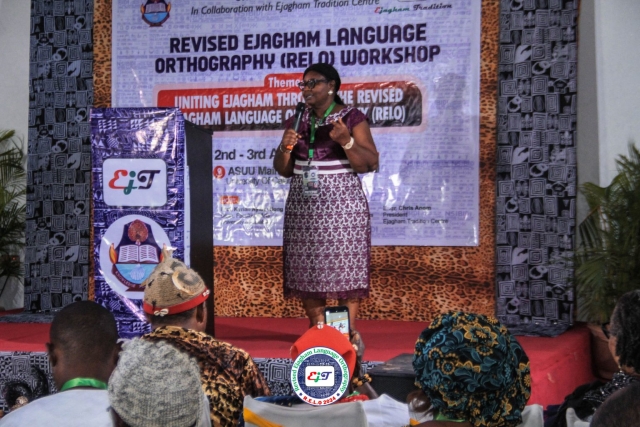
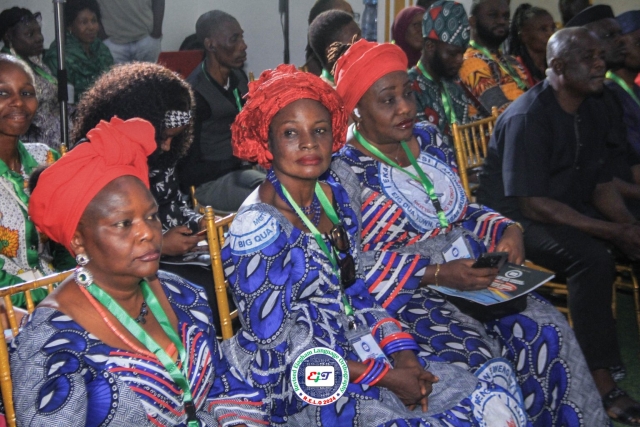
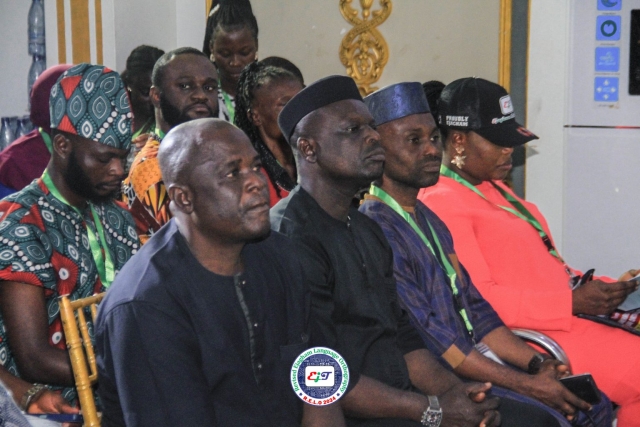
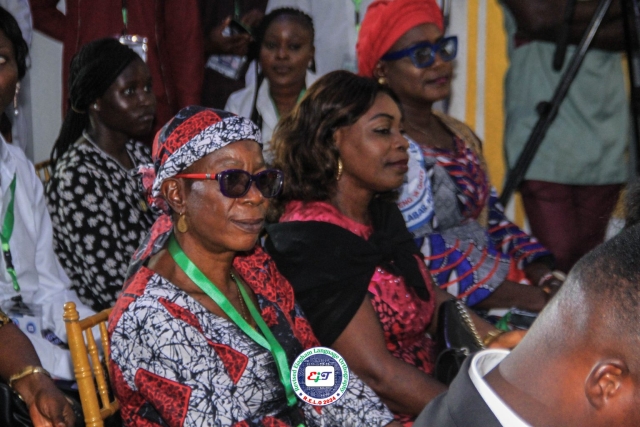
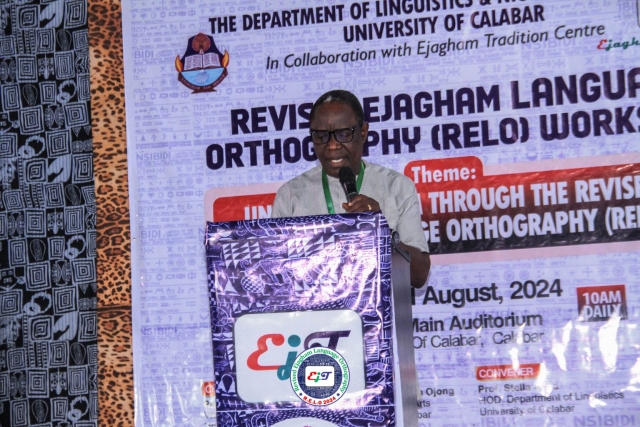
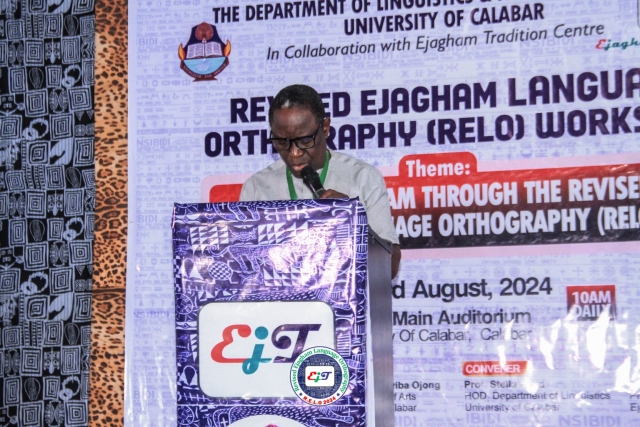
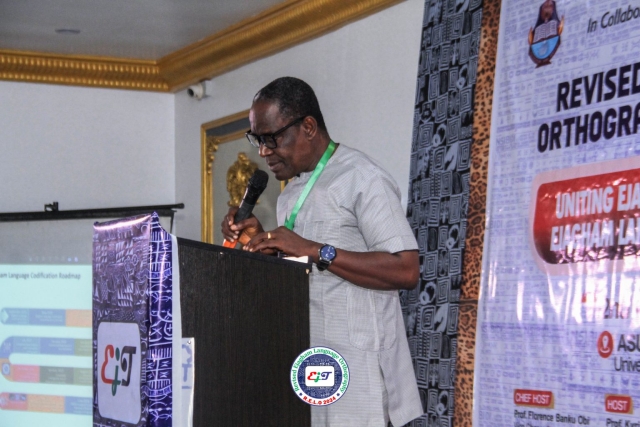
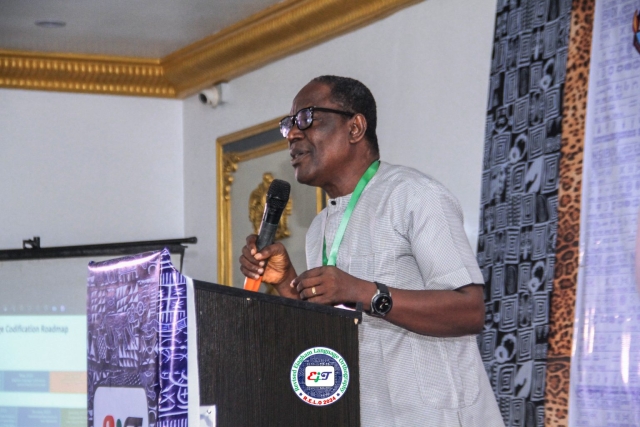
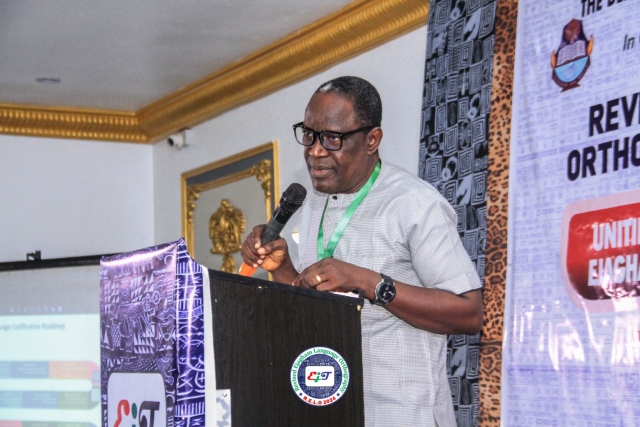
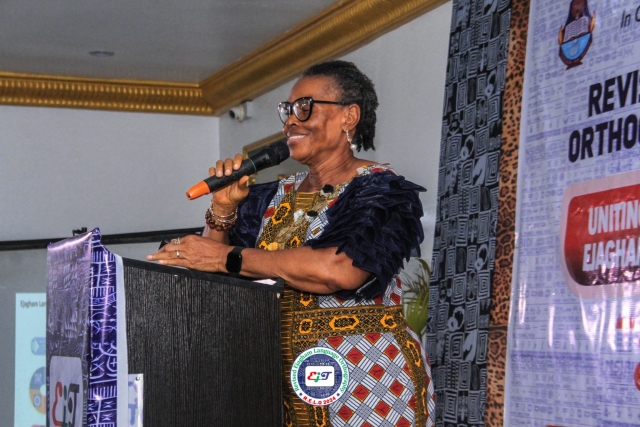
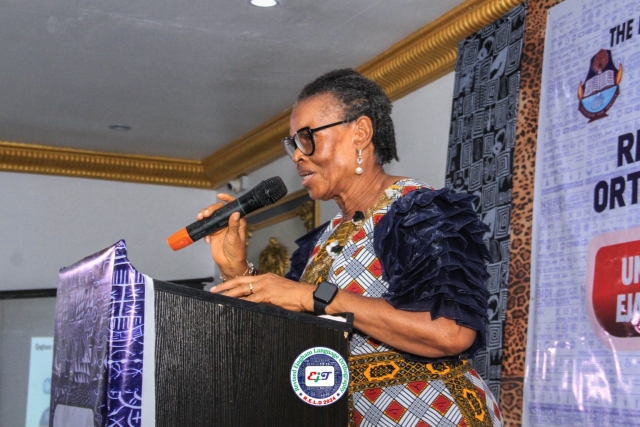
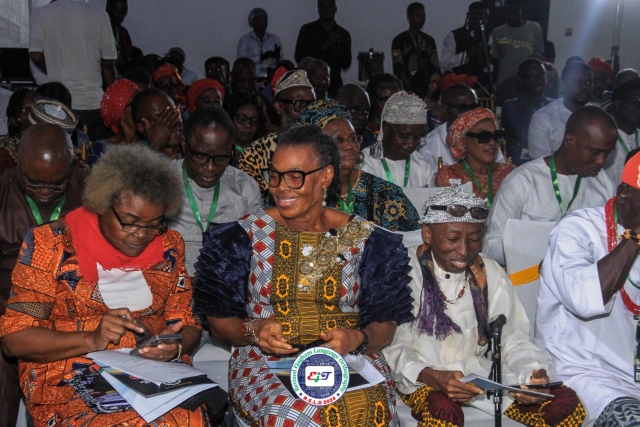
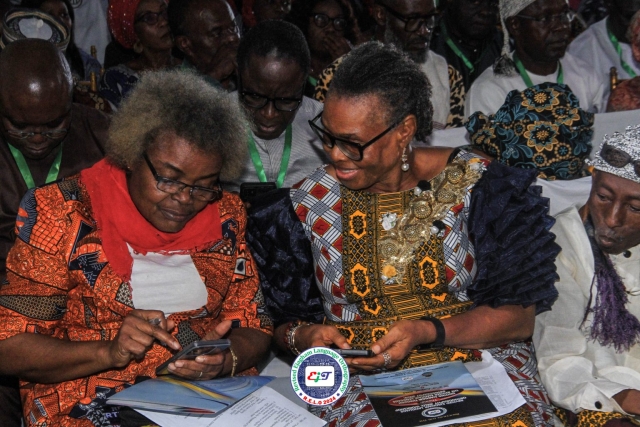
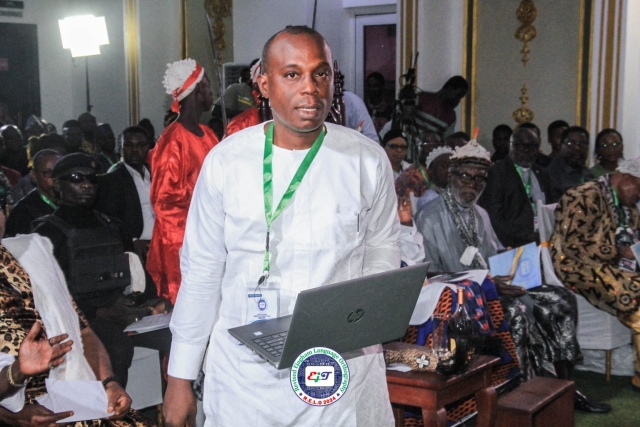
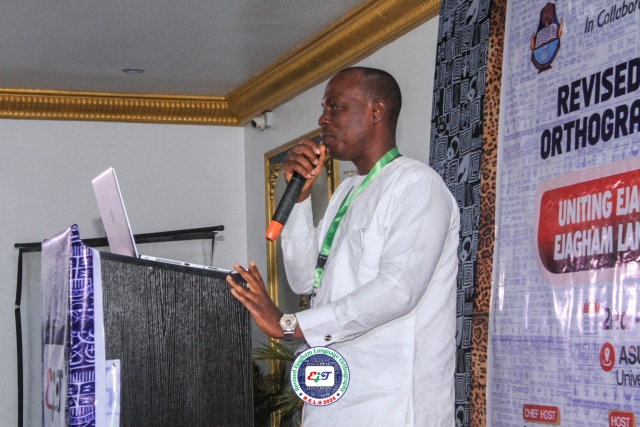
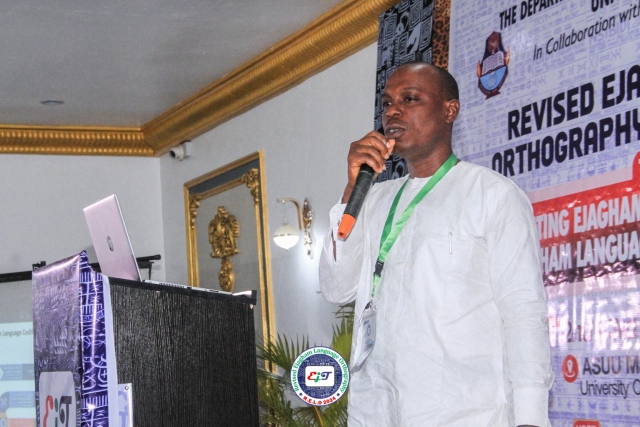
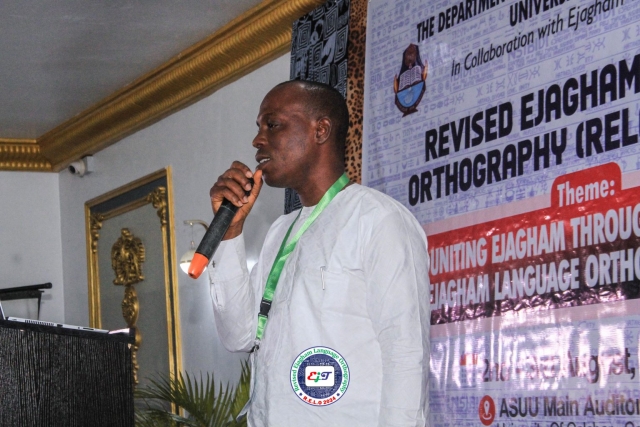
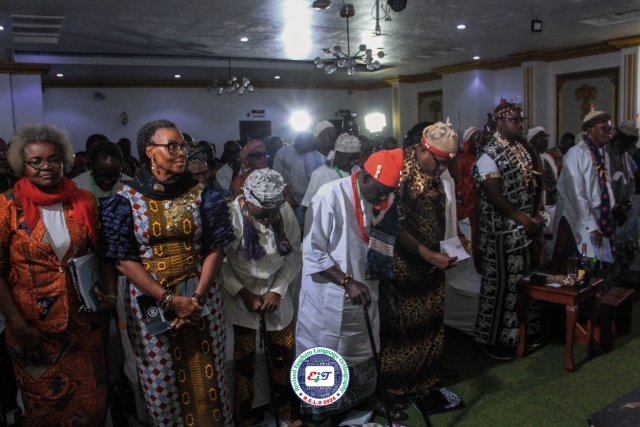
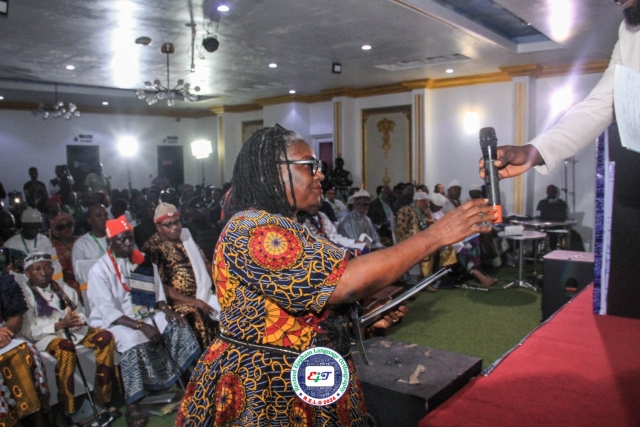
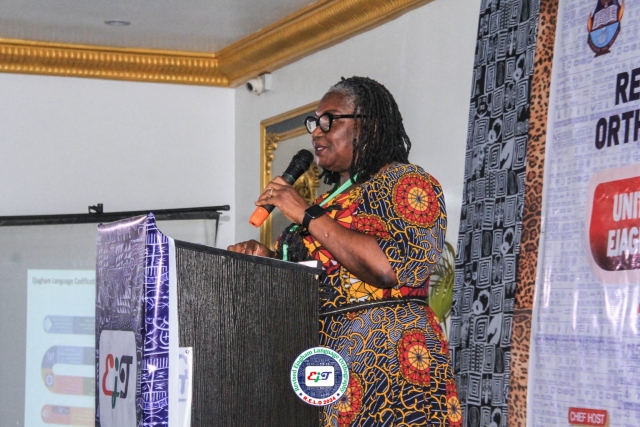
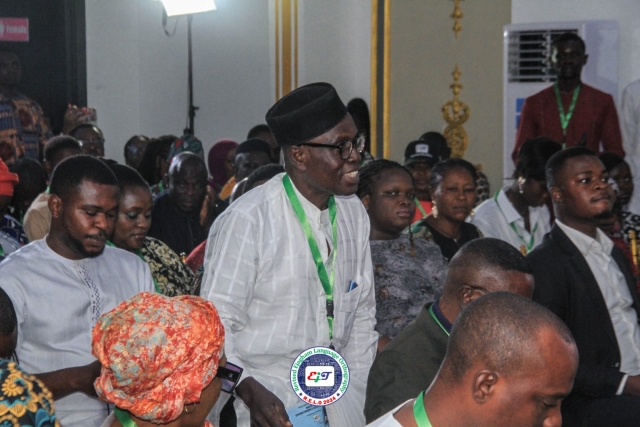
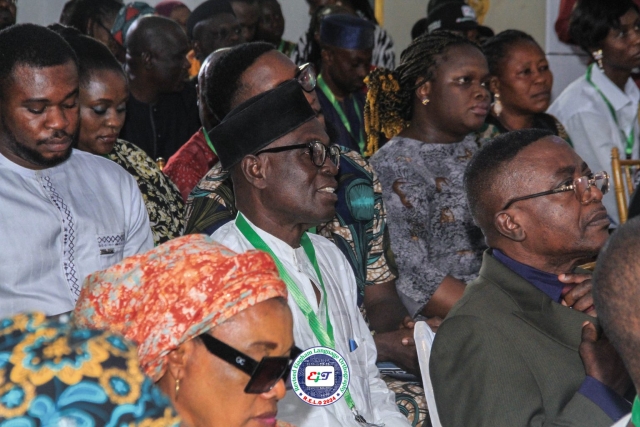
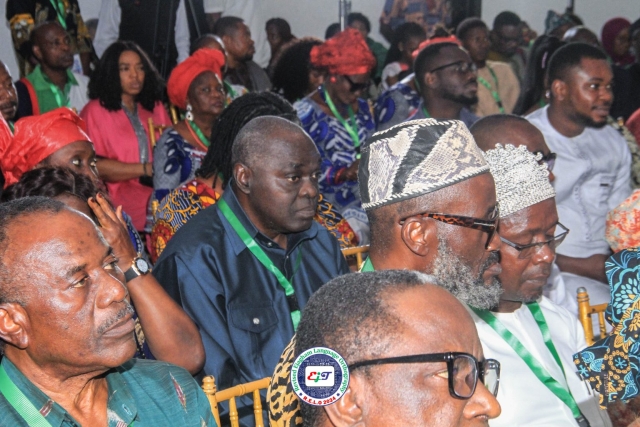
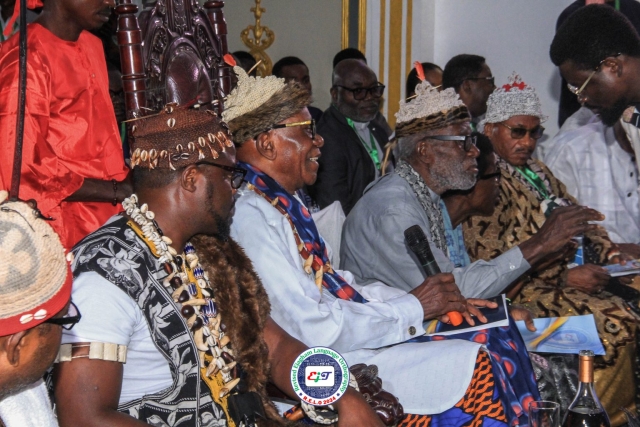
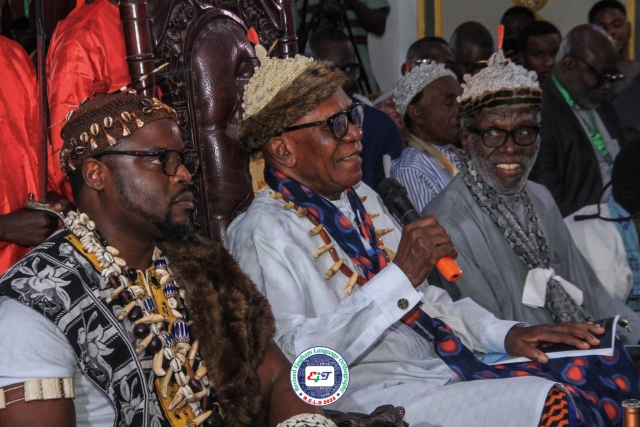
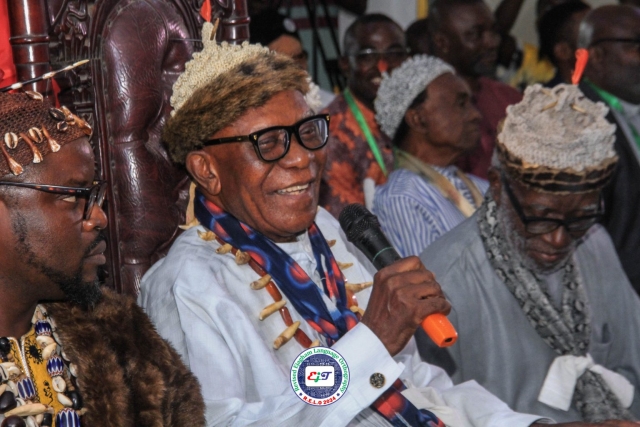
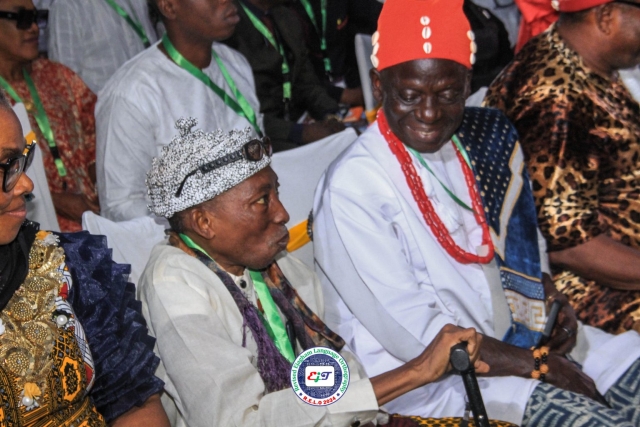
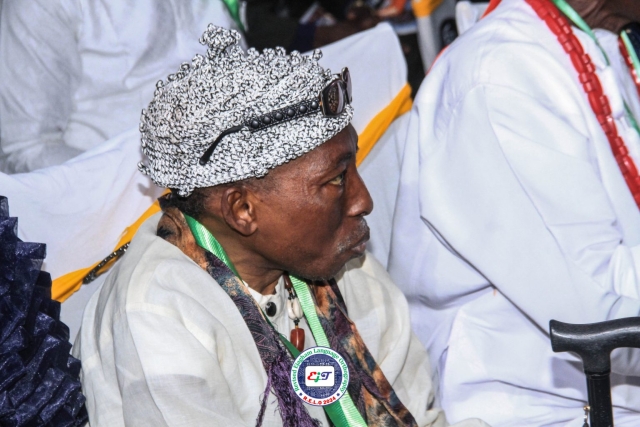
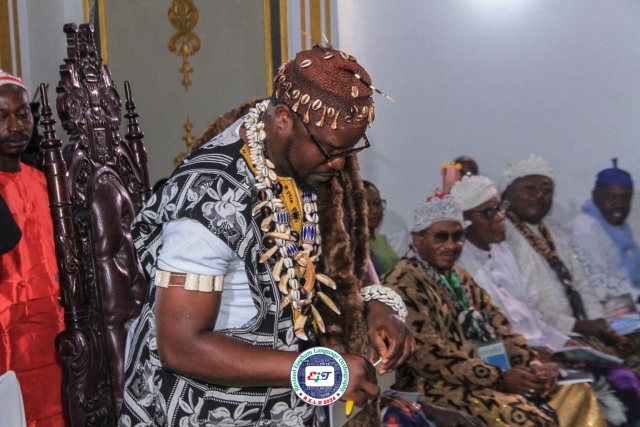
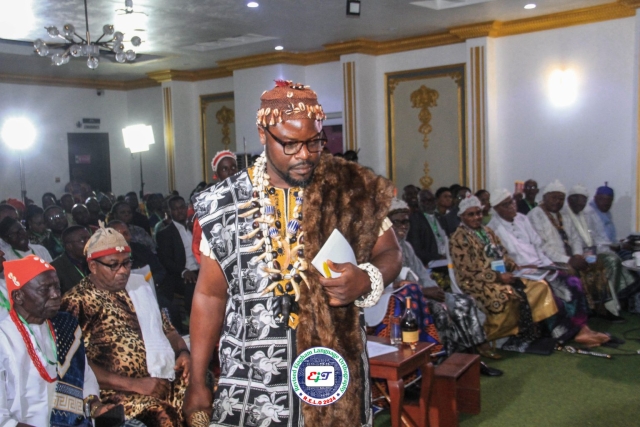
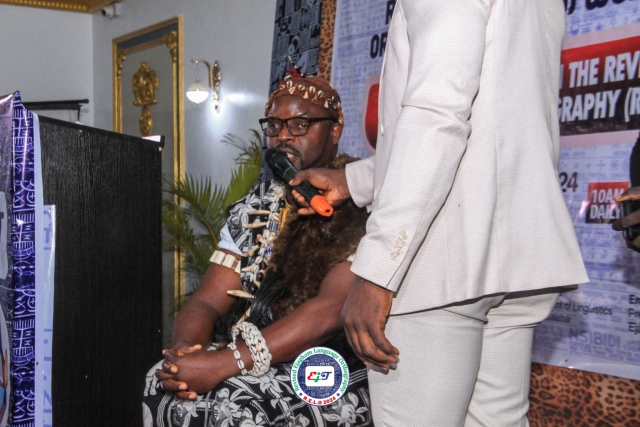
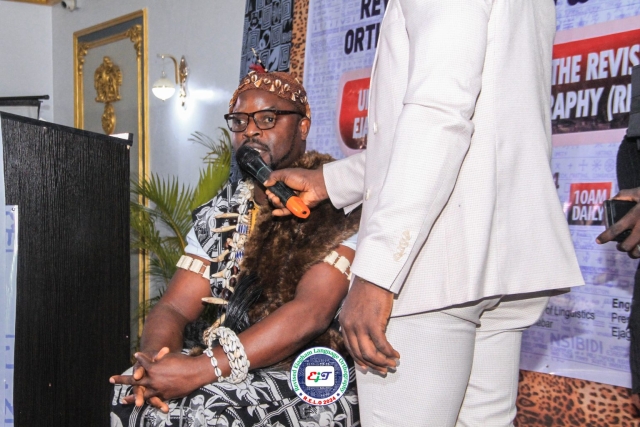
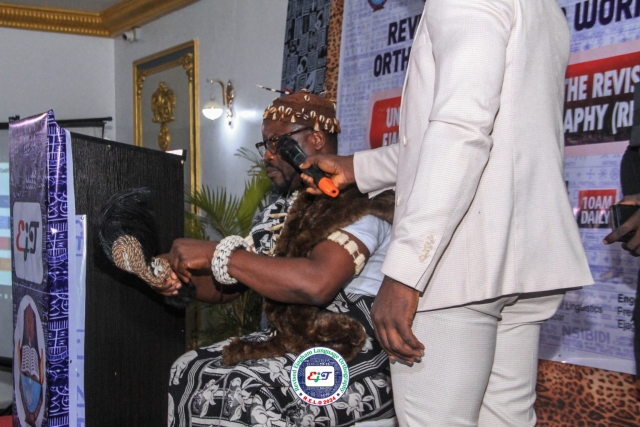
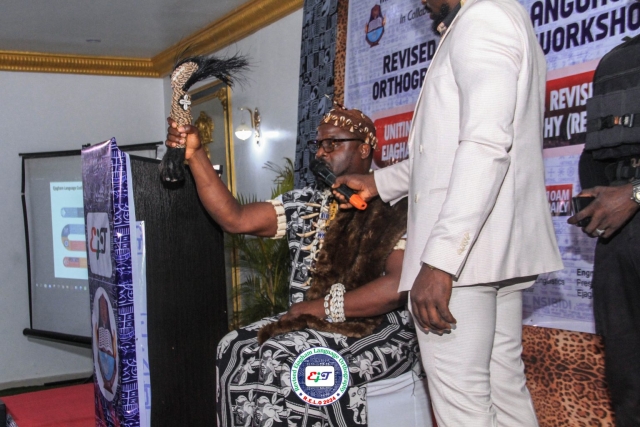
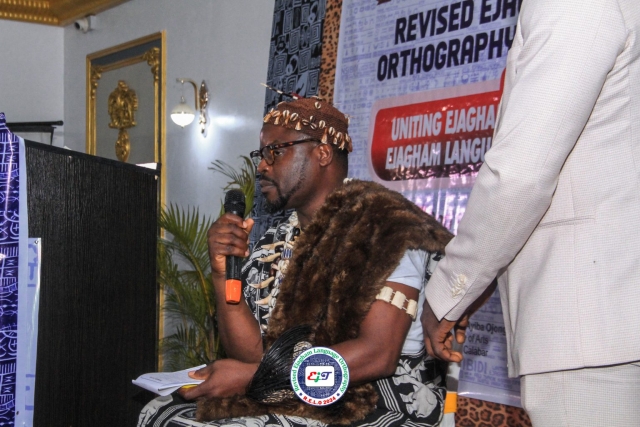
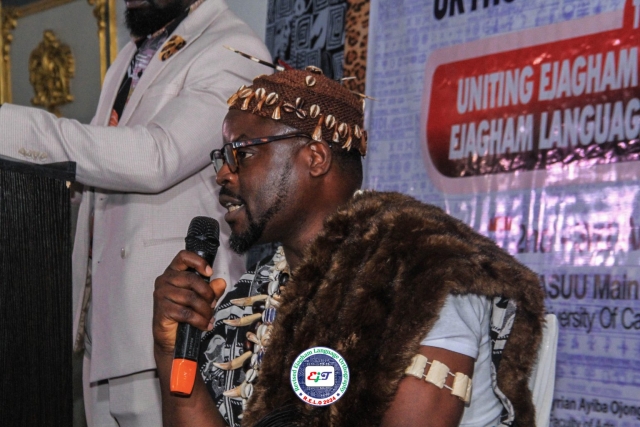
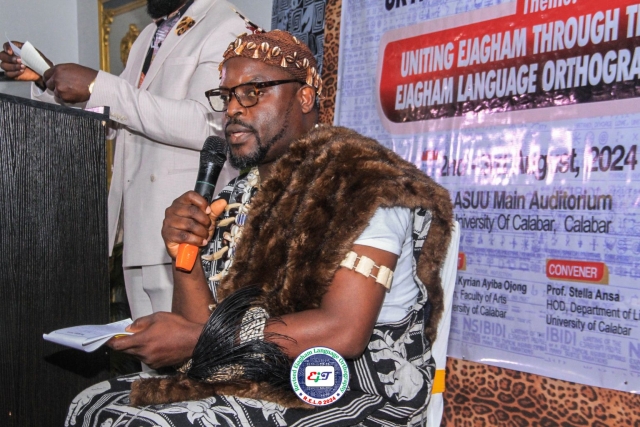
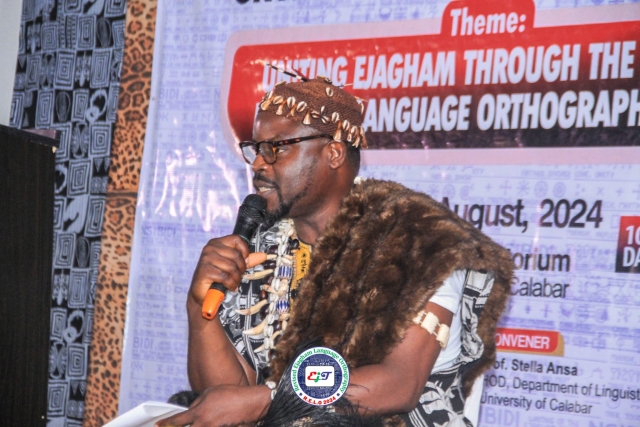
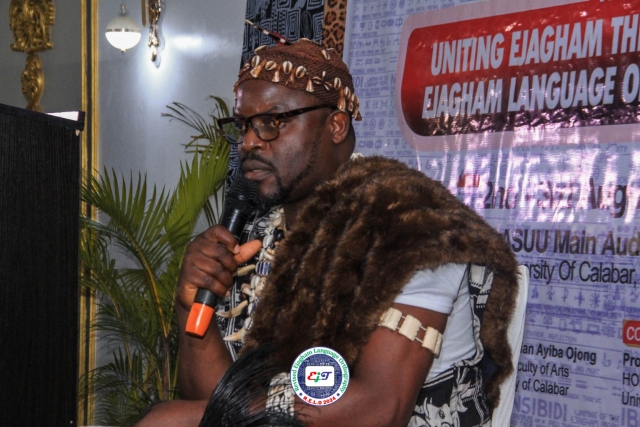
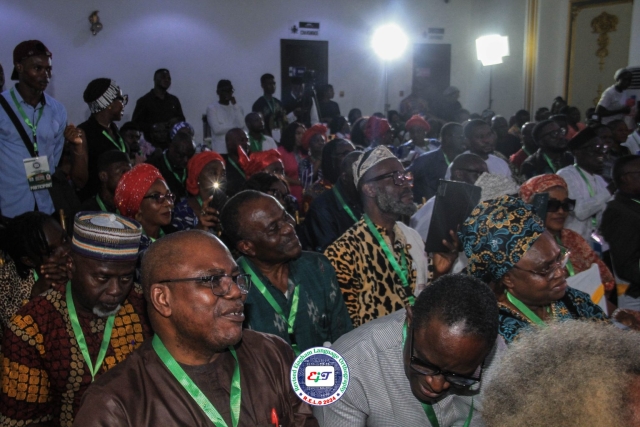
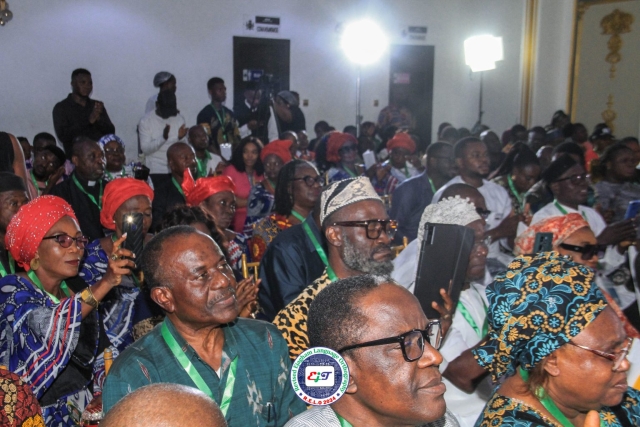
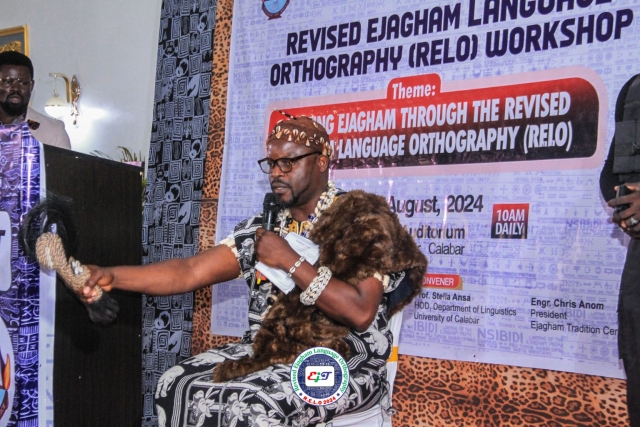
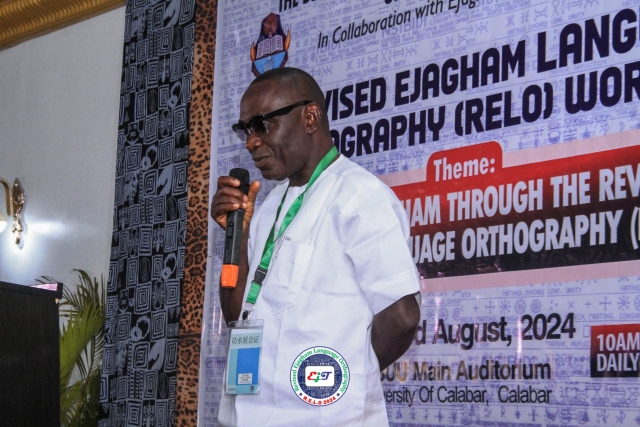
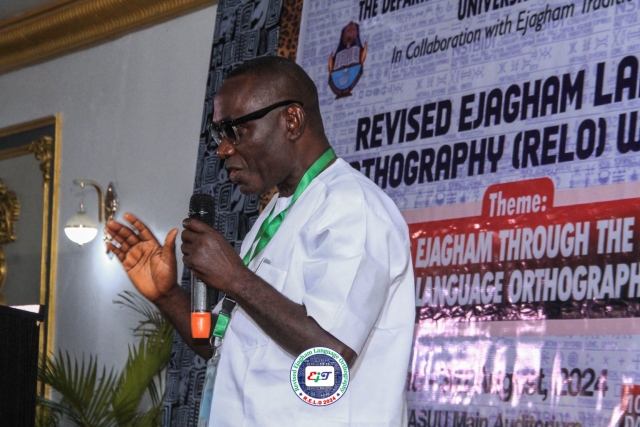
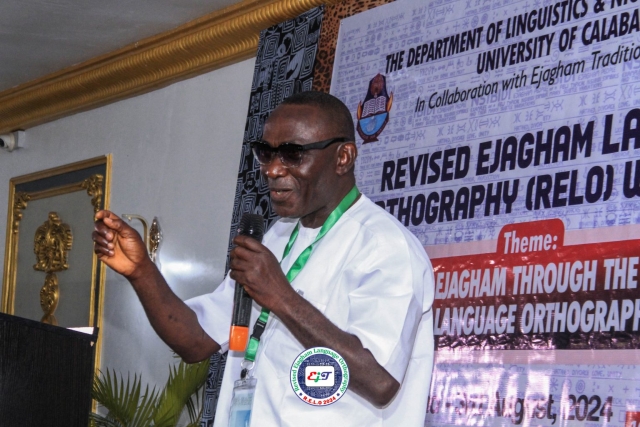
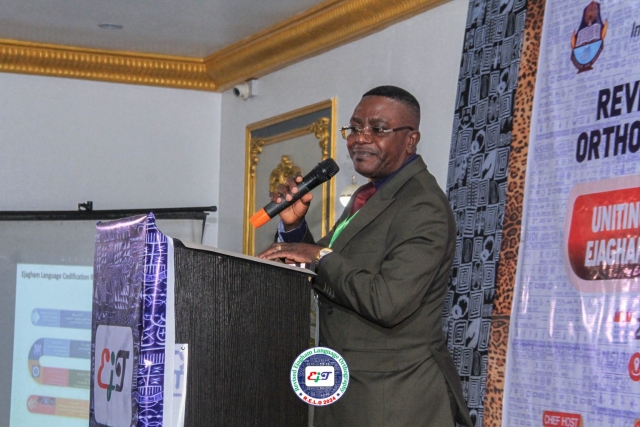
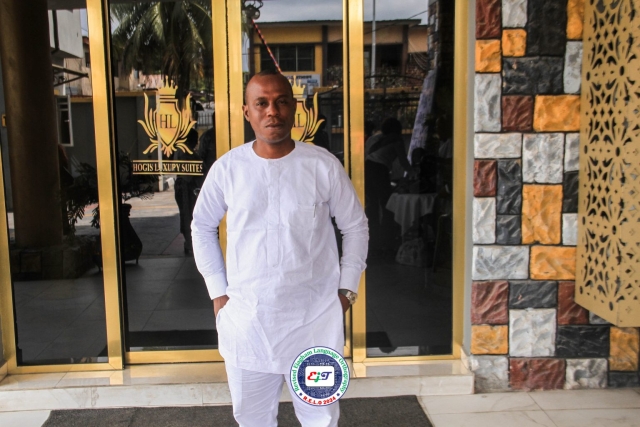
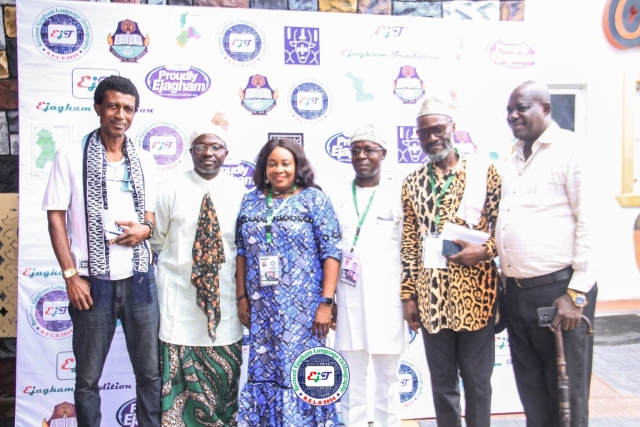
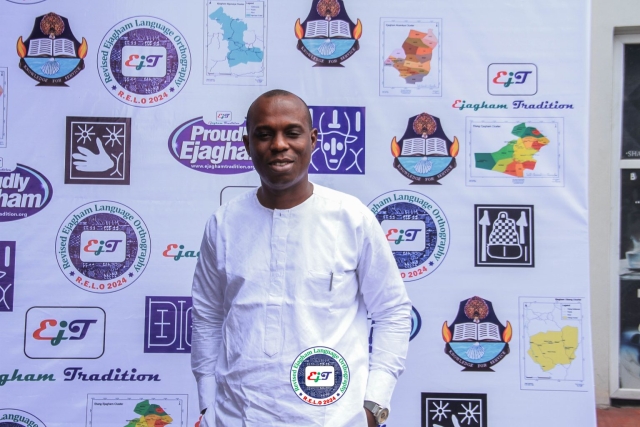
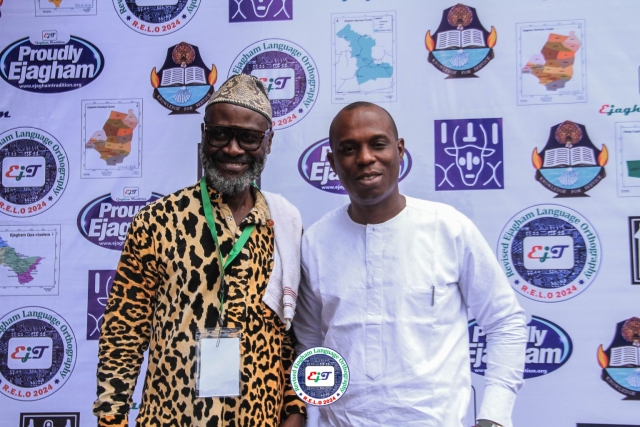
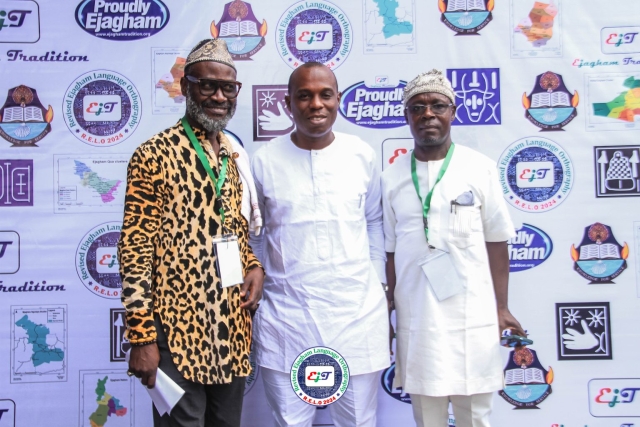
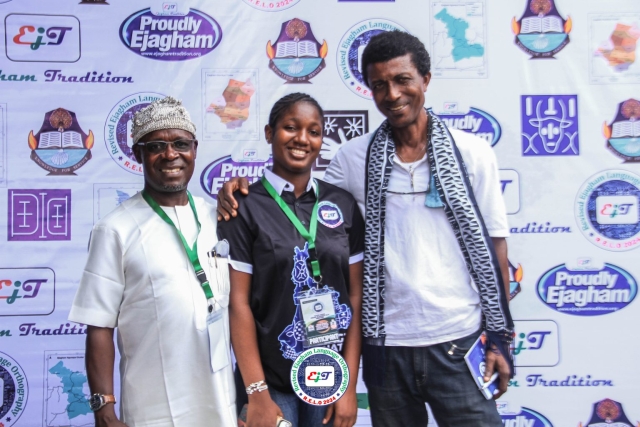
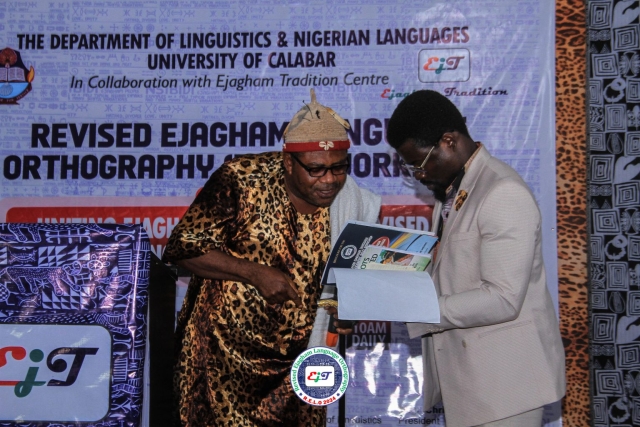
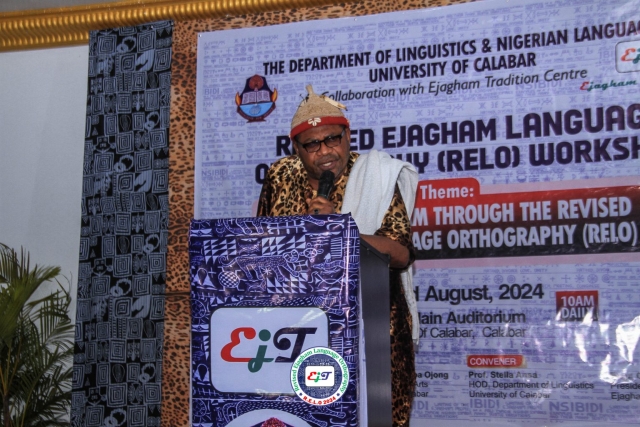
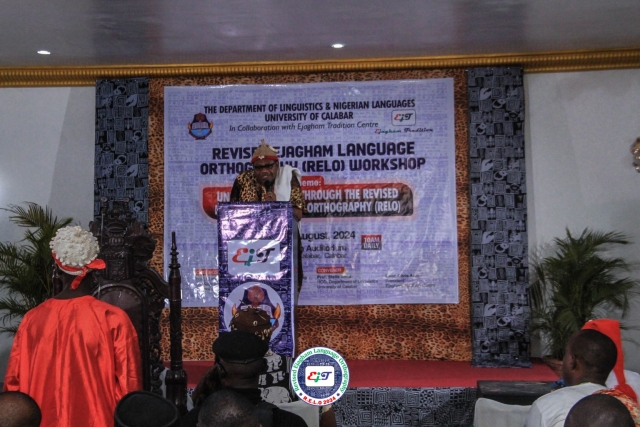
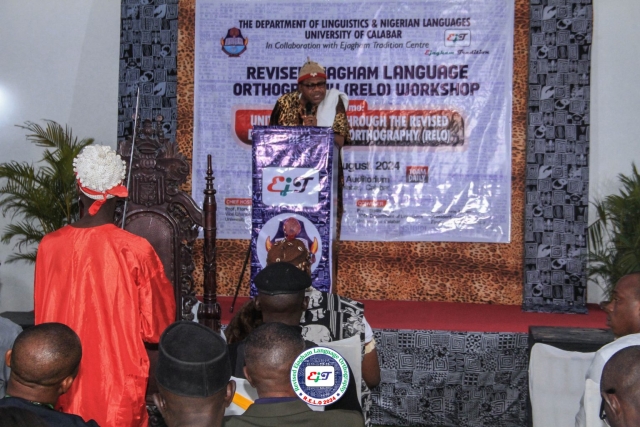
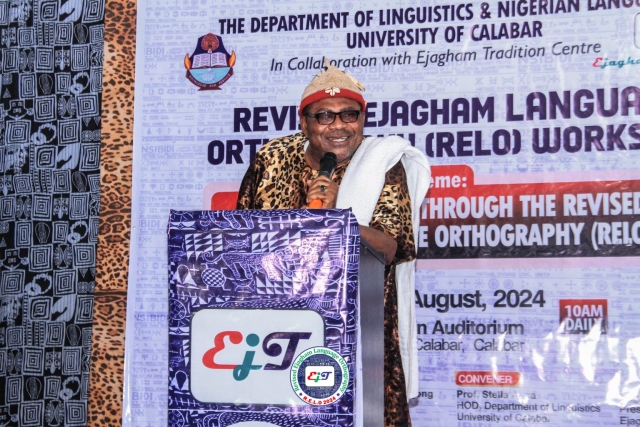
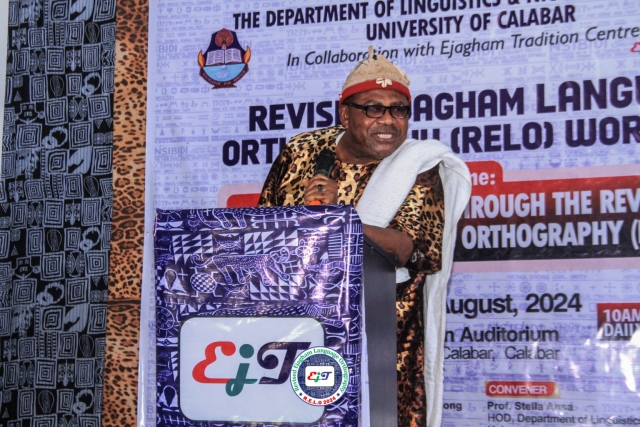
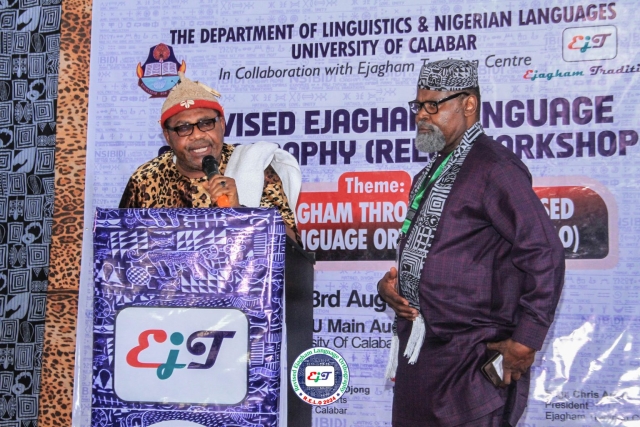
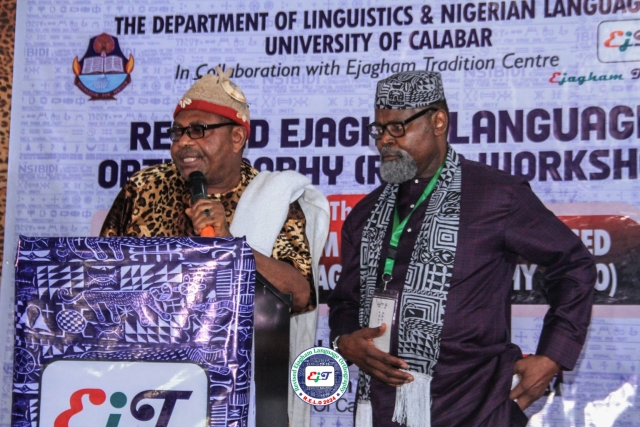
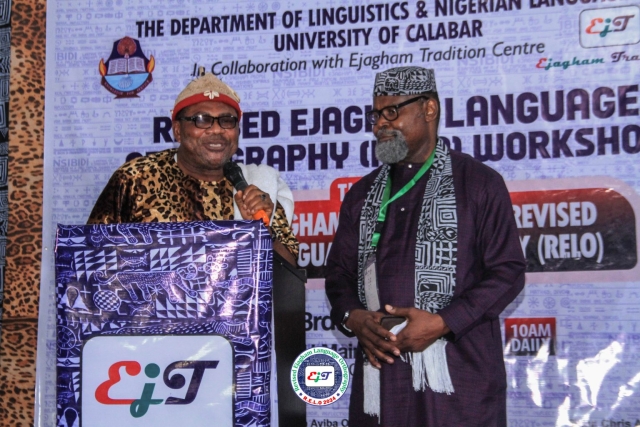
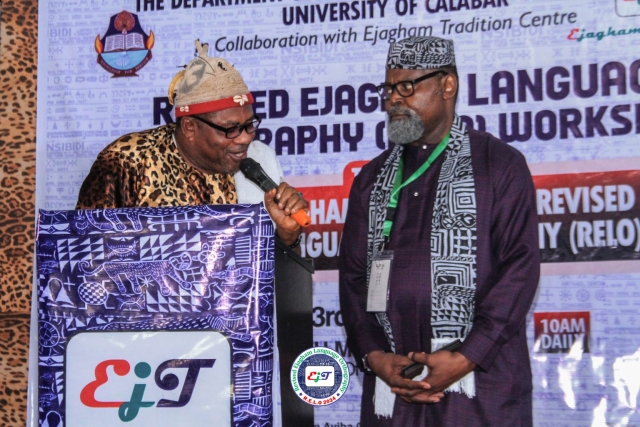
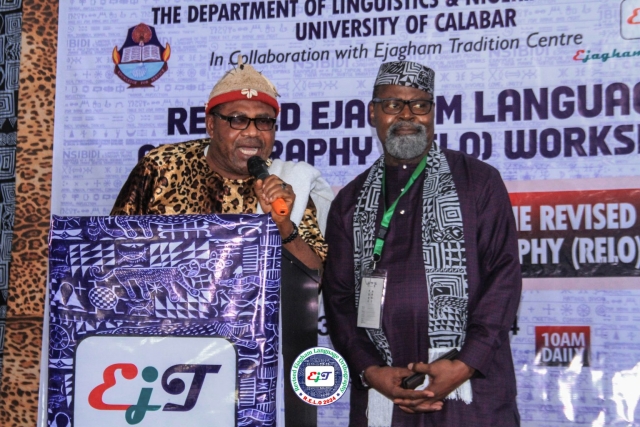
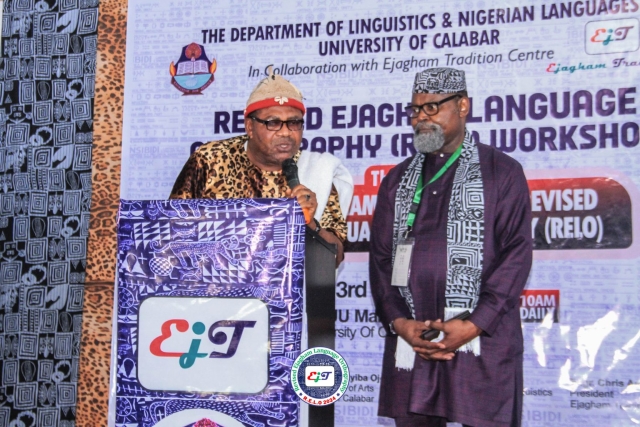
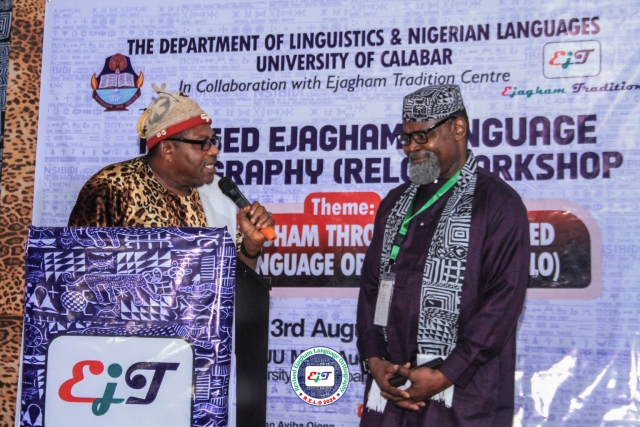
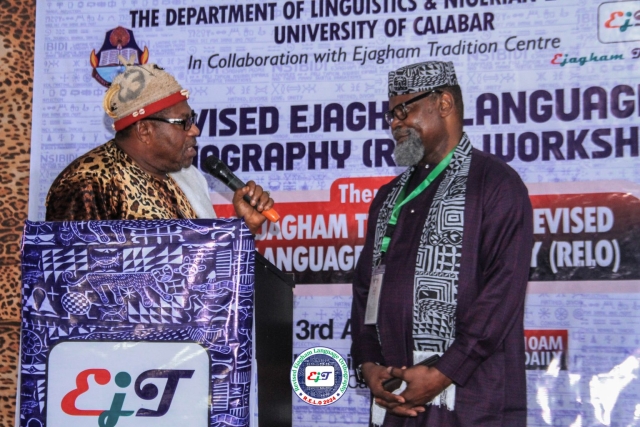
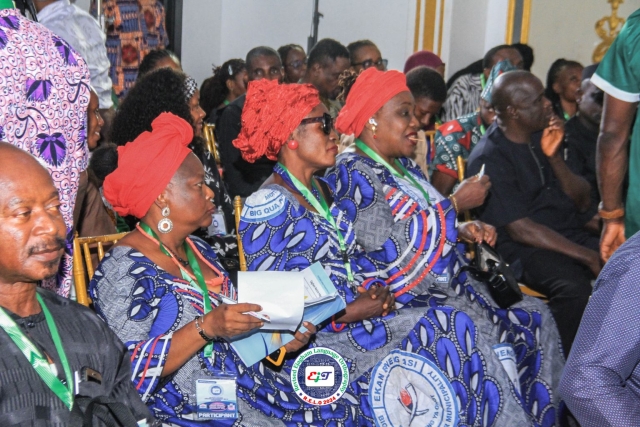
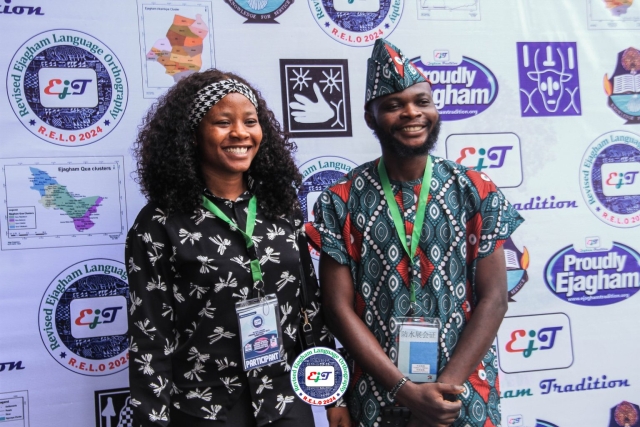
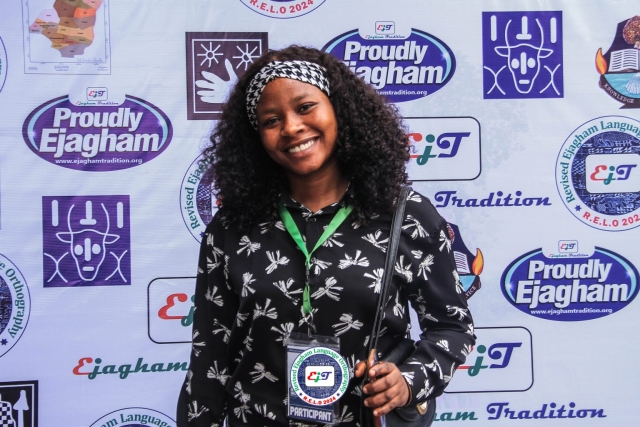
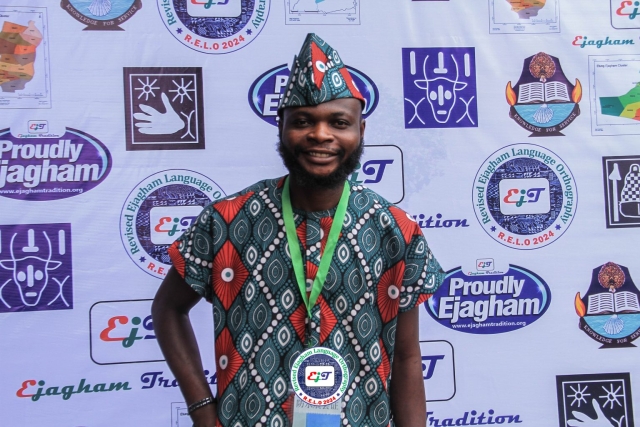
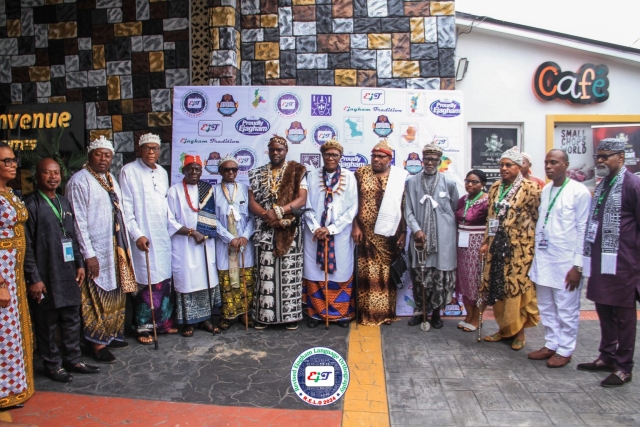
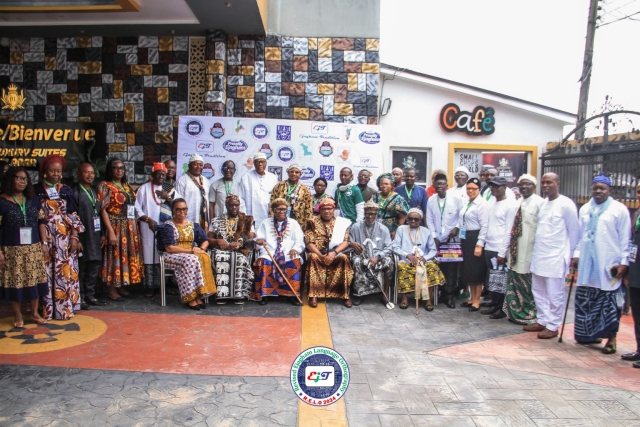
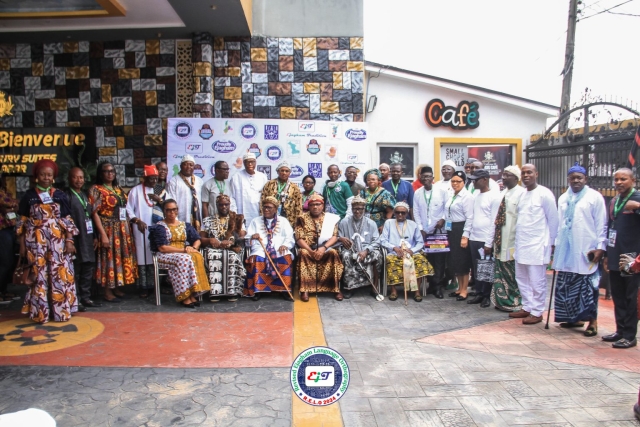
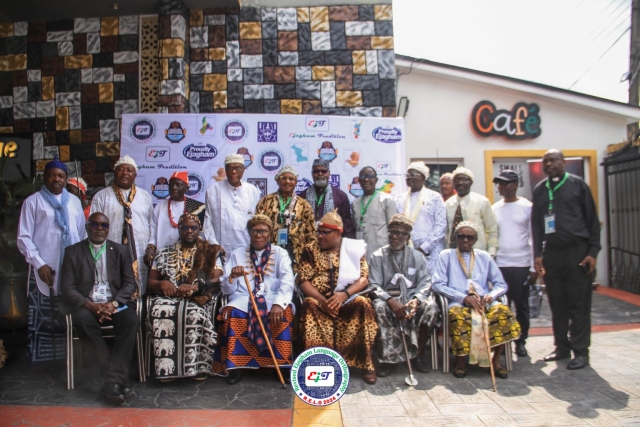
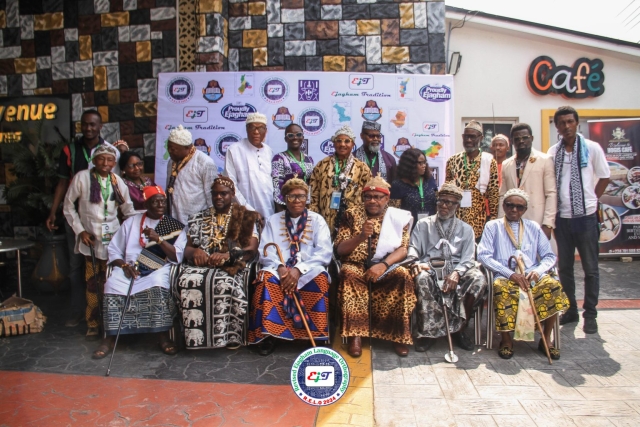
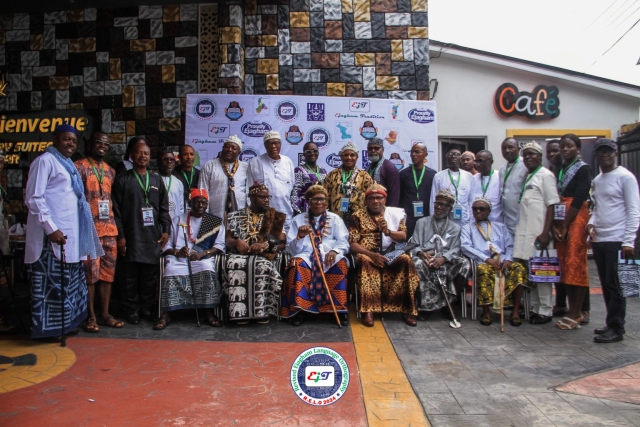
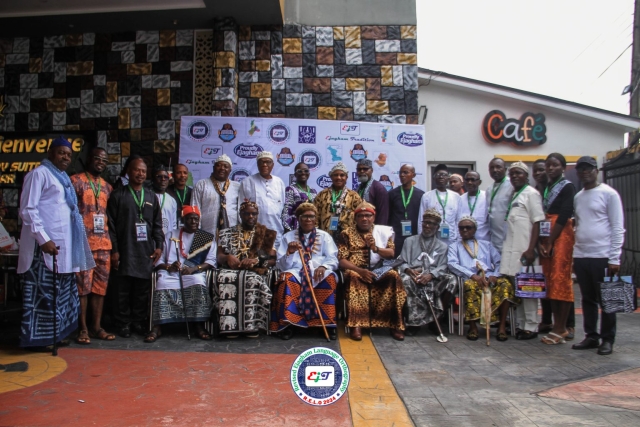
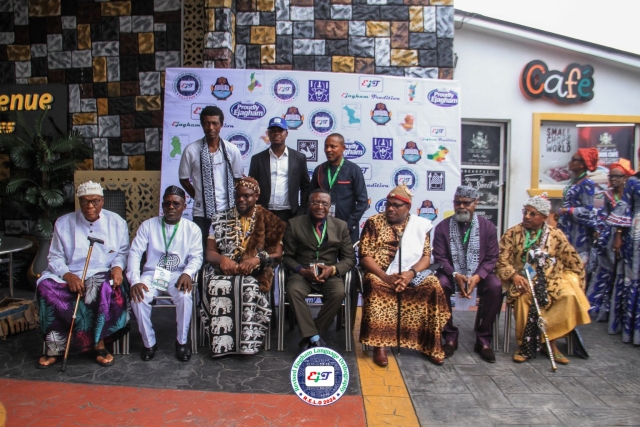
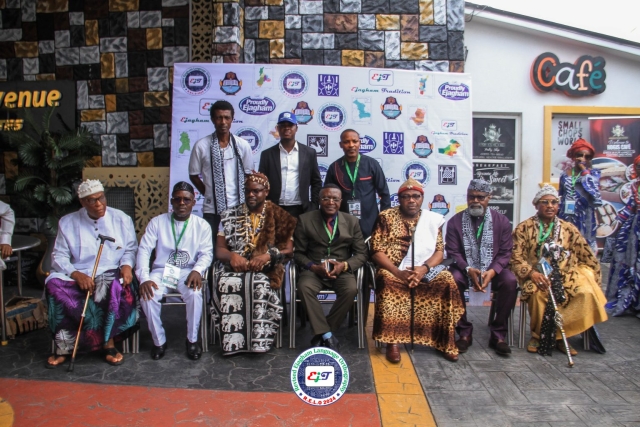
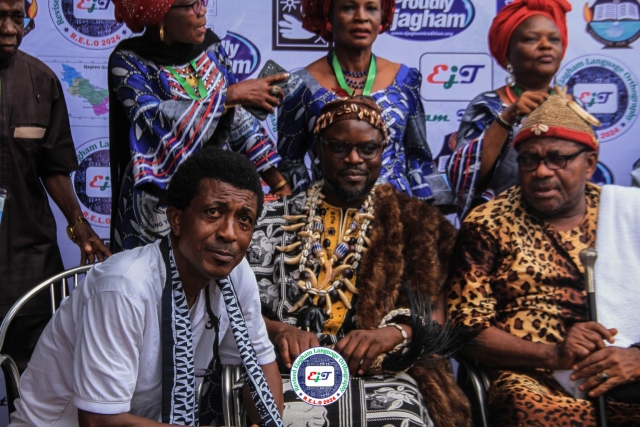
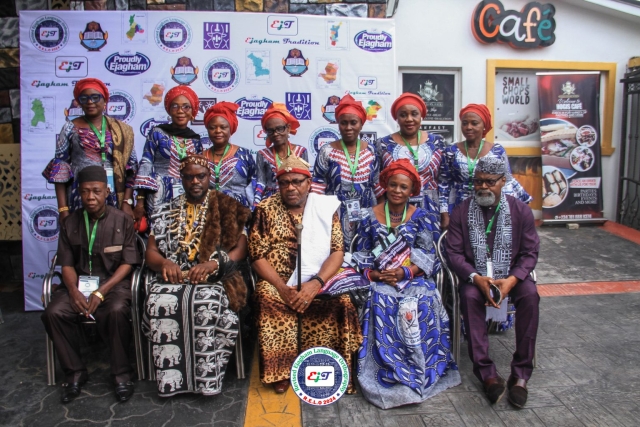
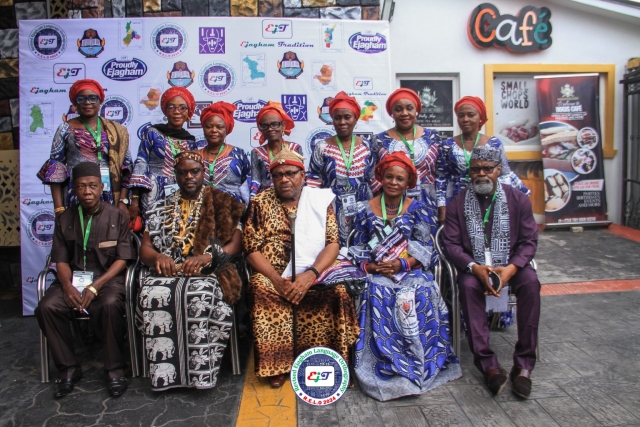
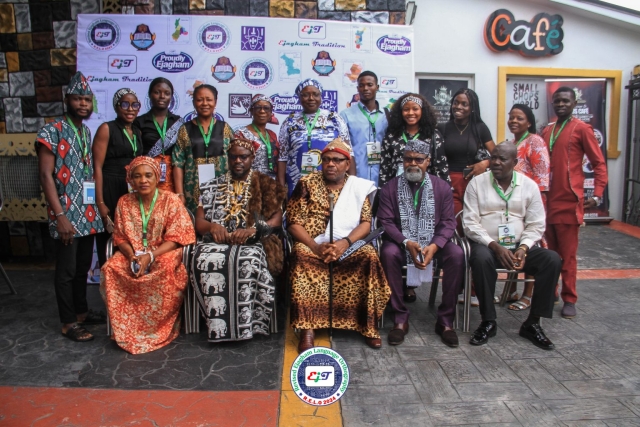
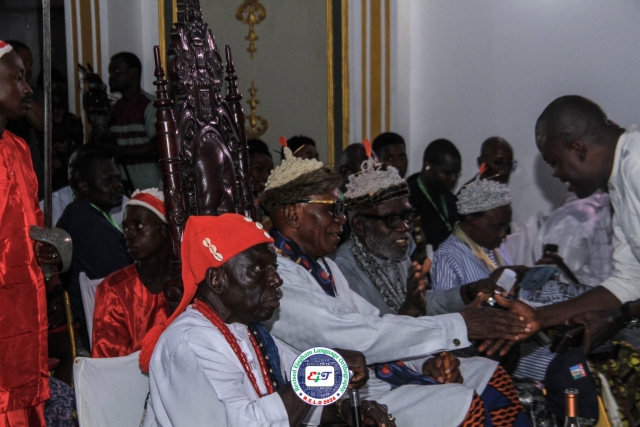
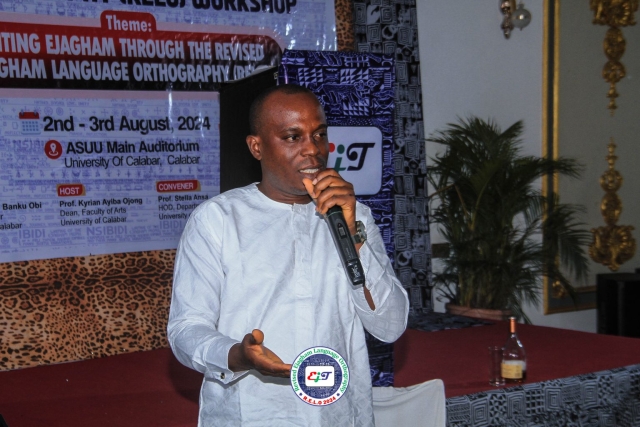
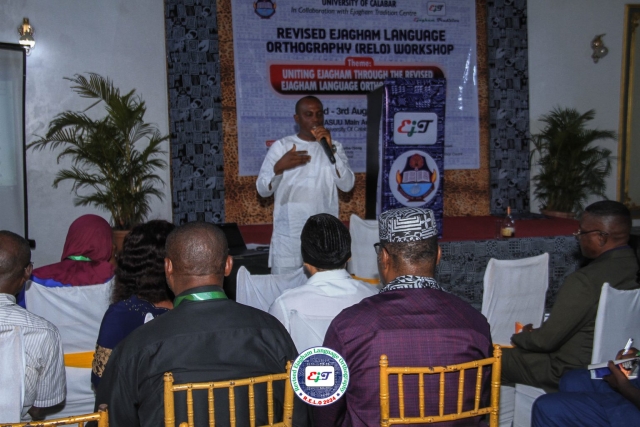
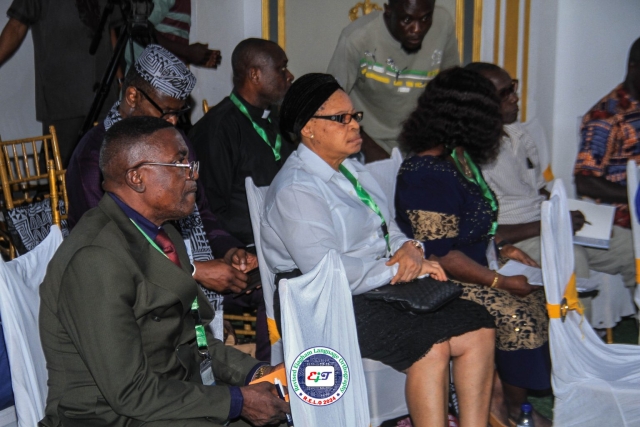
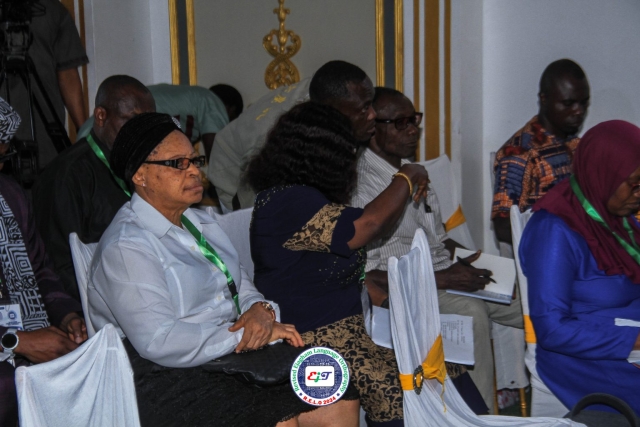
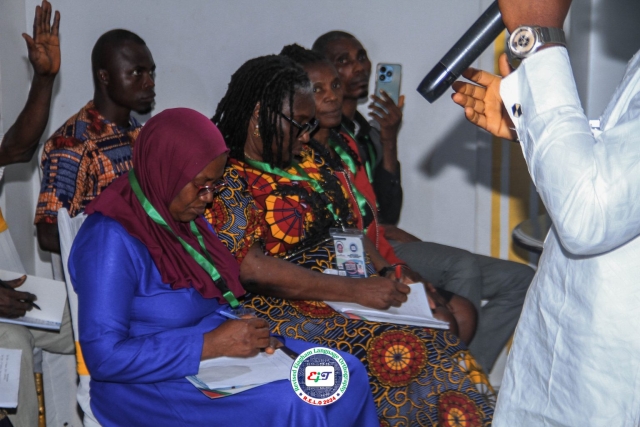
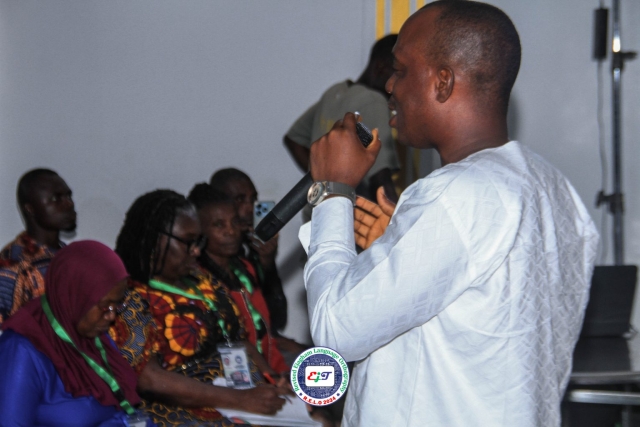
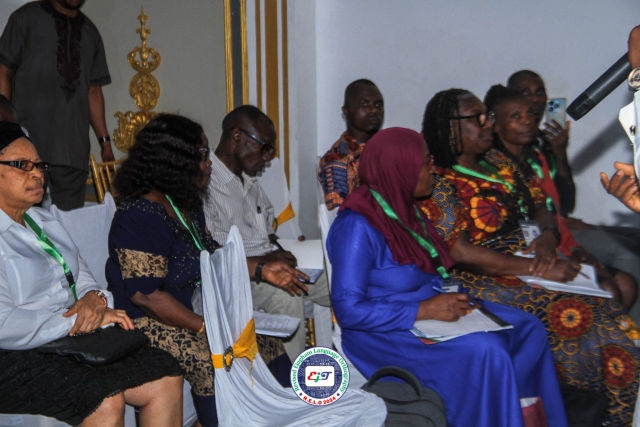
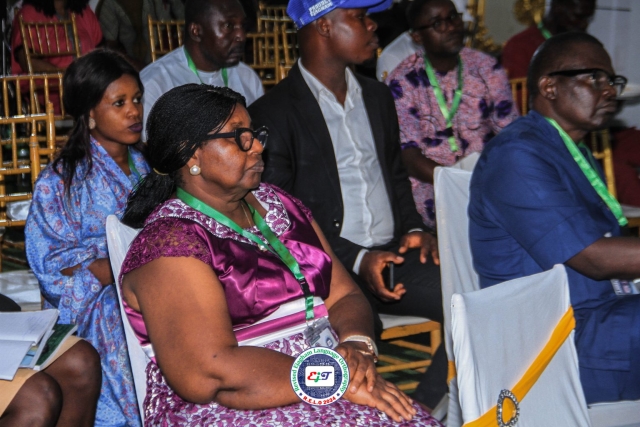
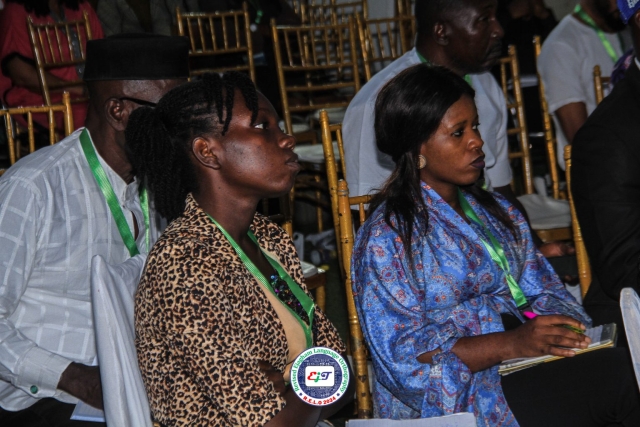
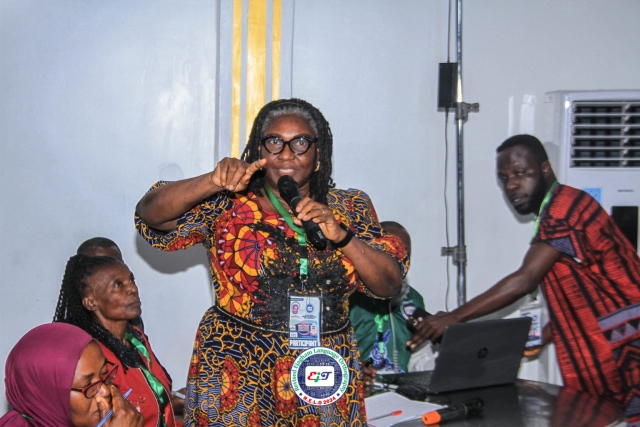
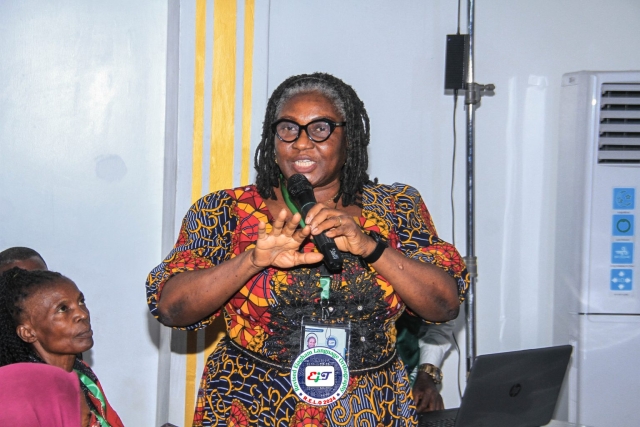
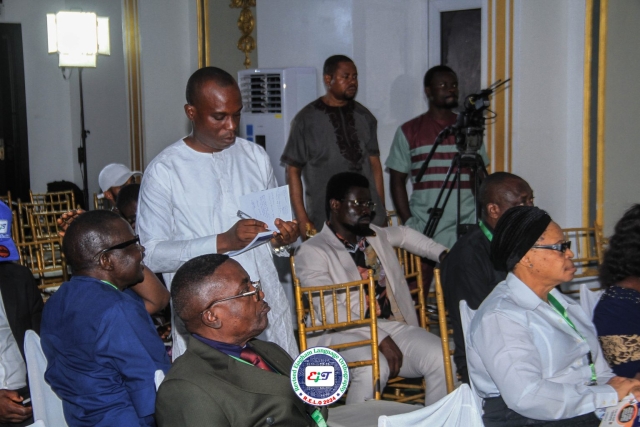
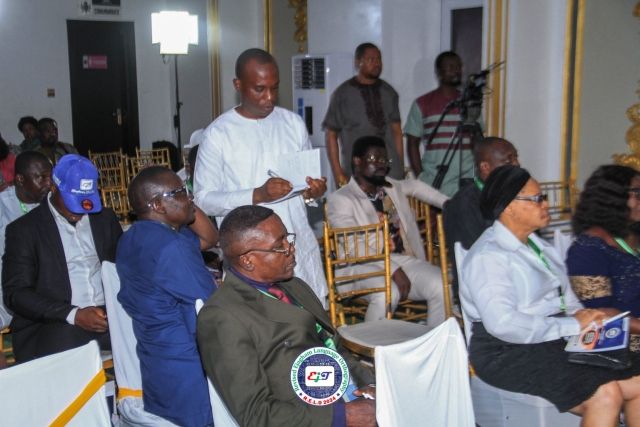
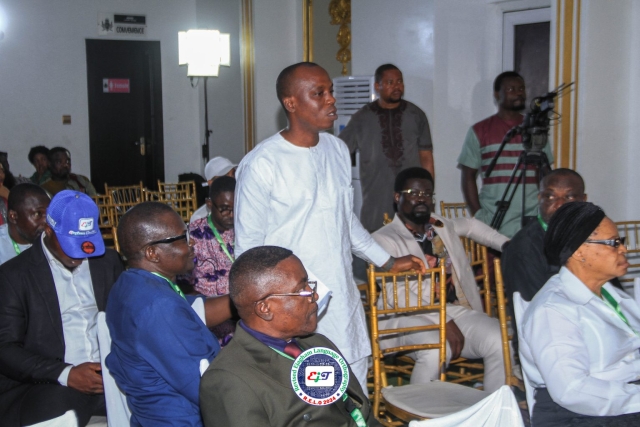
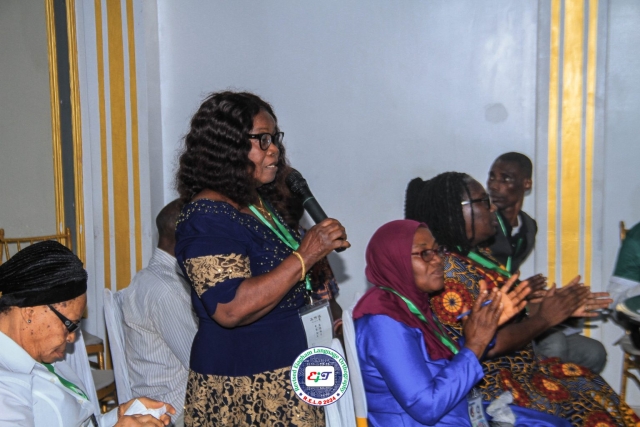
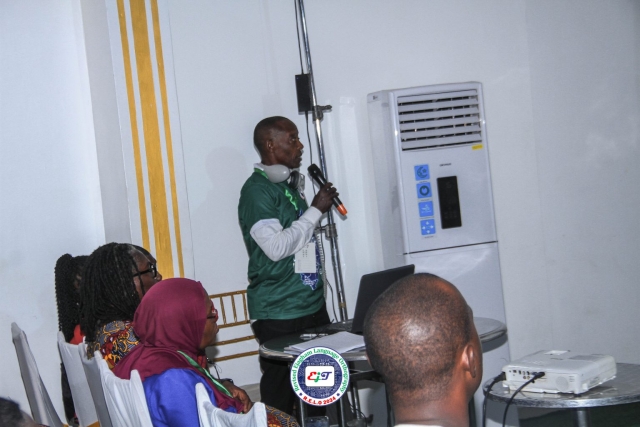
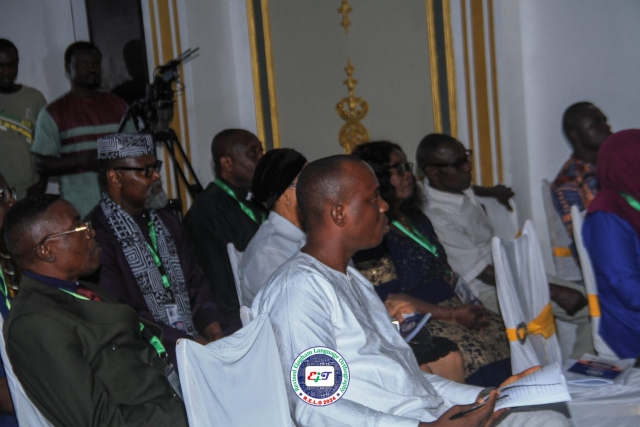
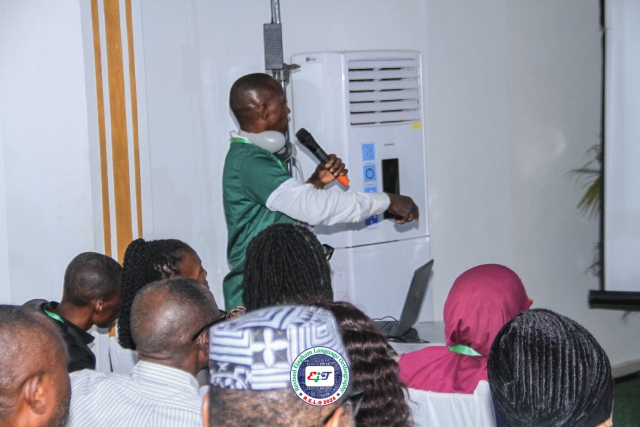
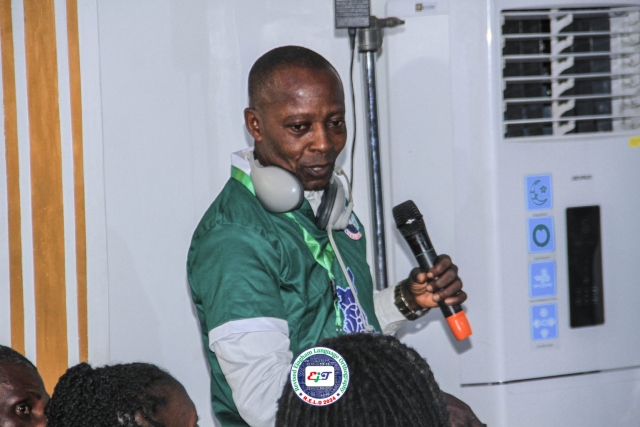
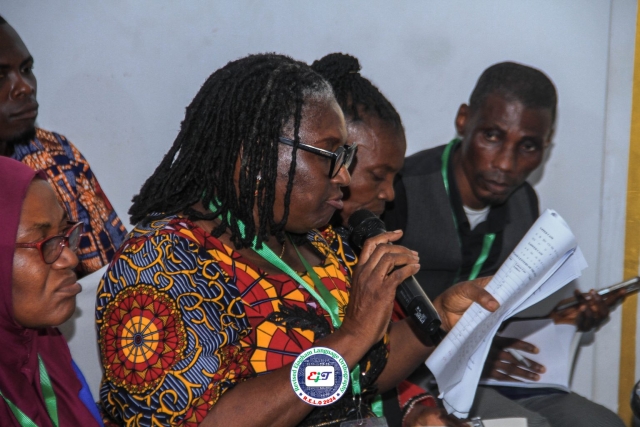
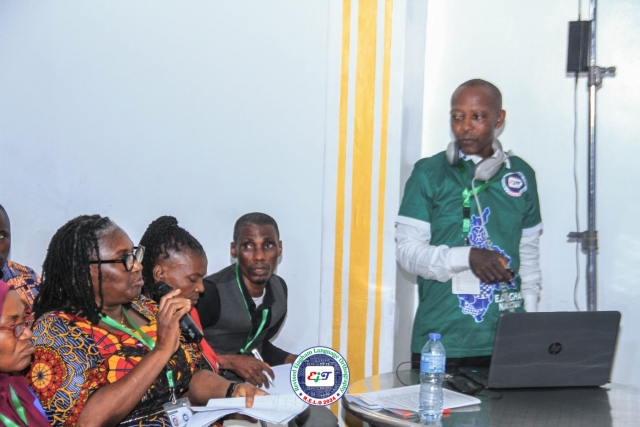
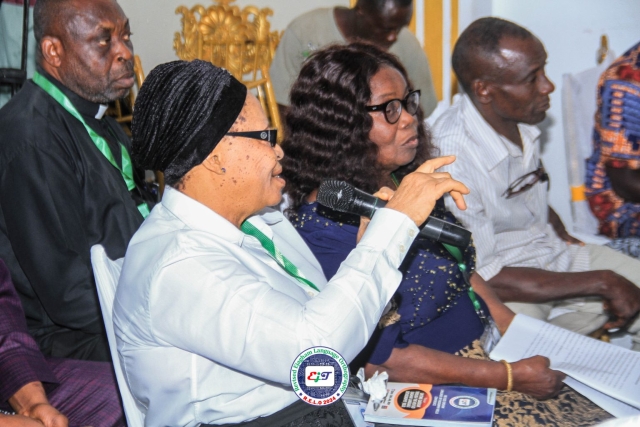
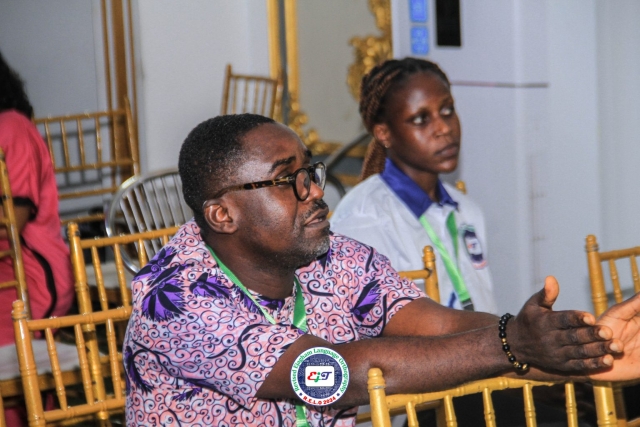
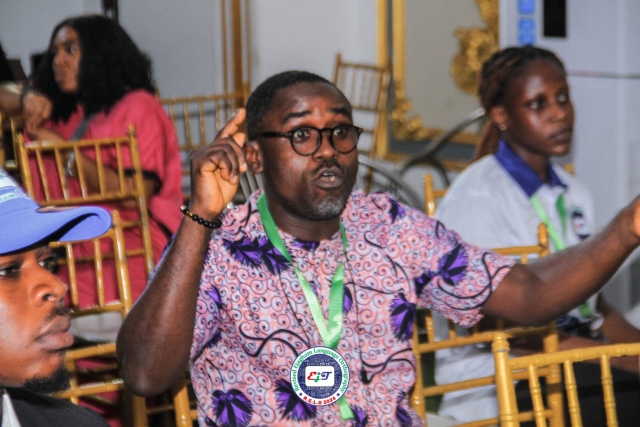
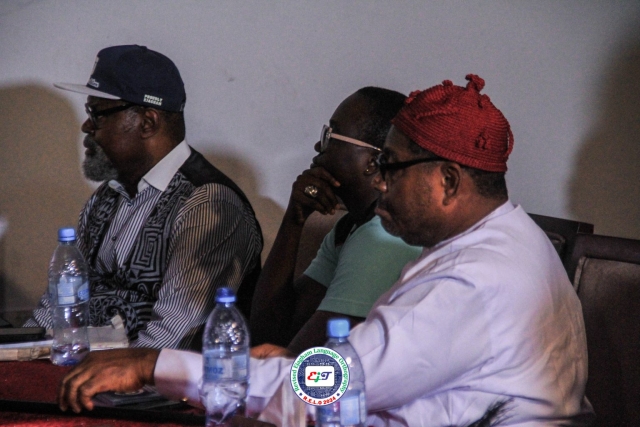
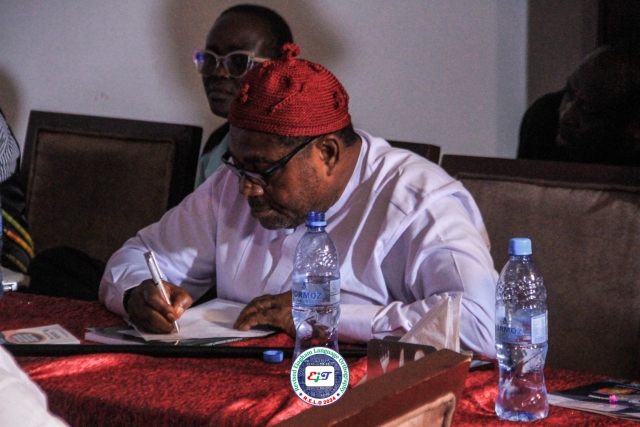
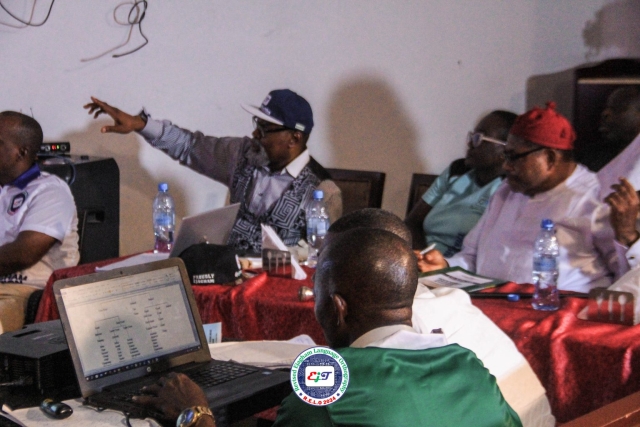
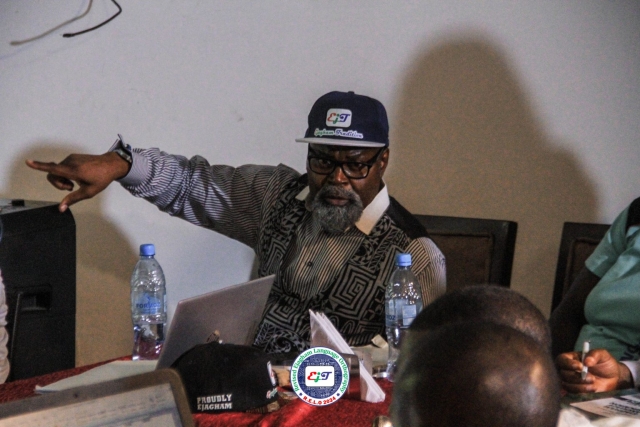
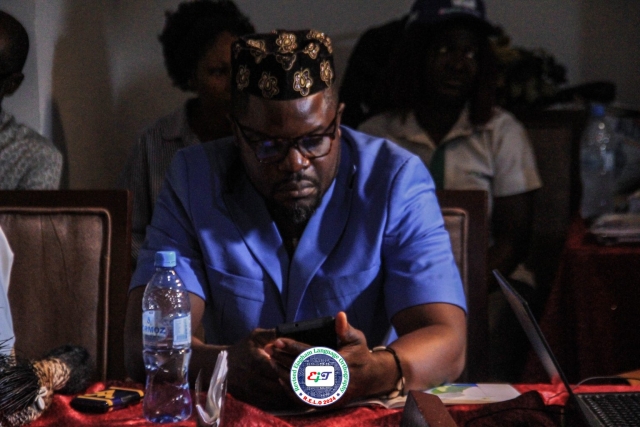
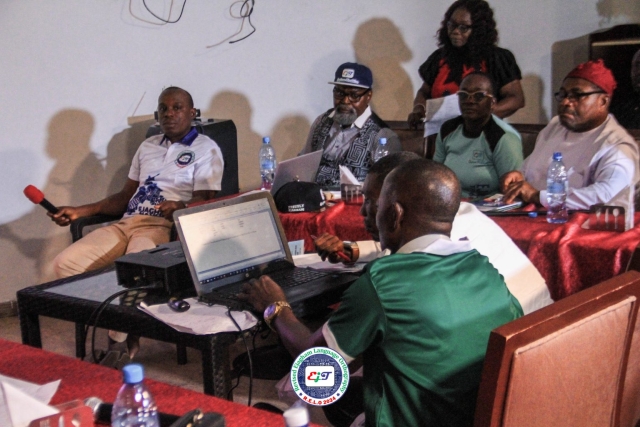
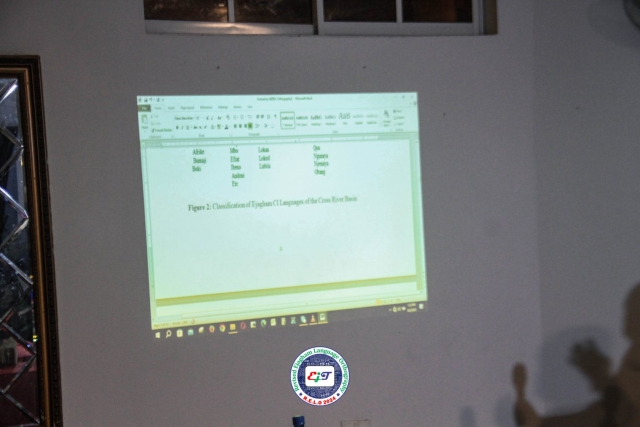
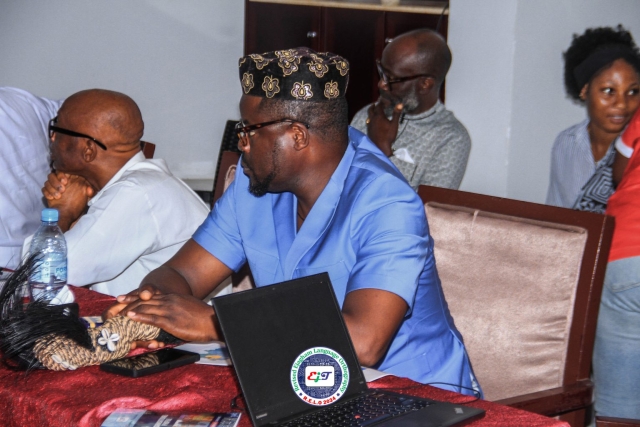
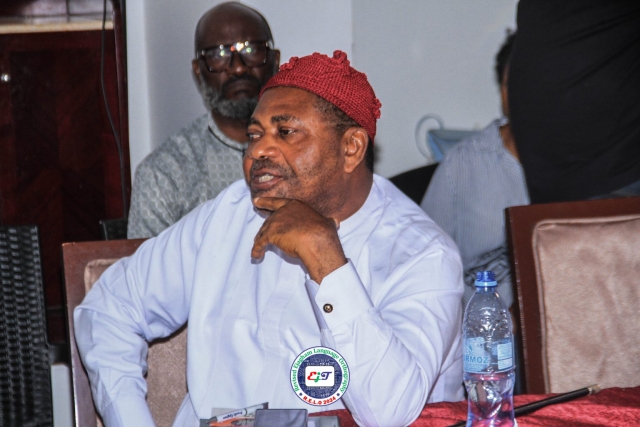
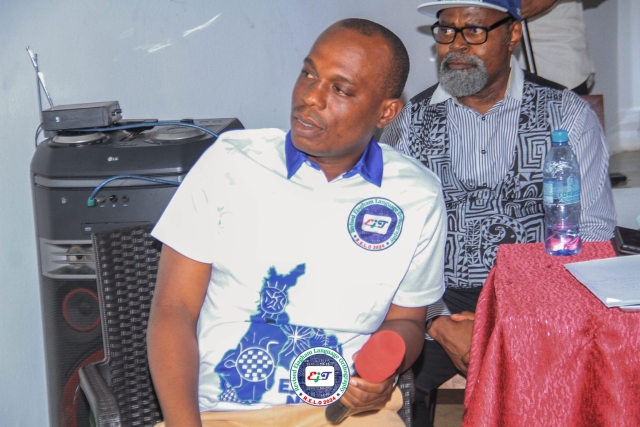
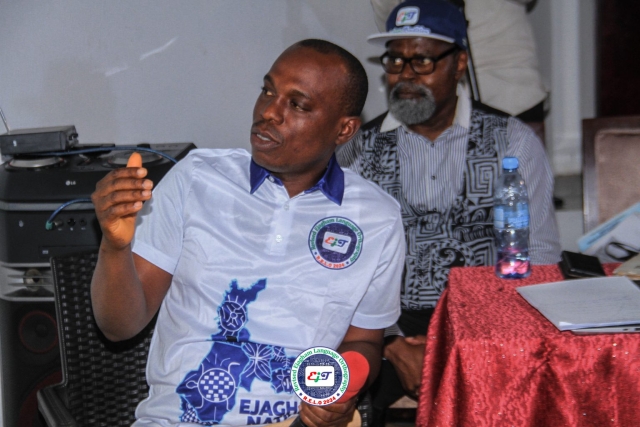
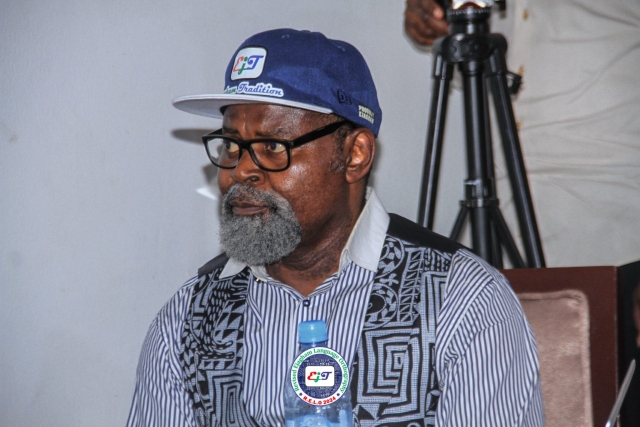
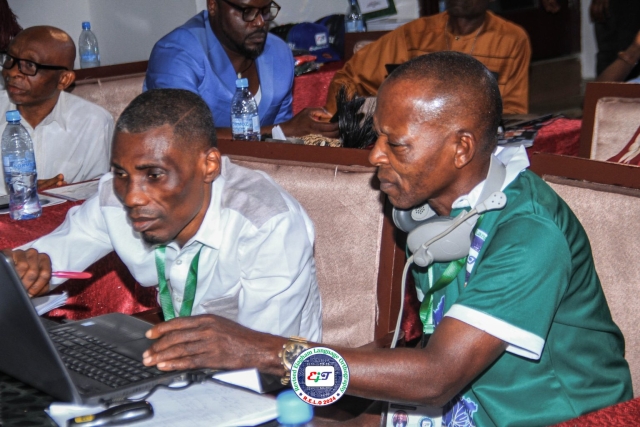
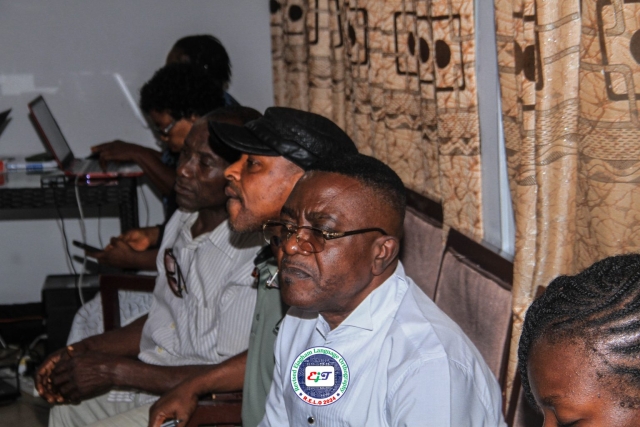
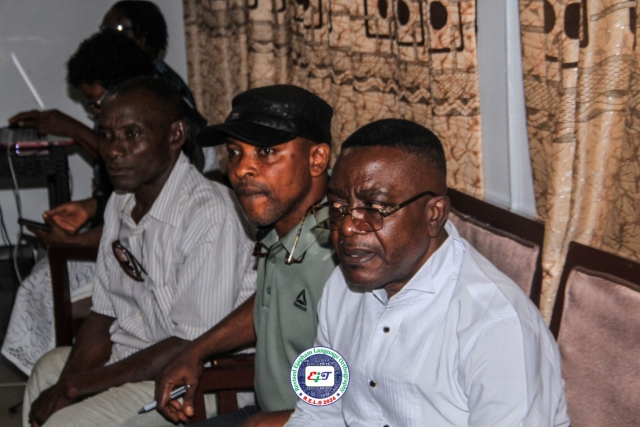
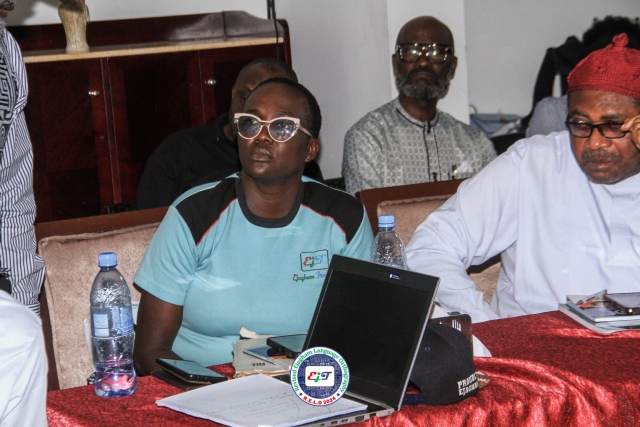
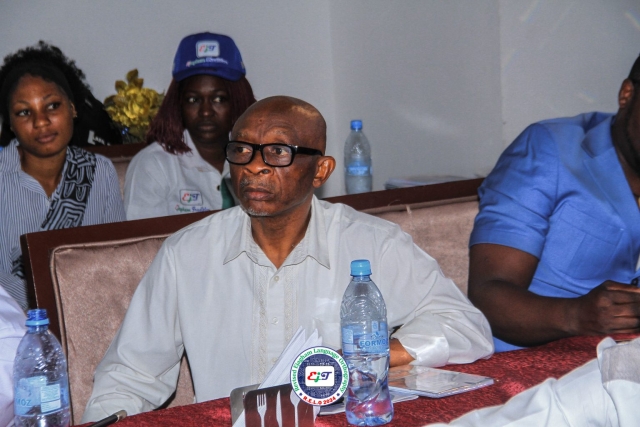
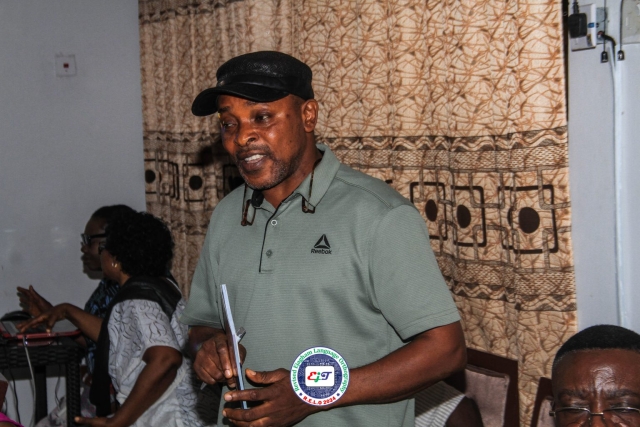
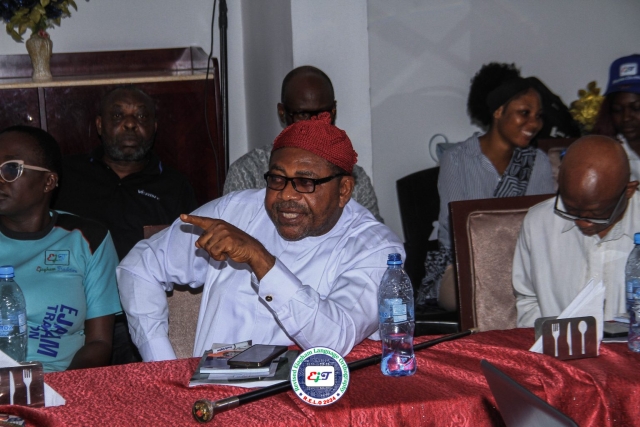
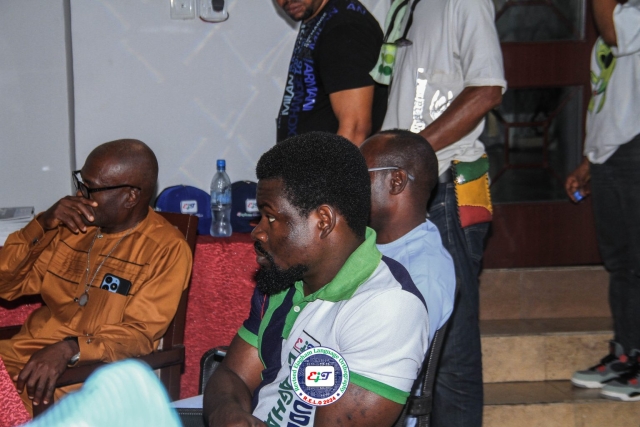
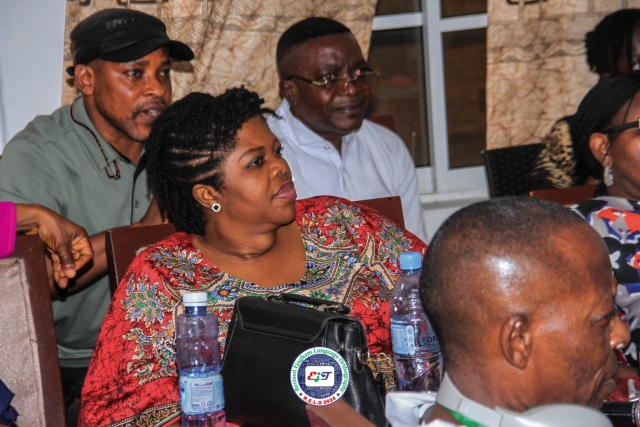
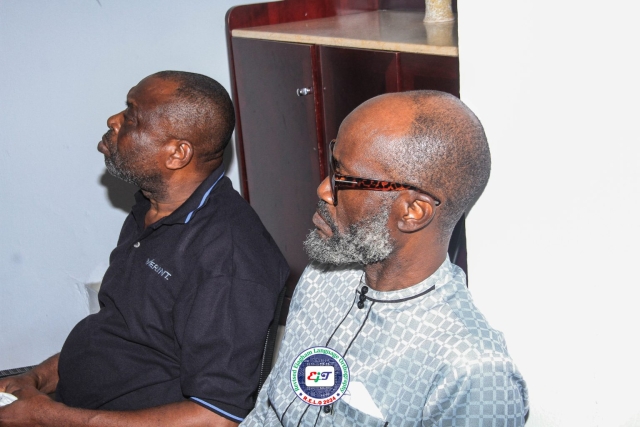
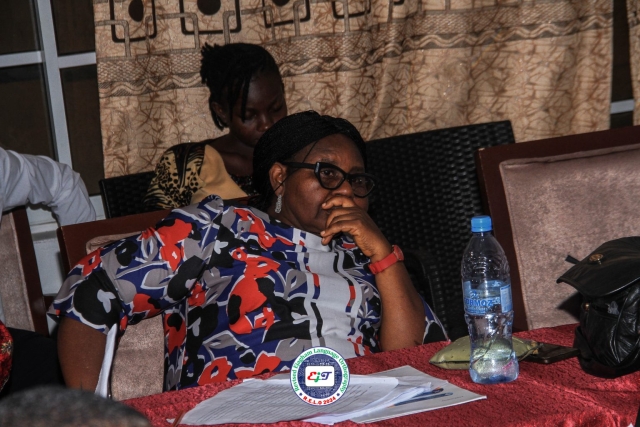
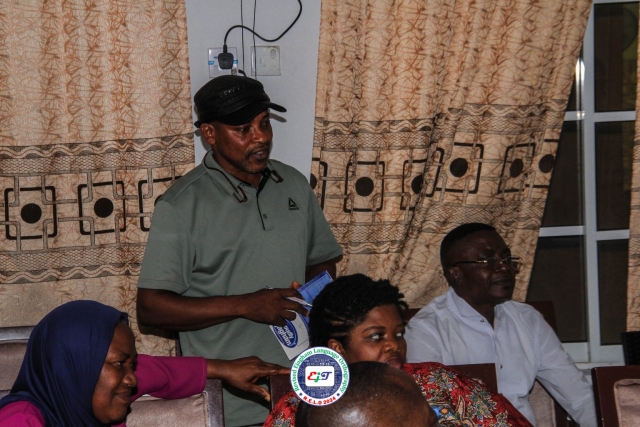
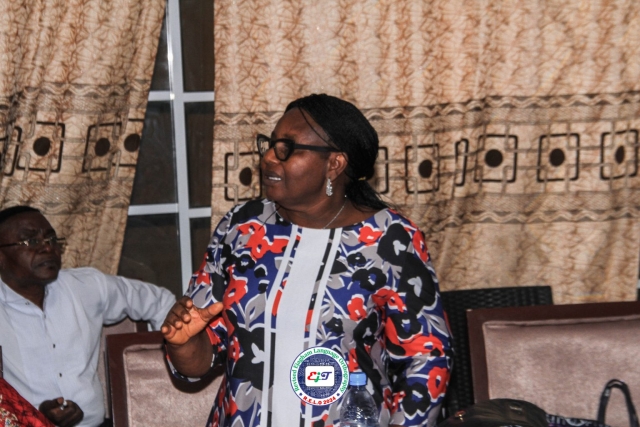
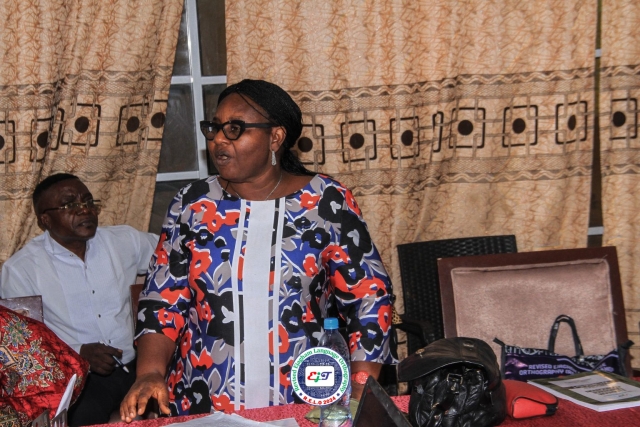
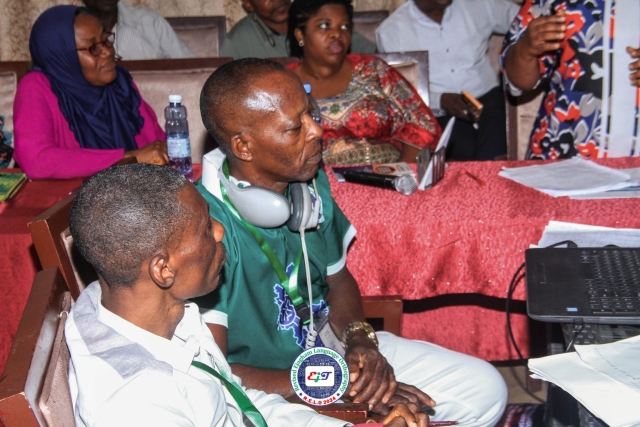
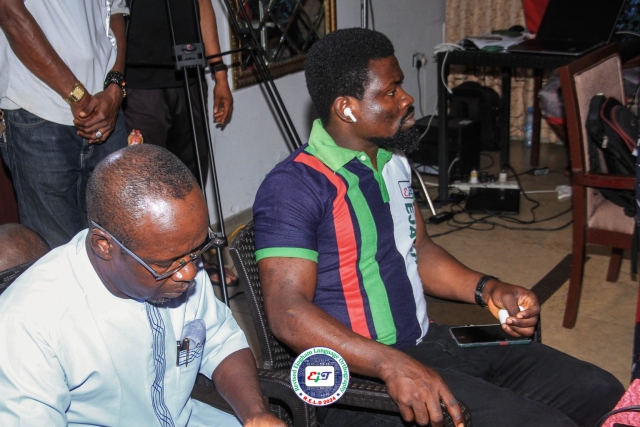
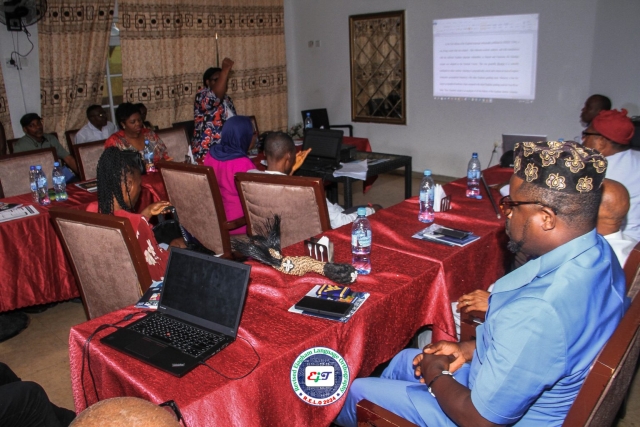
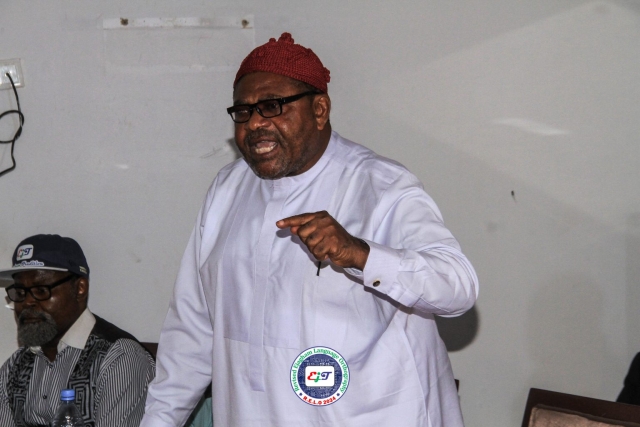
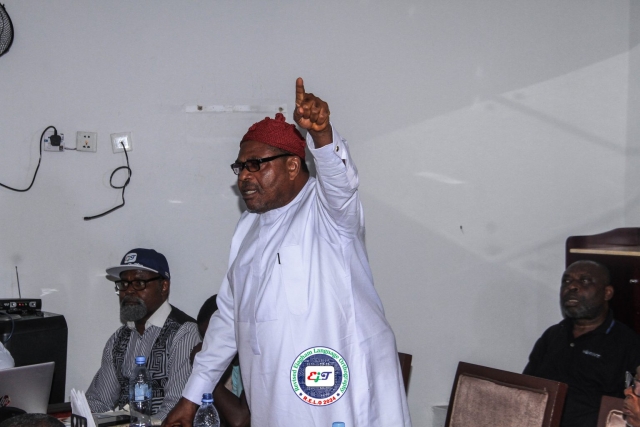
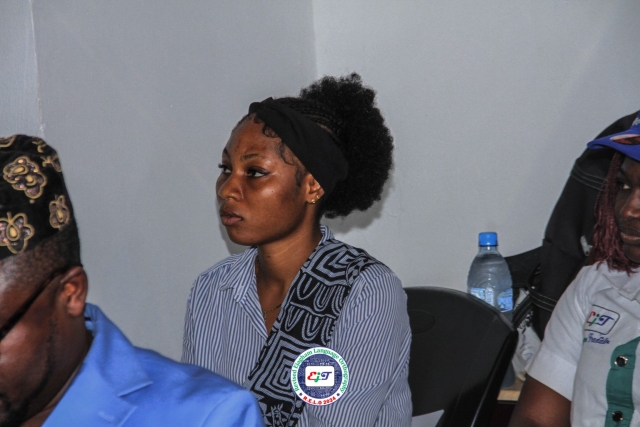
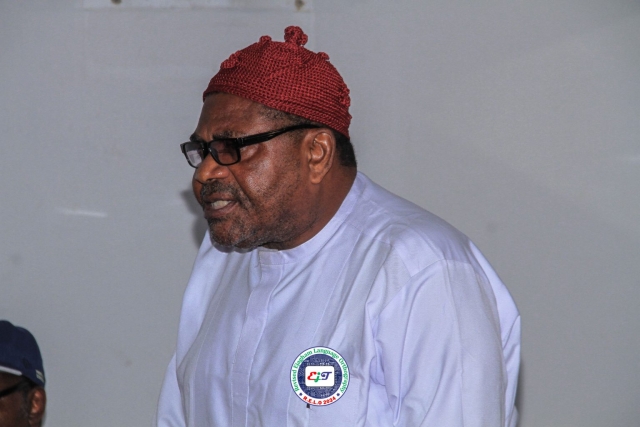
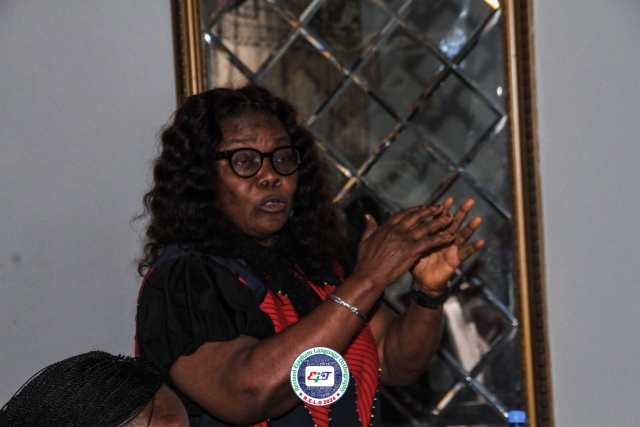
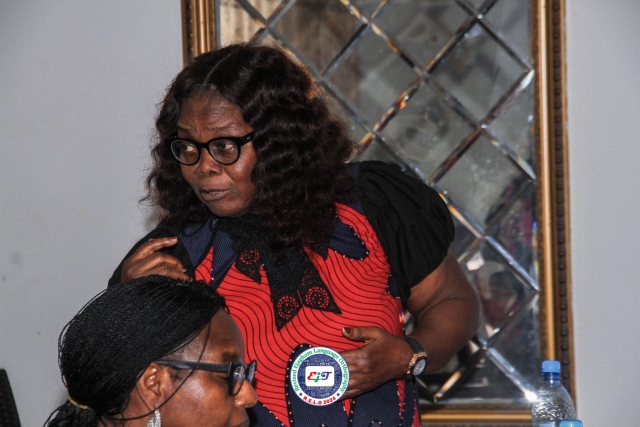
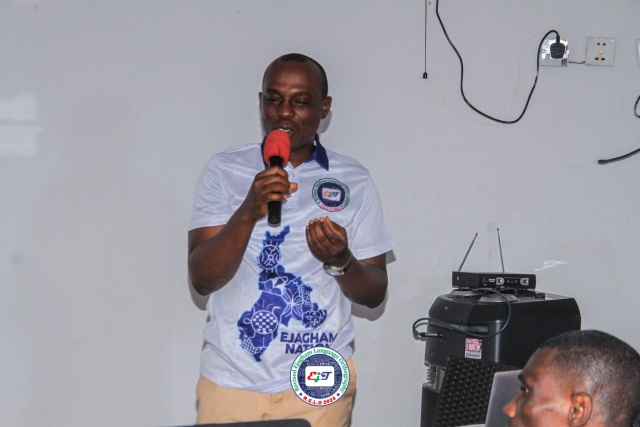
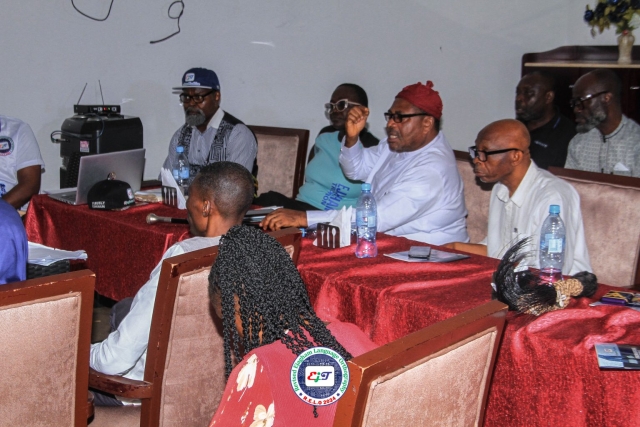
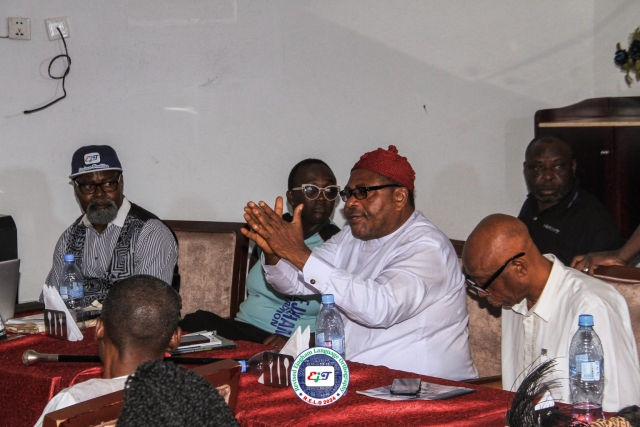
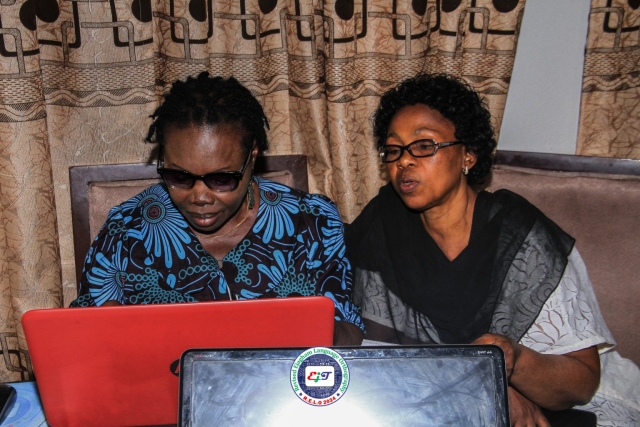
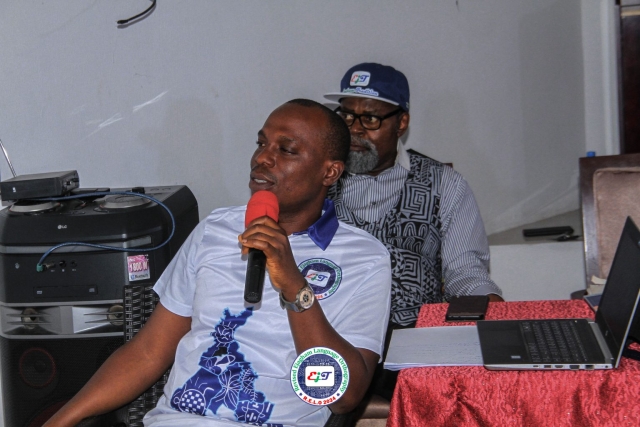
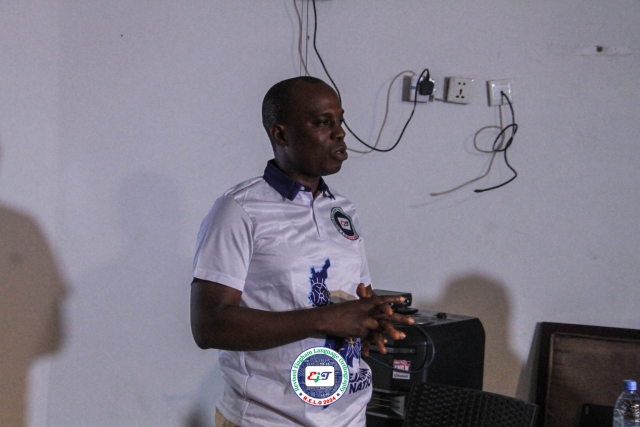
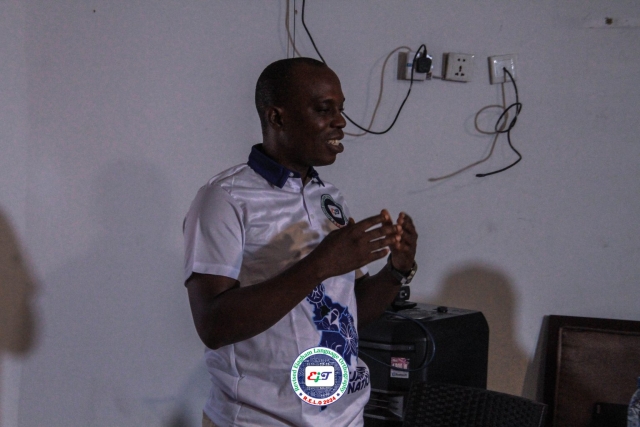
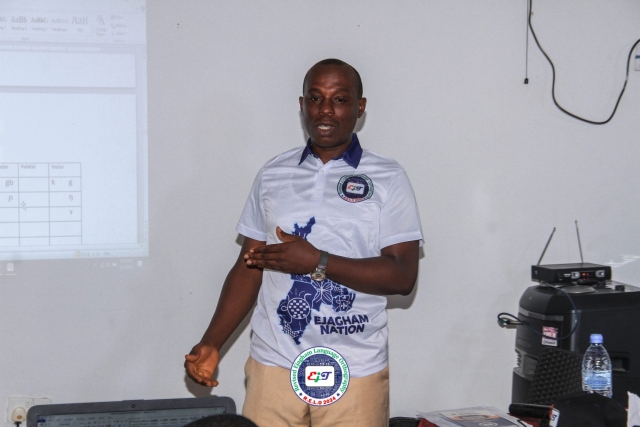
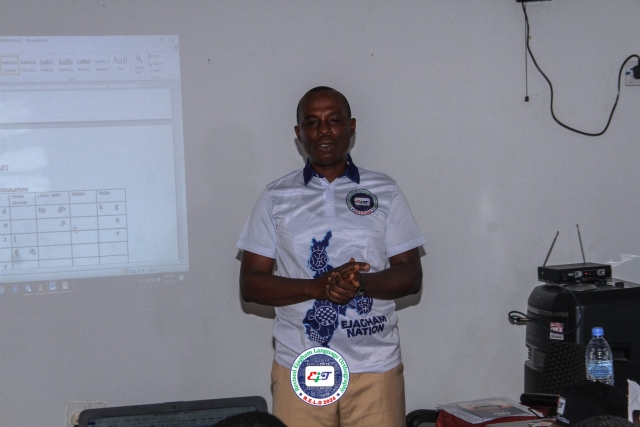
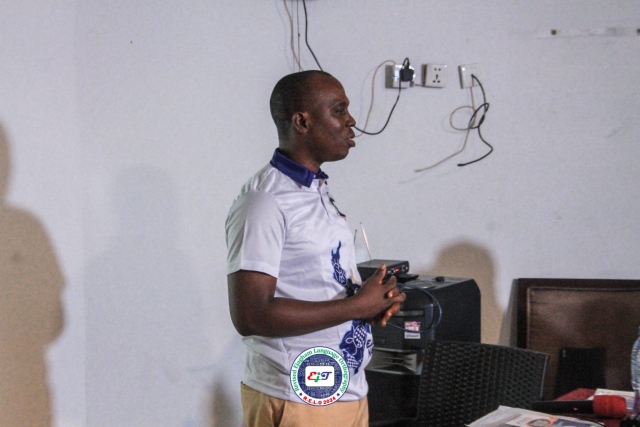
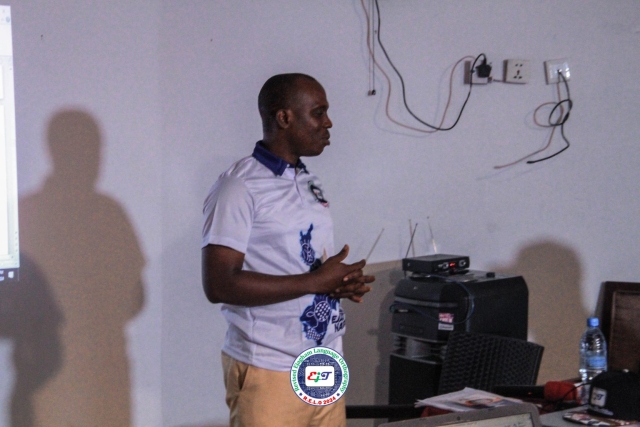
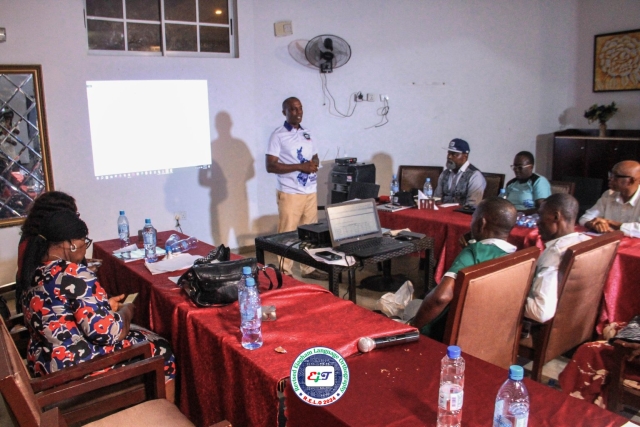
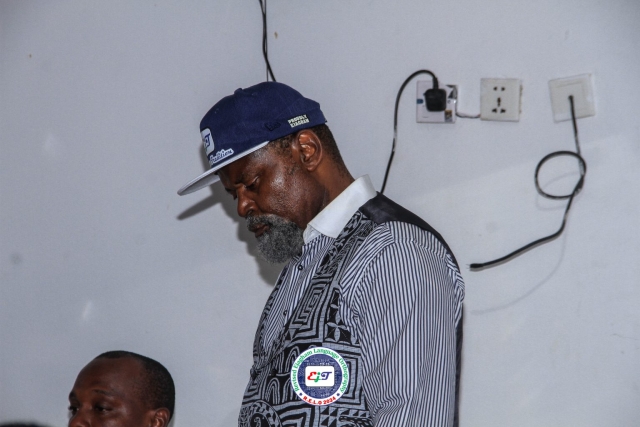
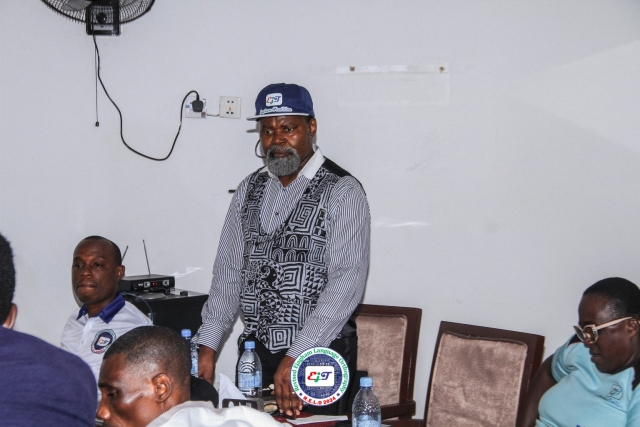
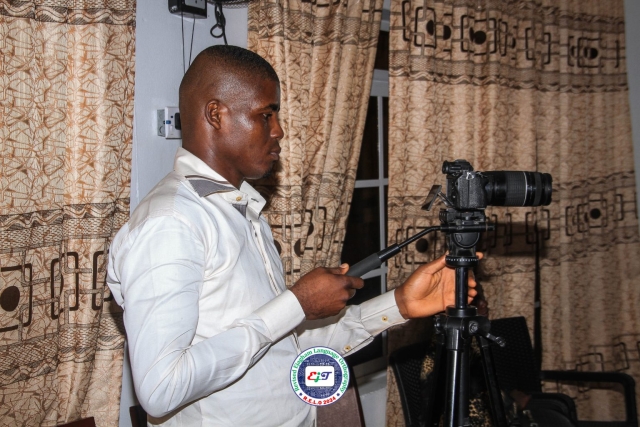
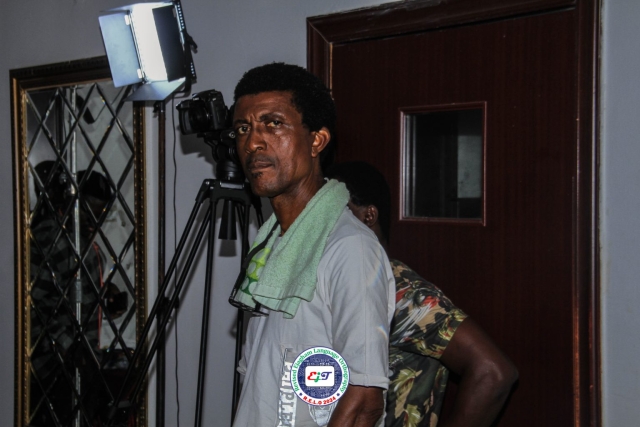
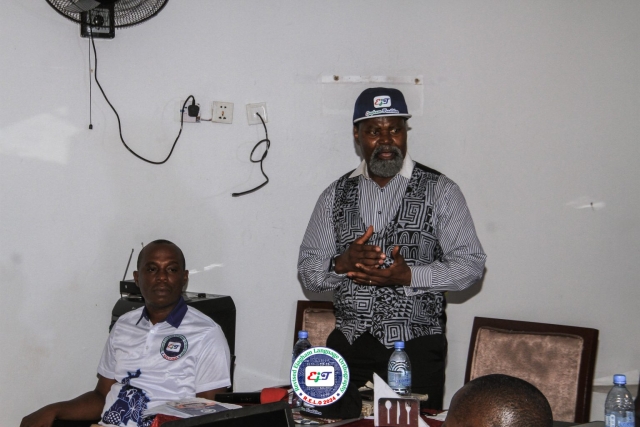
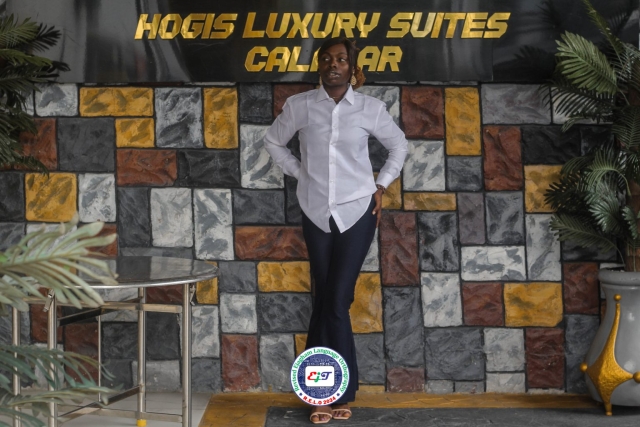
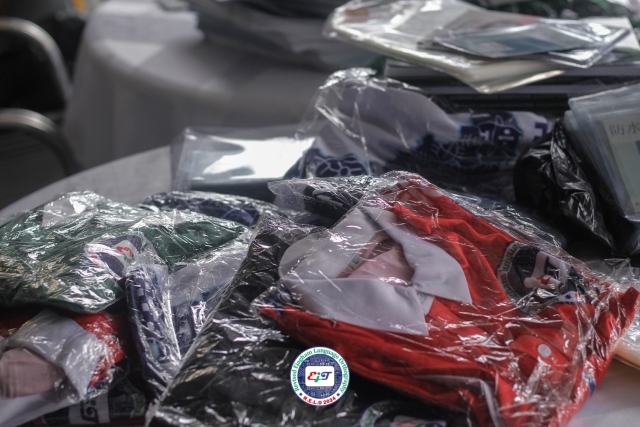
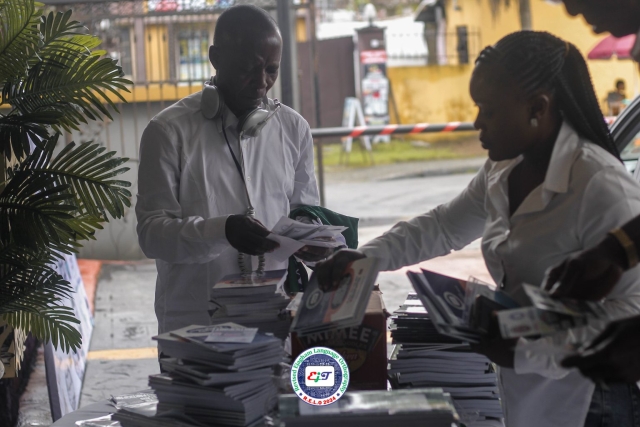
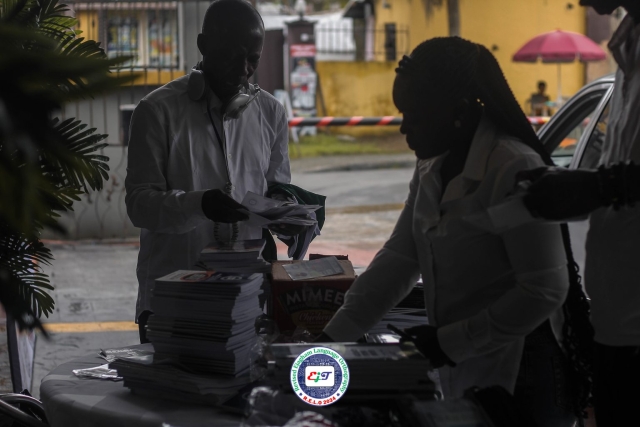
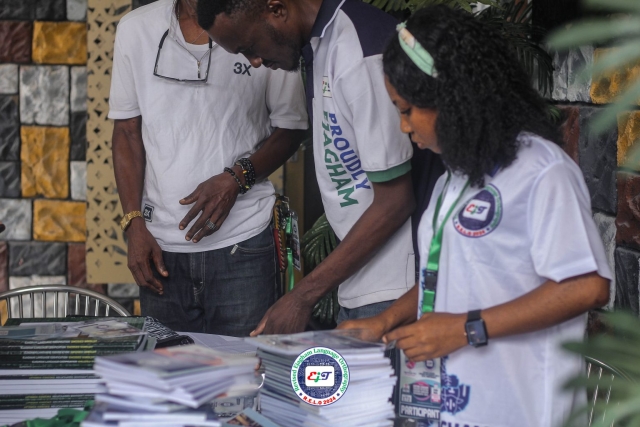
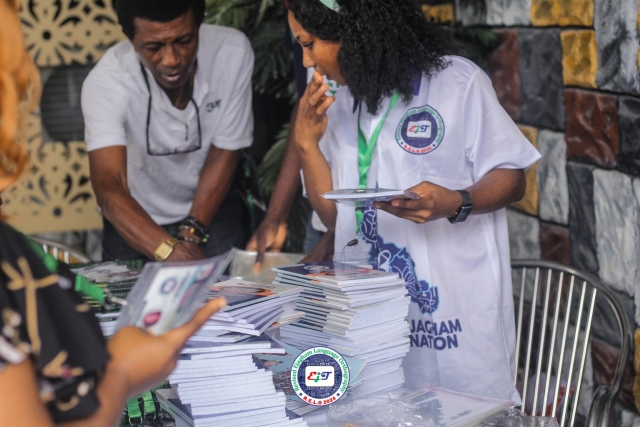
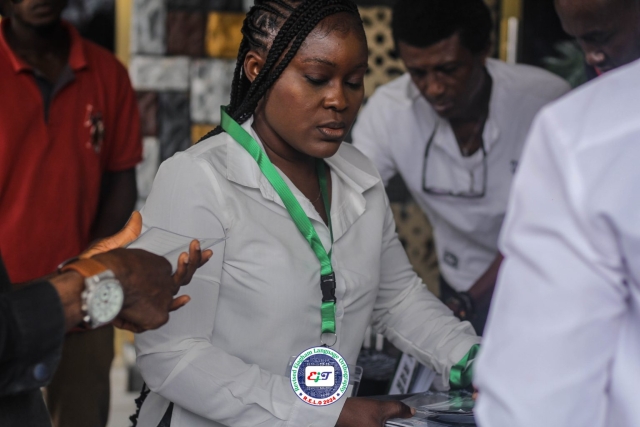
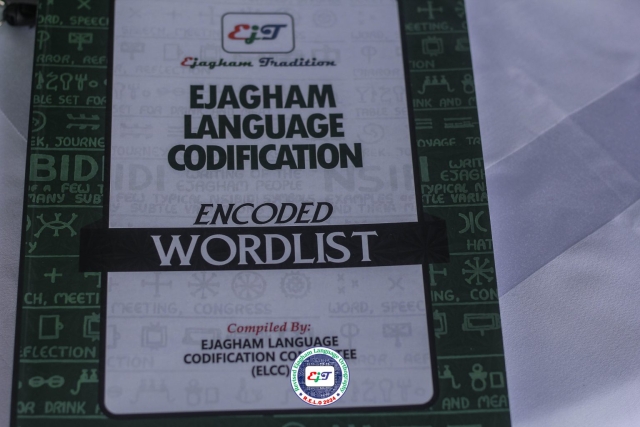
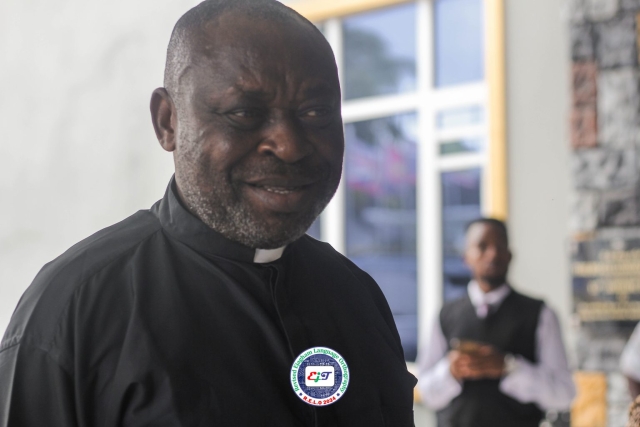
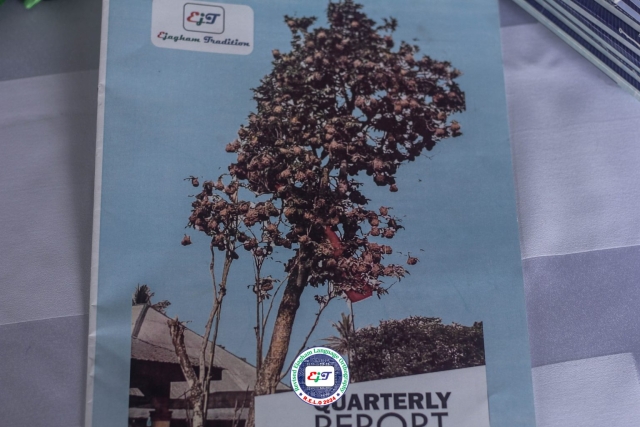
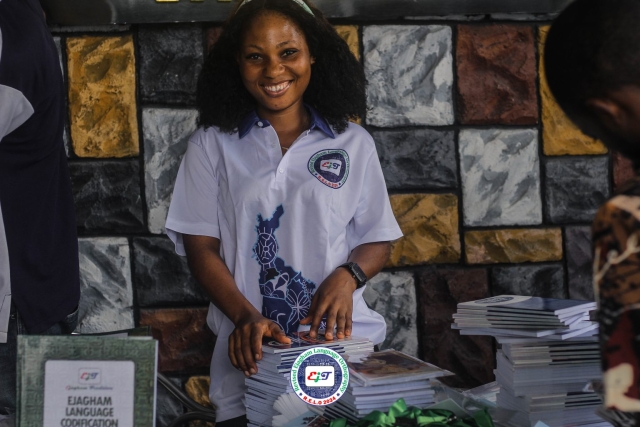
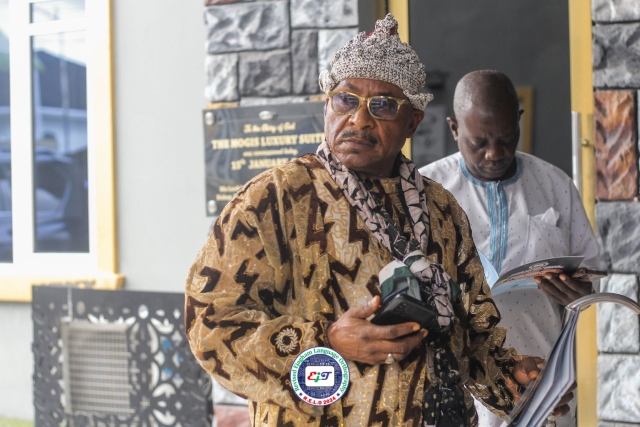
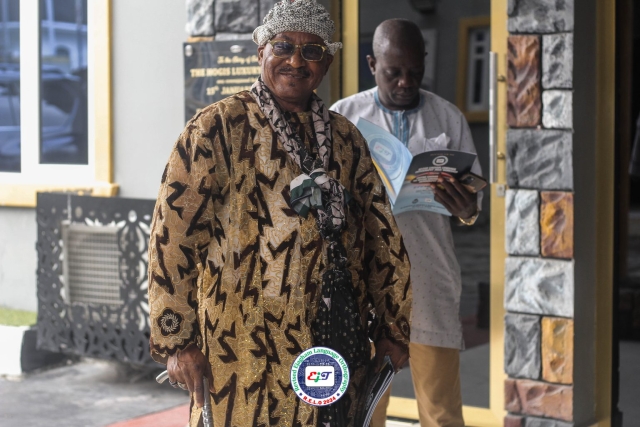
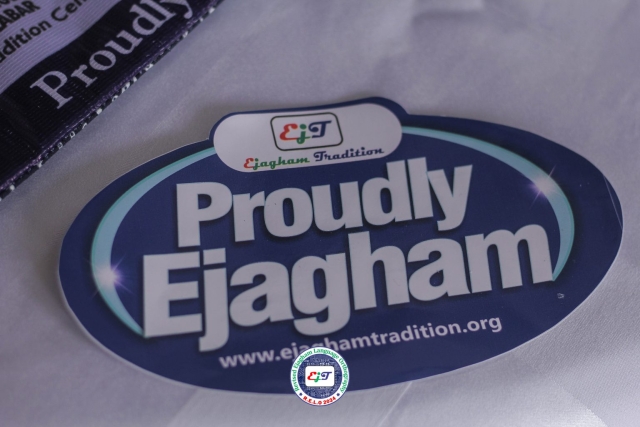
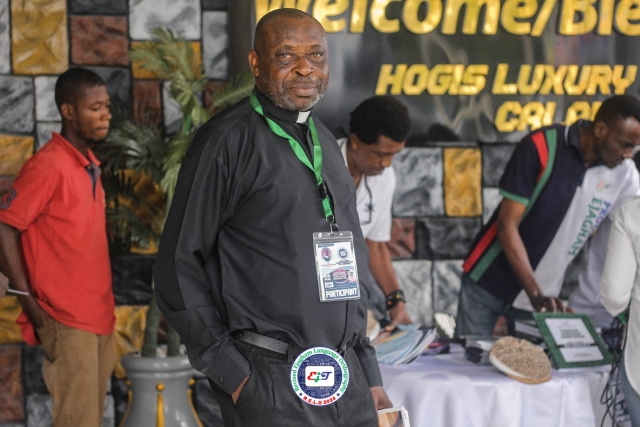
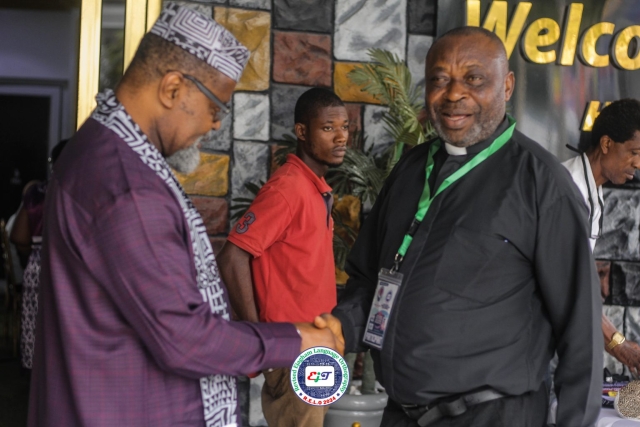
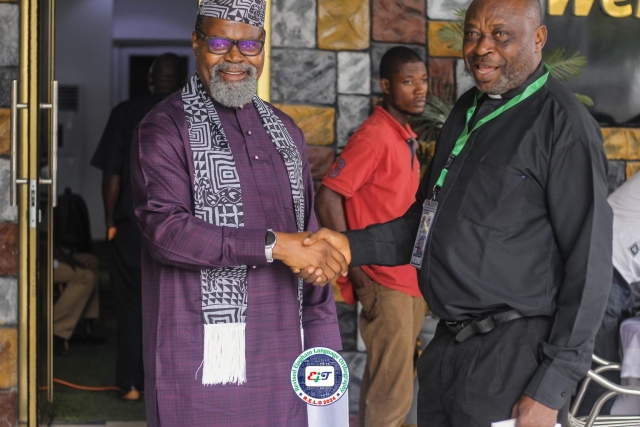
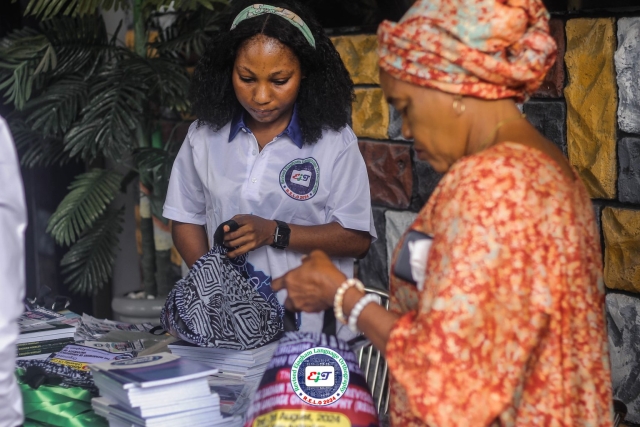
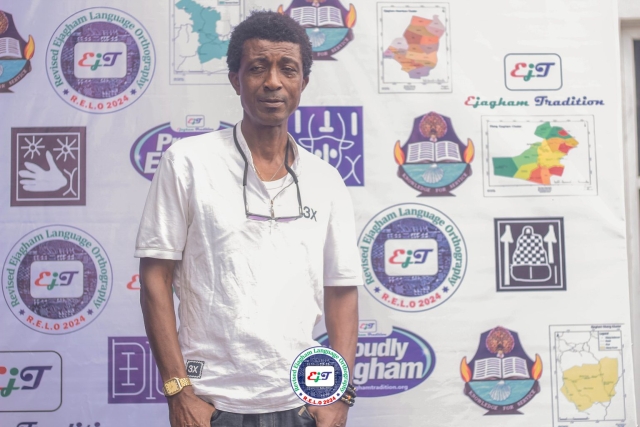
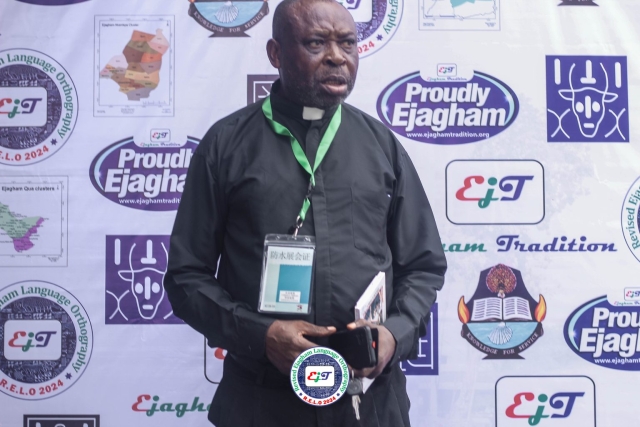
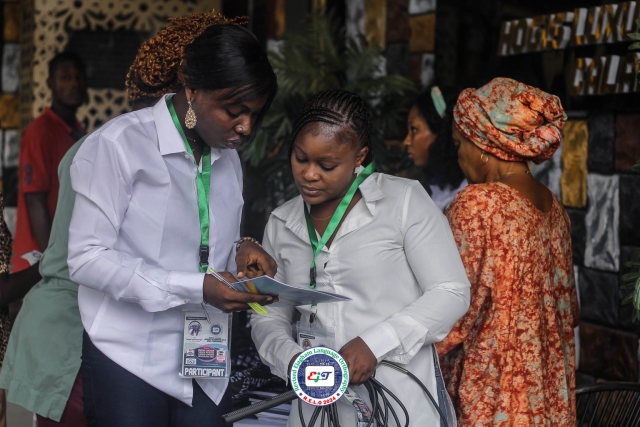
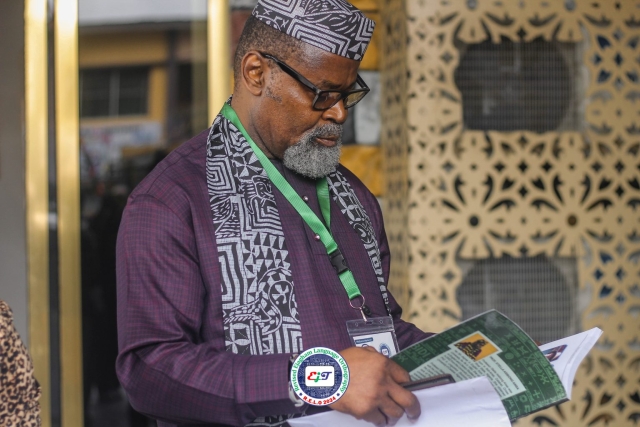
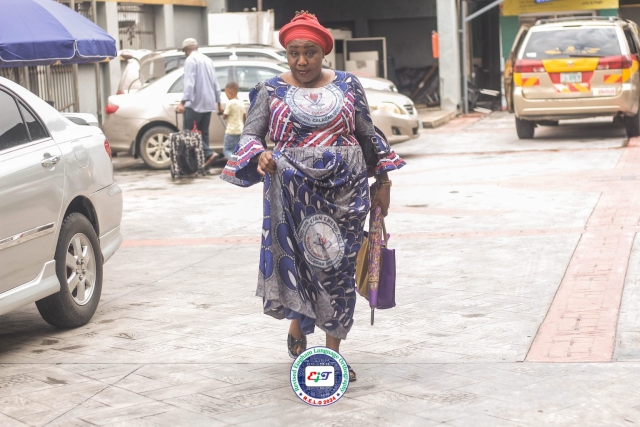
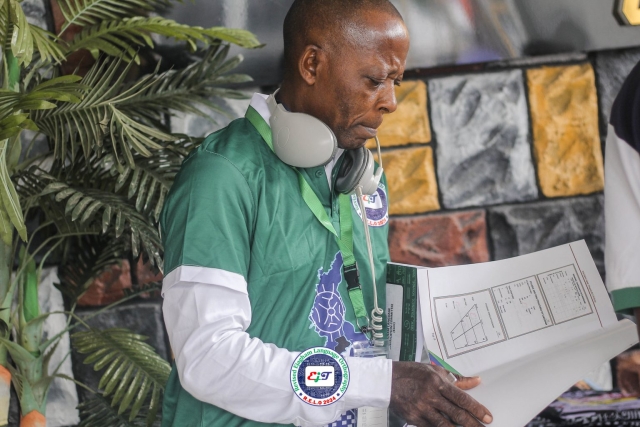
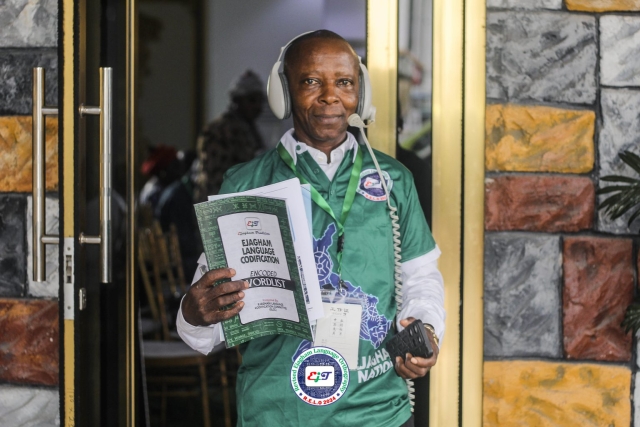
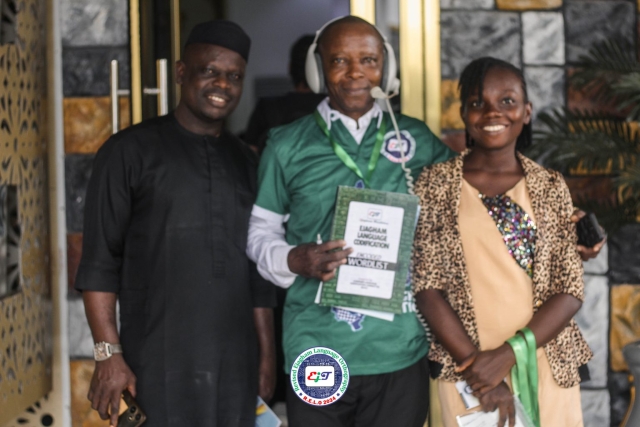
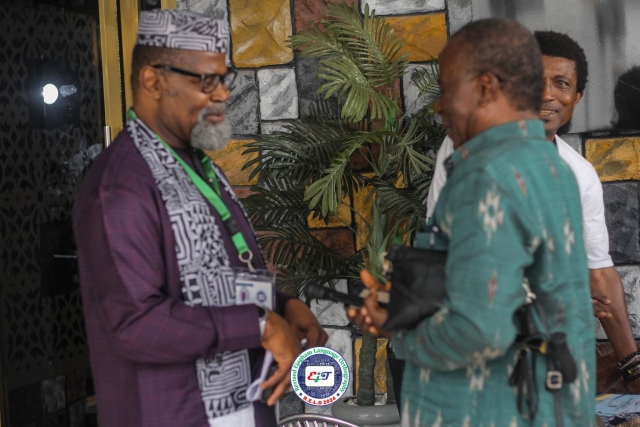
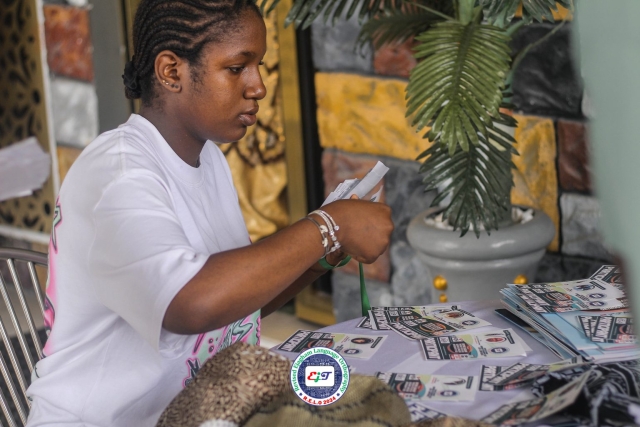
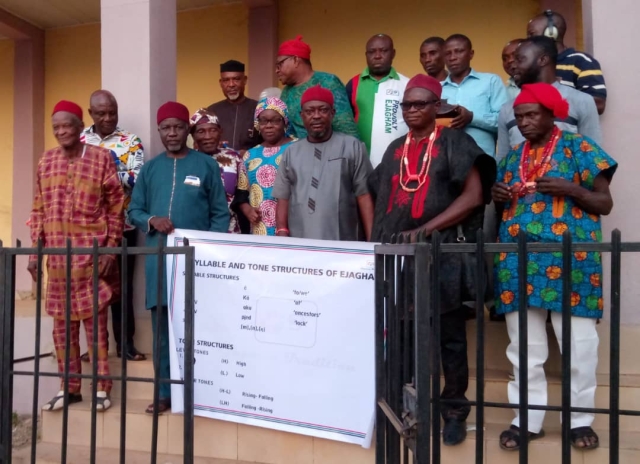
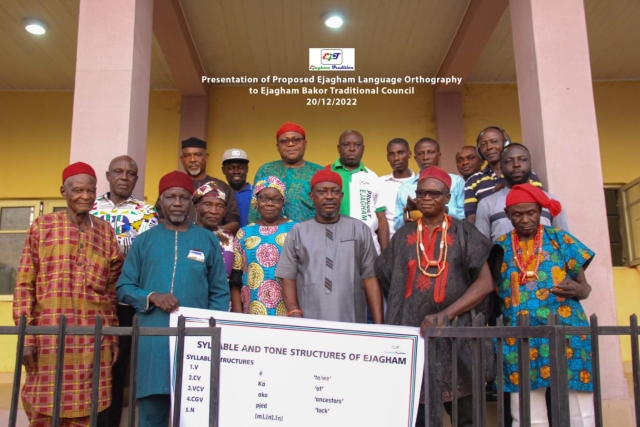
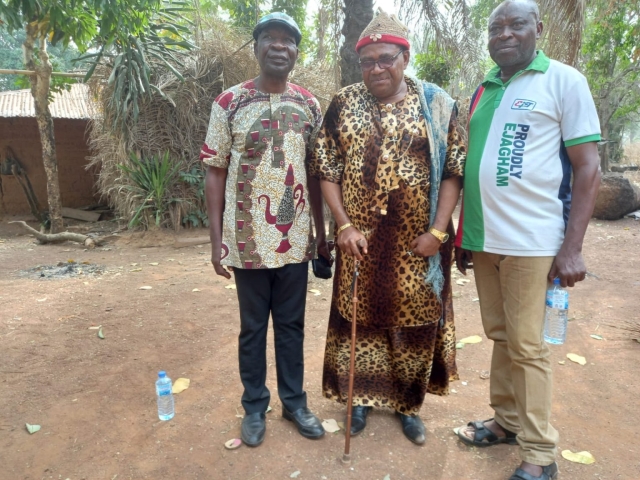
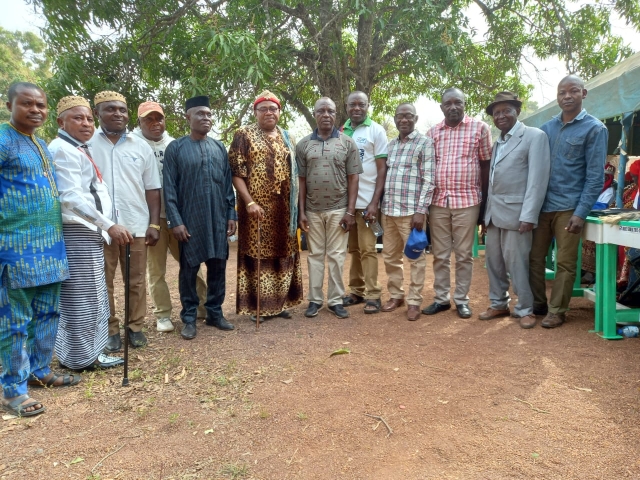
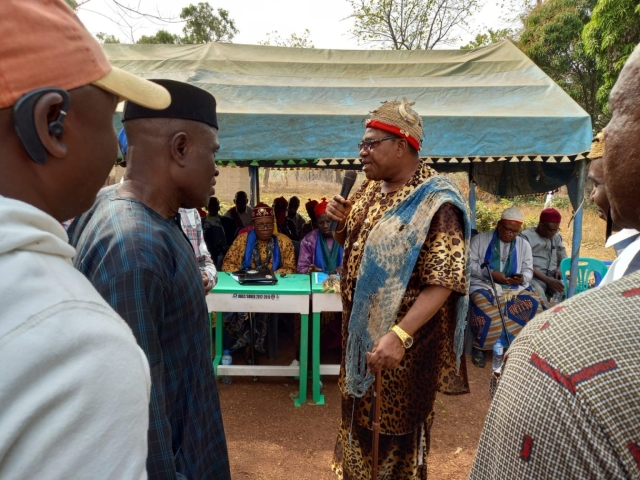
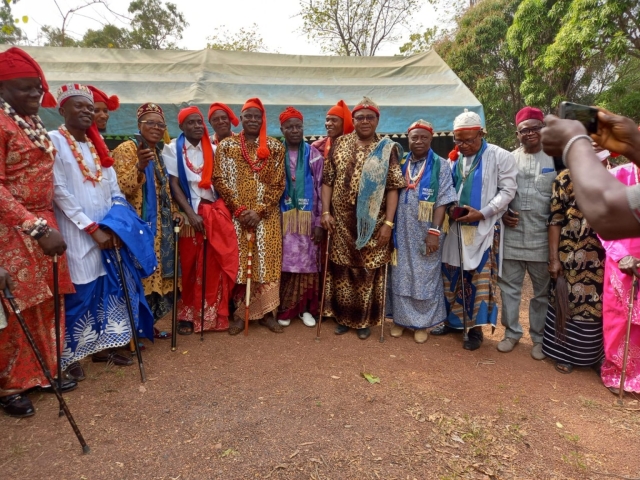
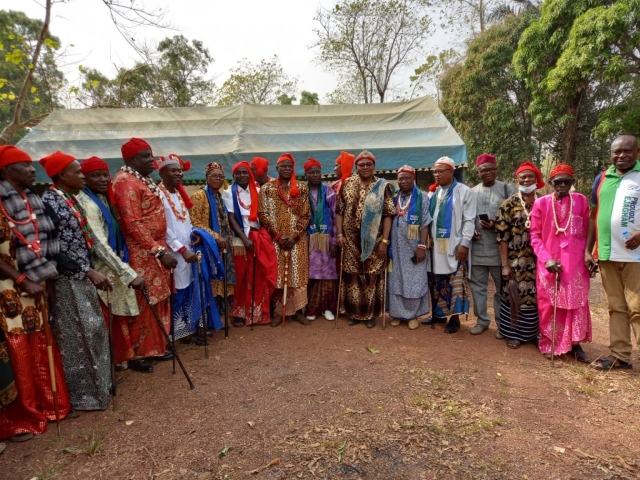
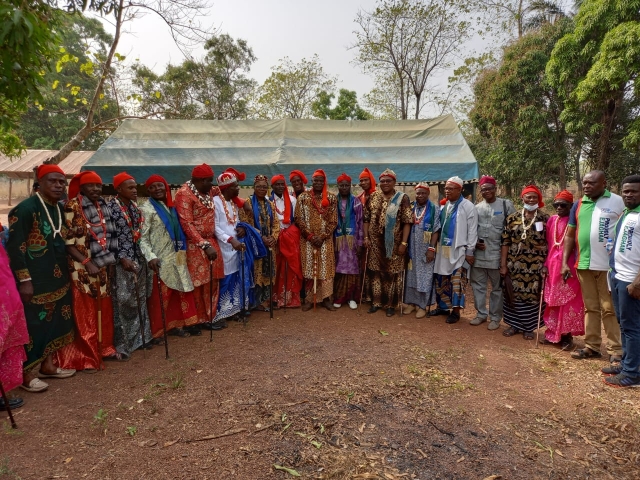
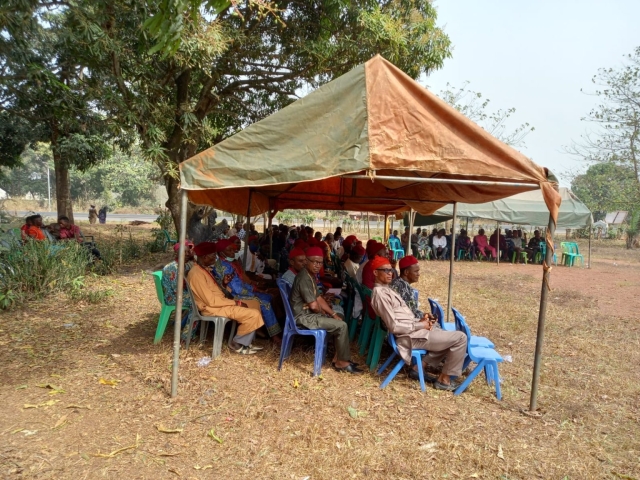
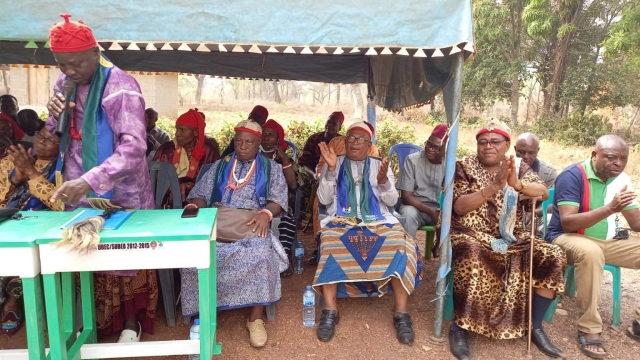
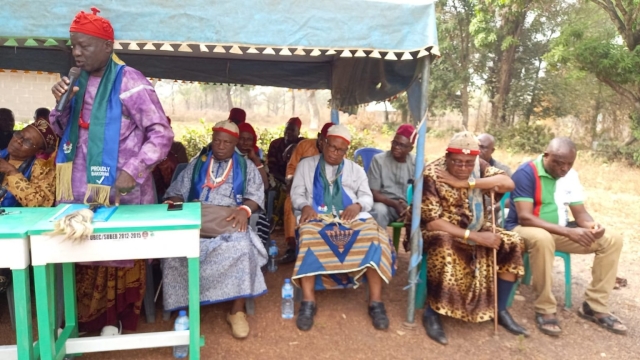
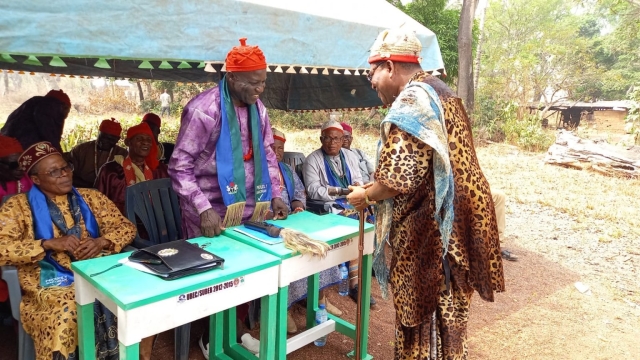
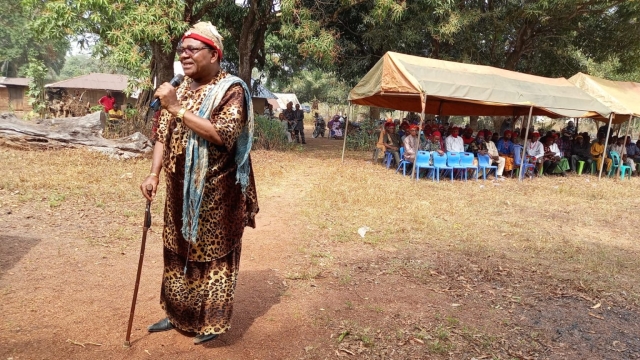
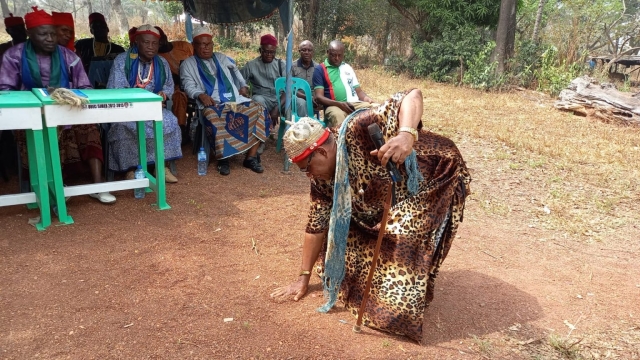
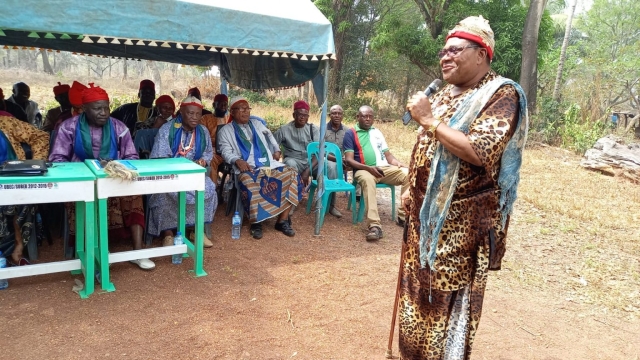
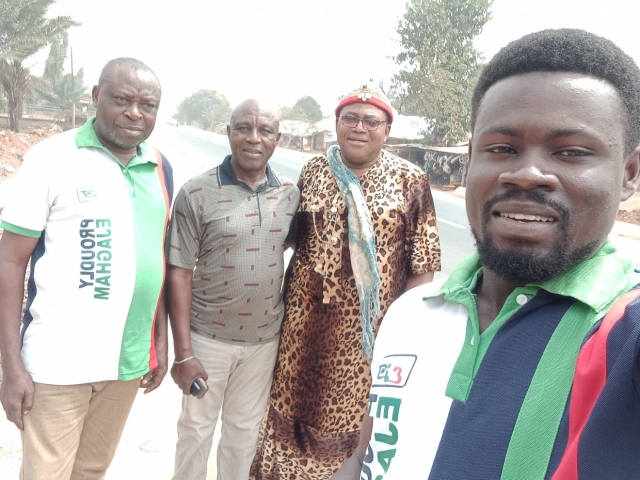
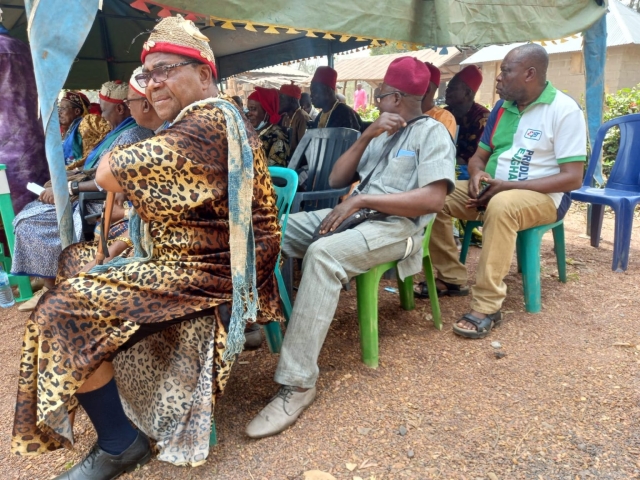
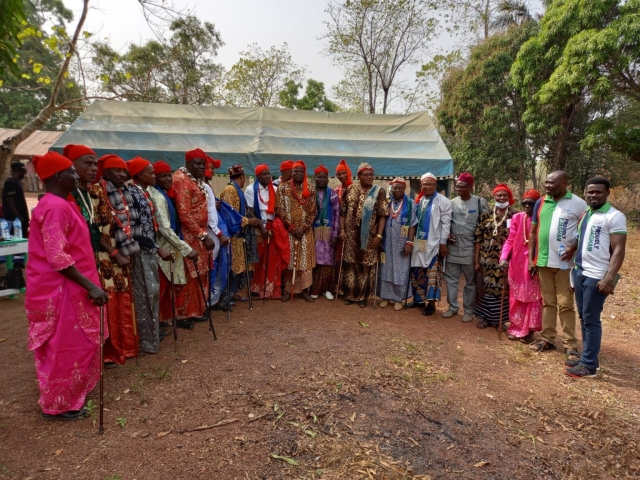
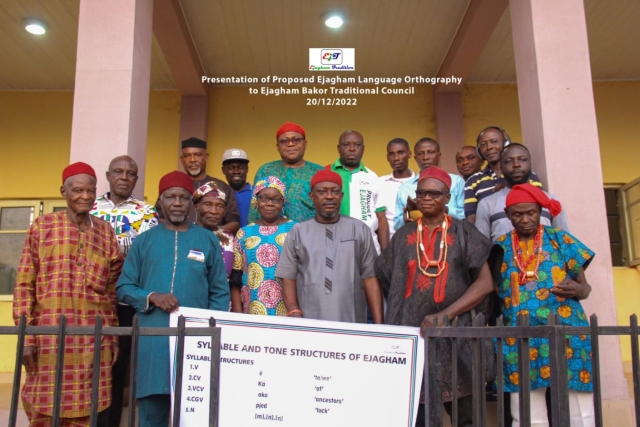
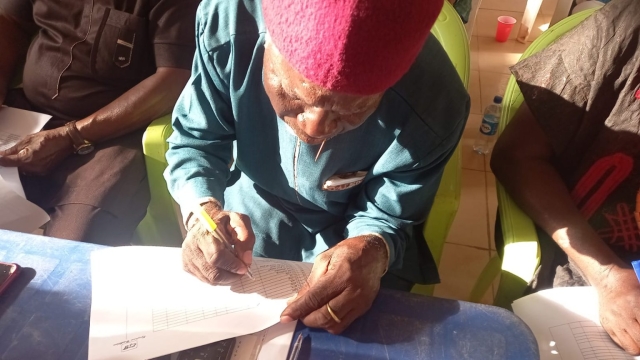
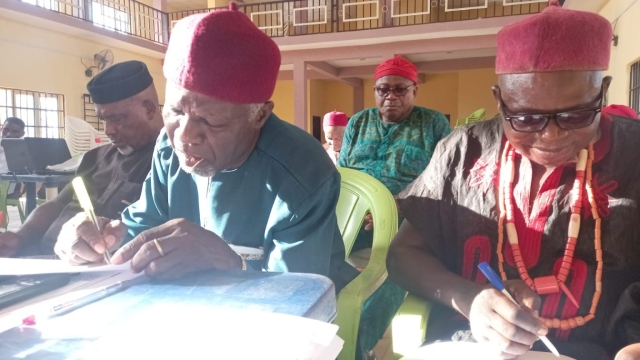
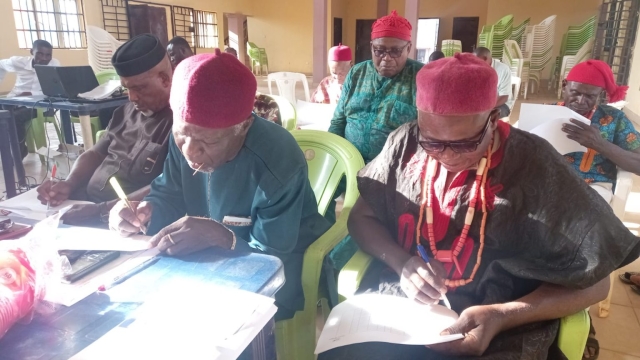
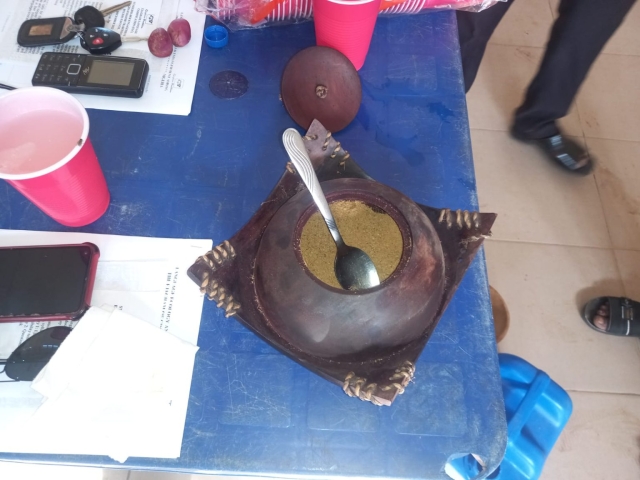
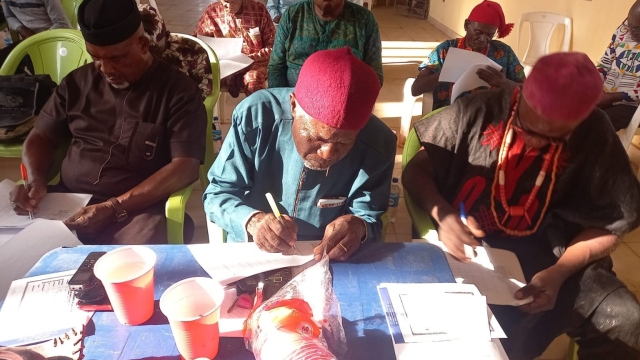
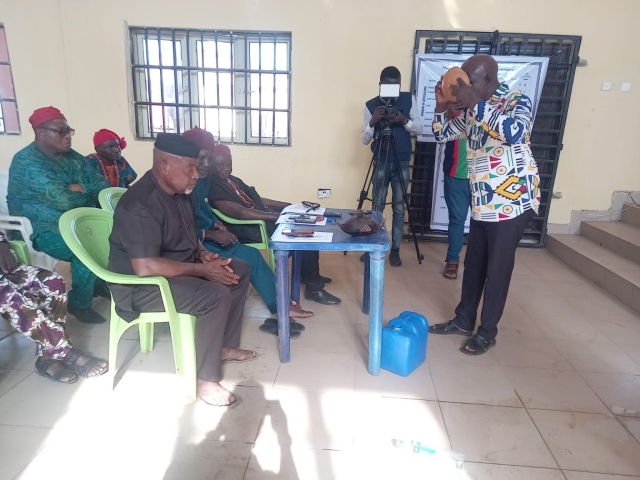
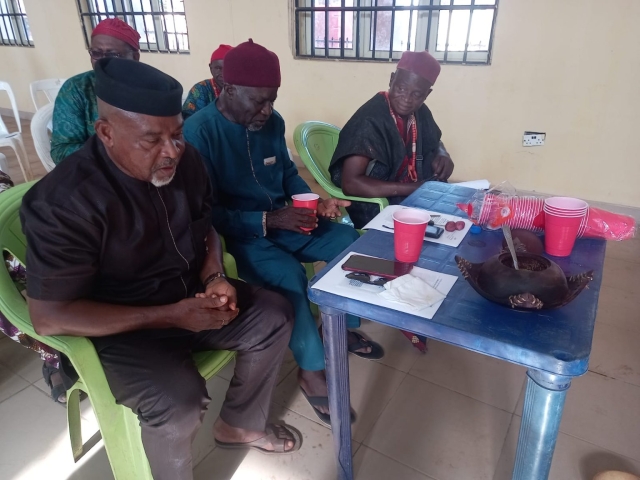
Nta Etta Atabe
It was a good place to be. The experience, activities were a top notch!